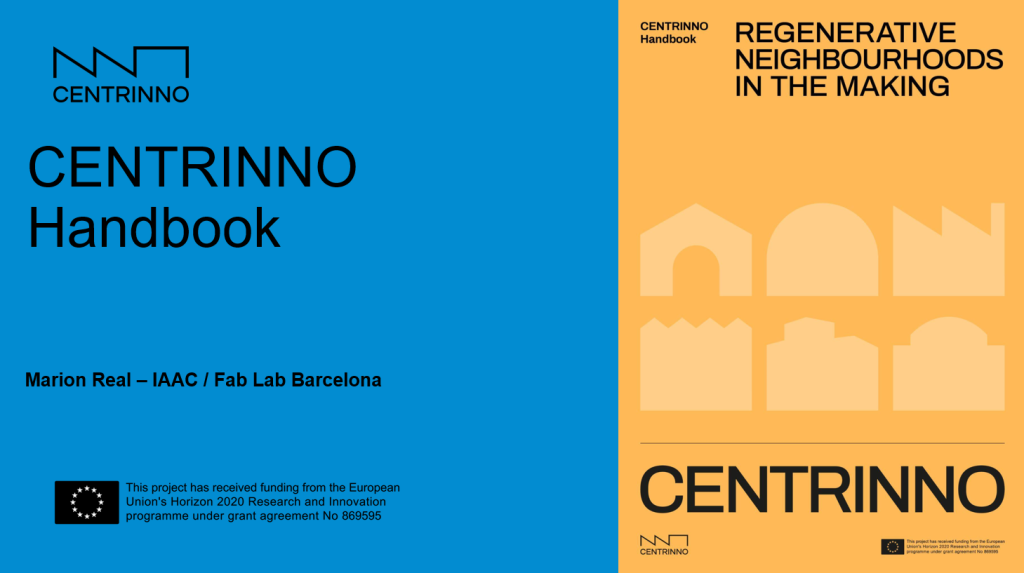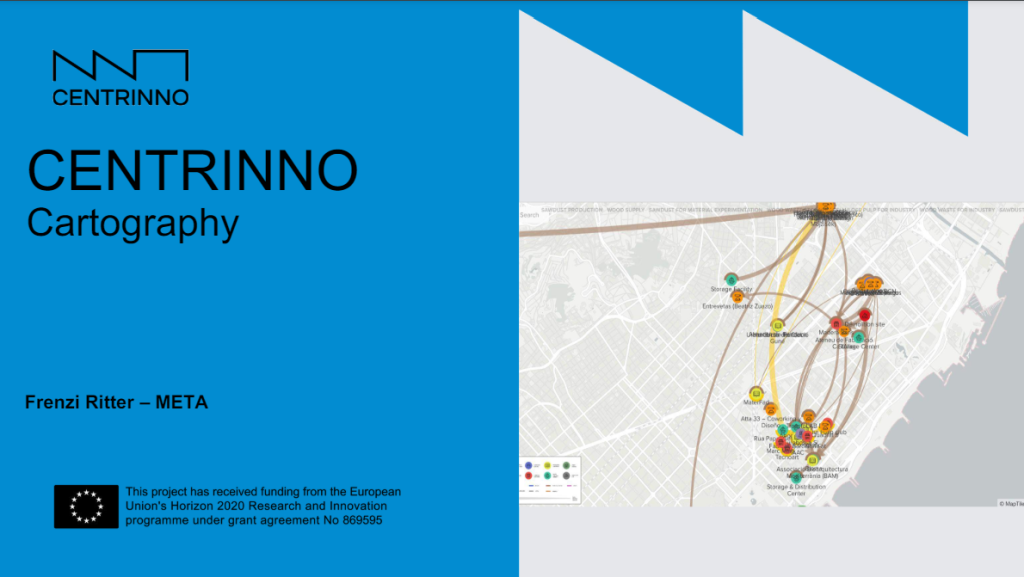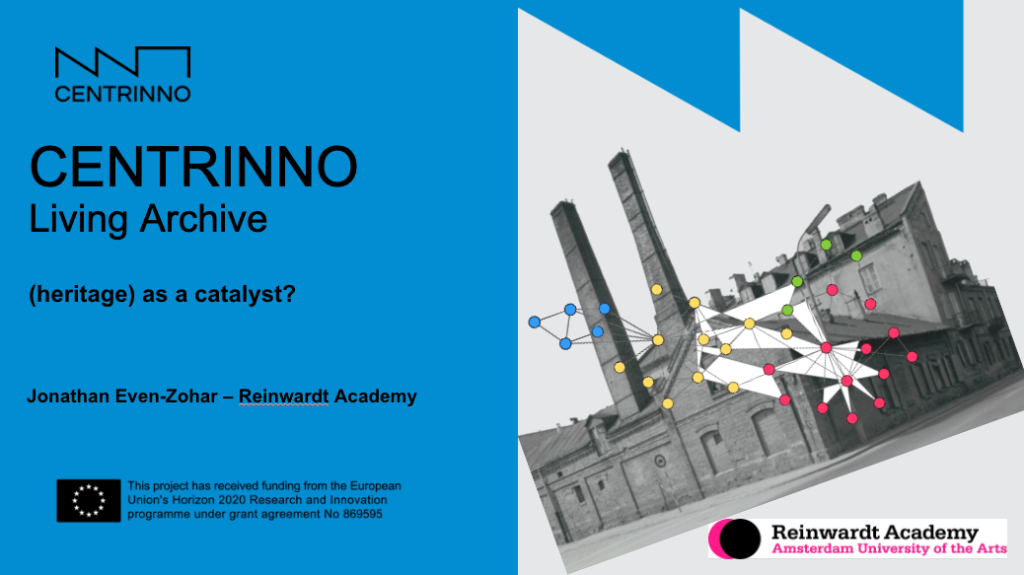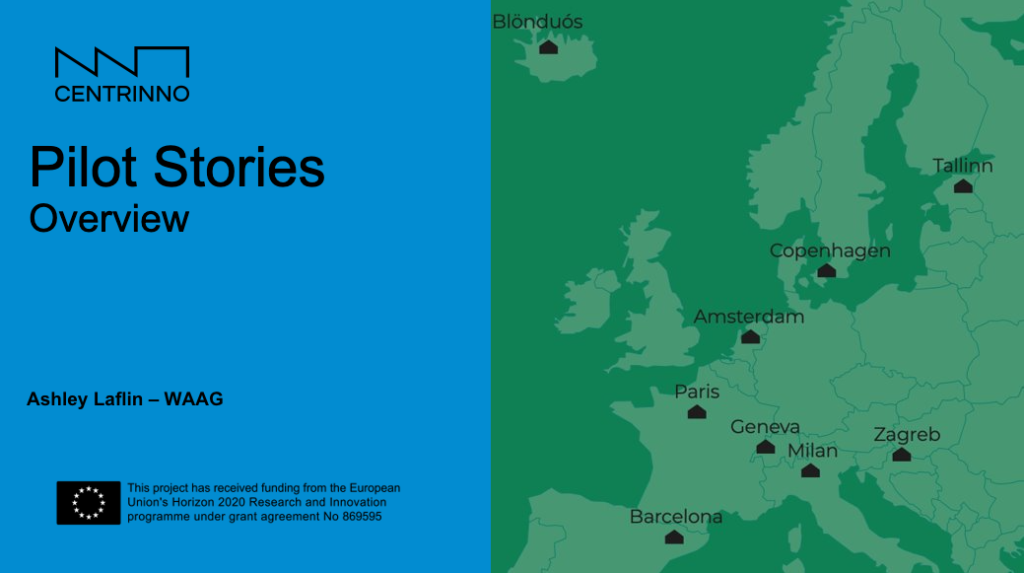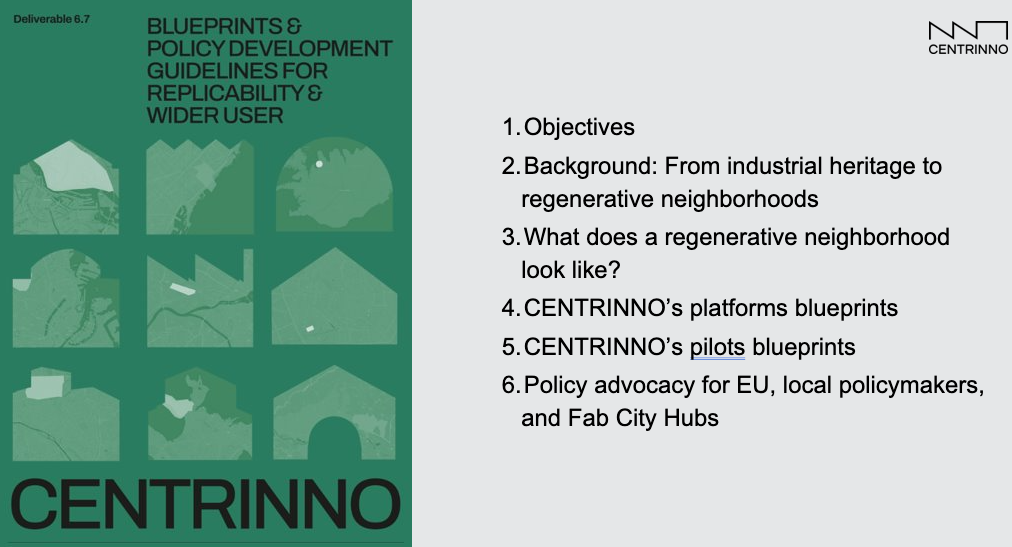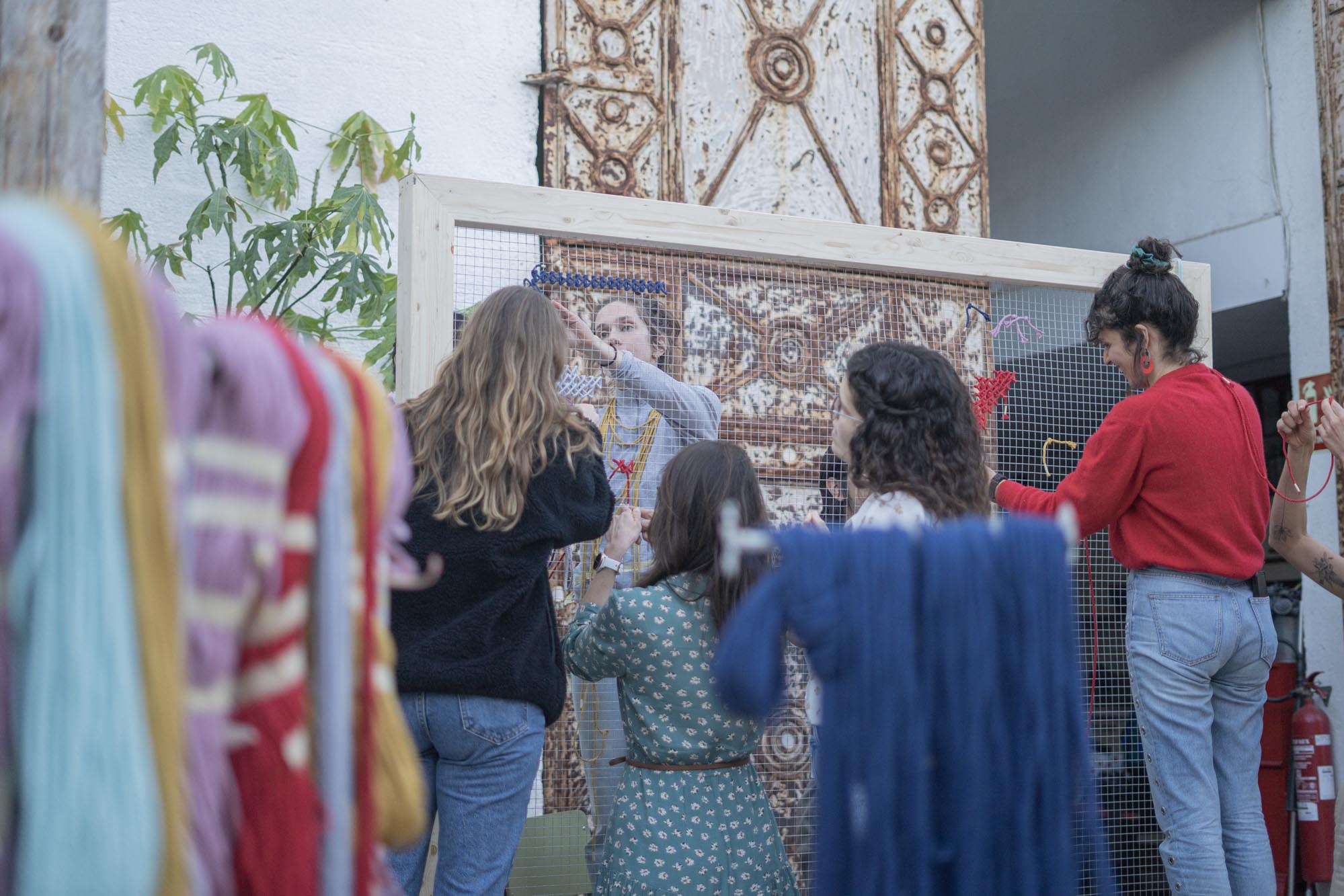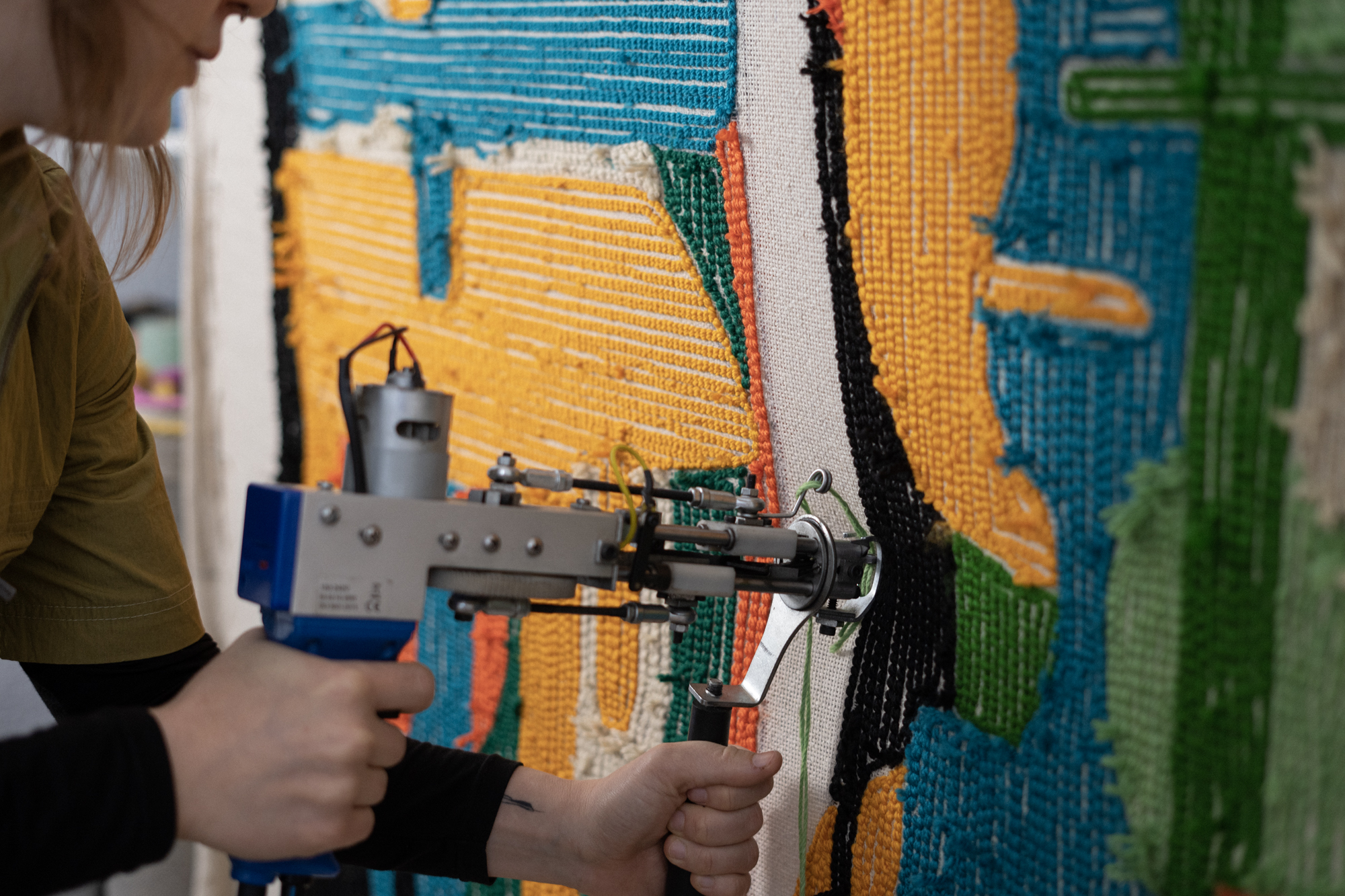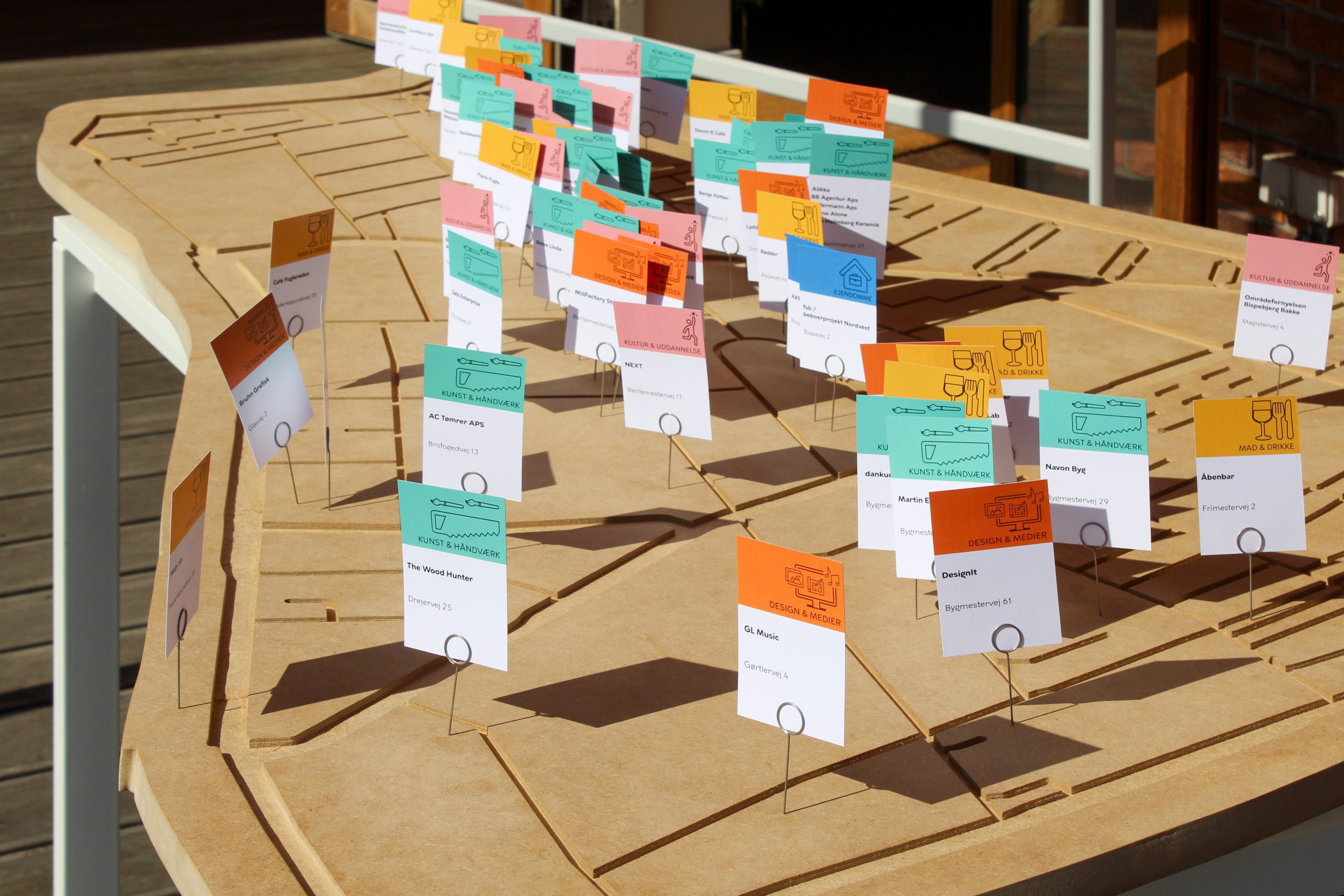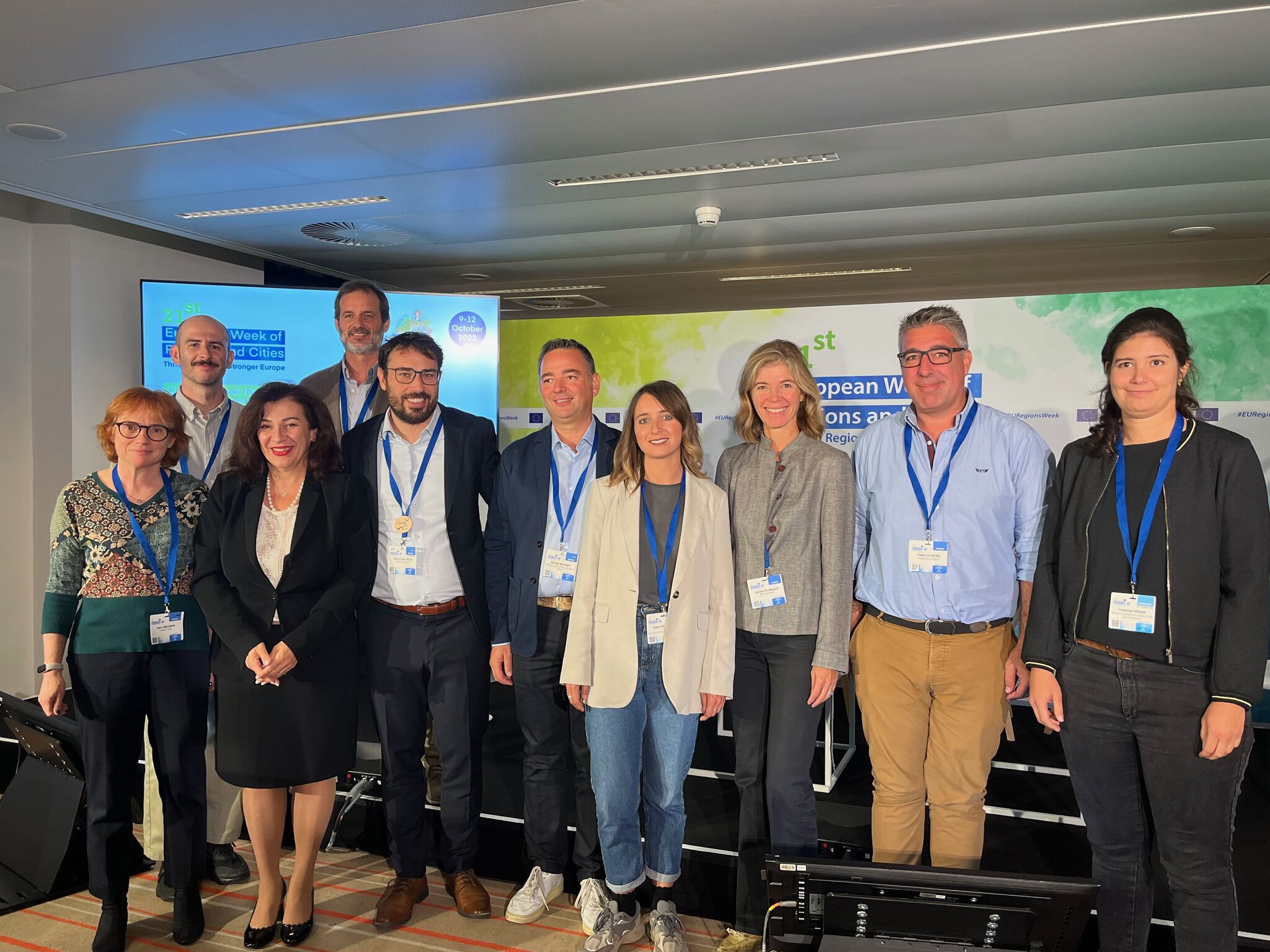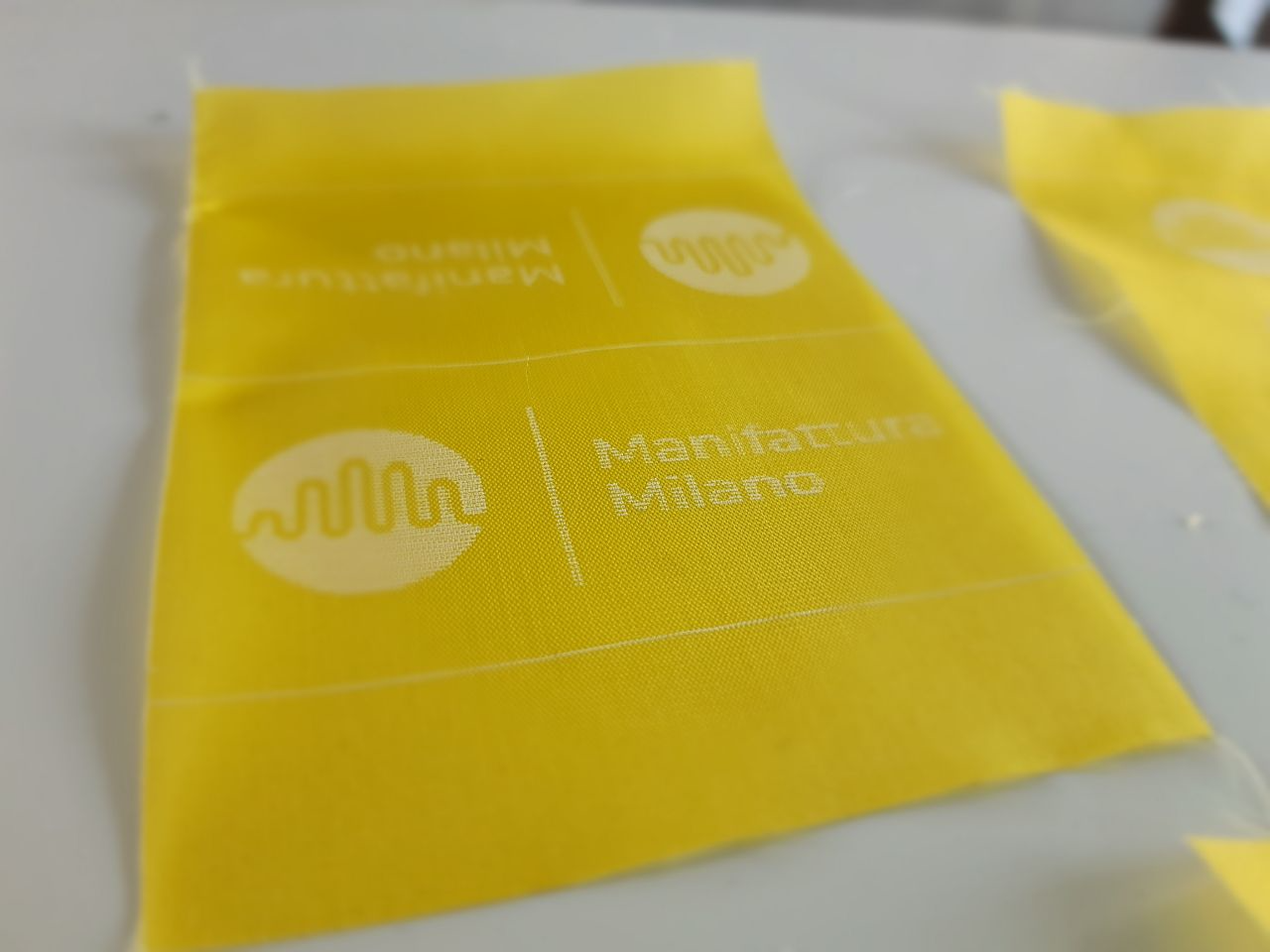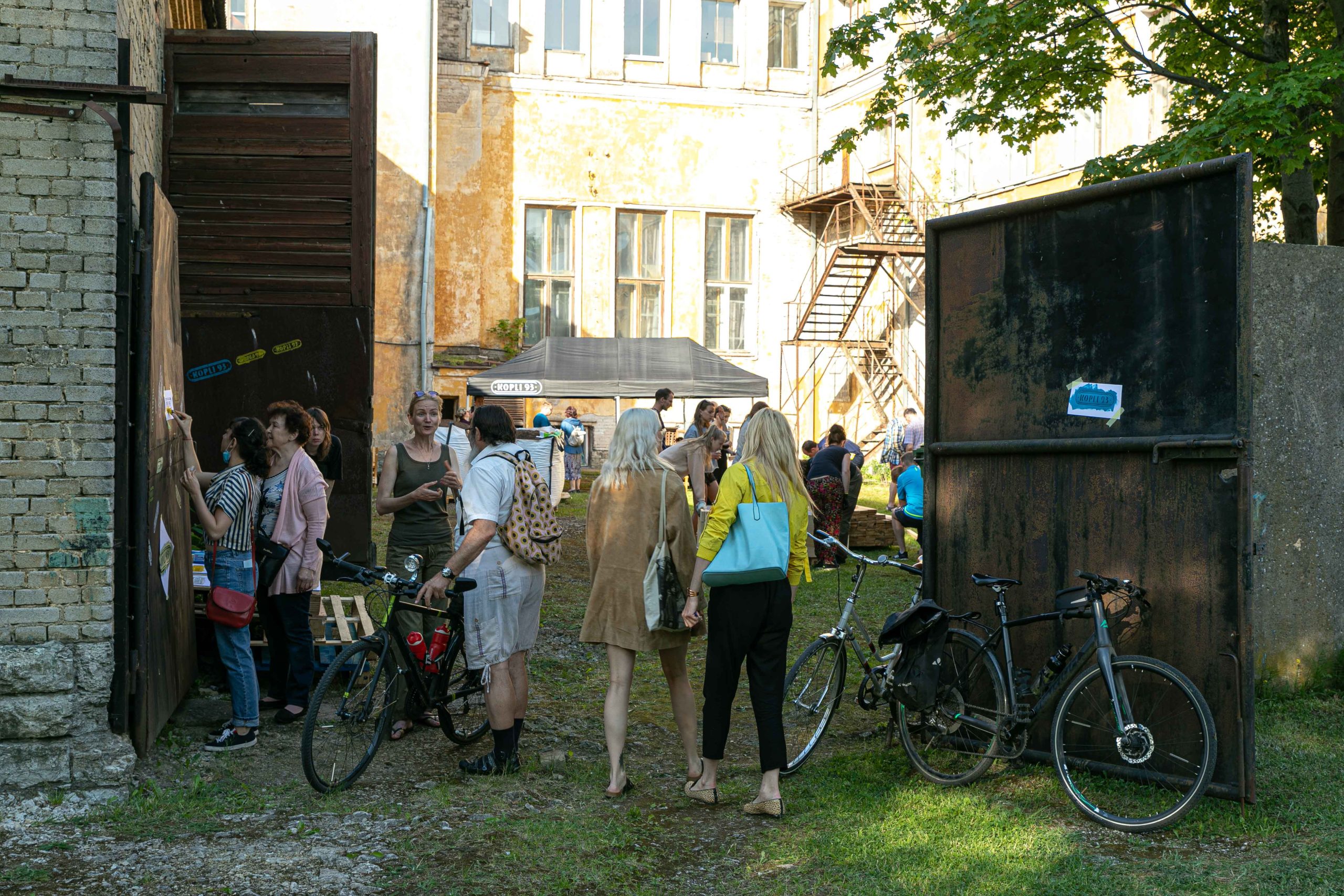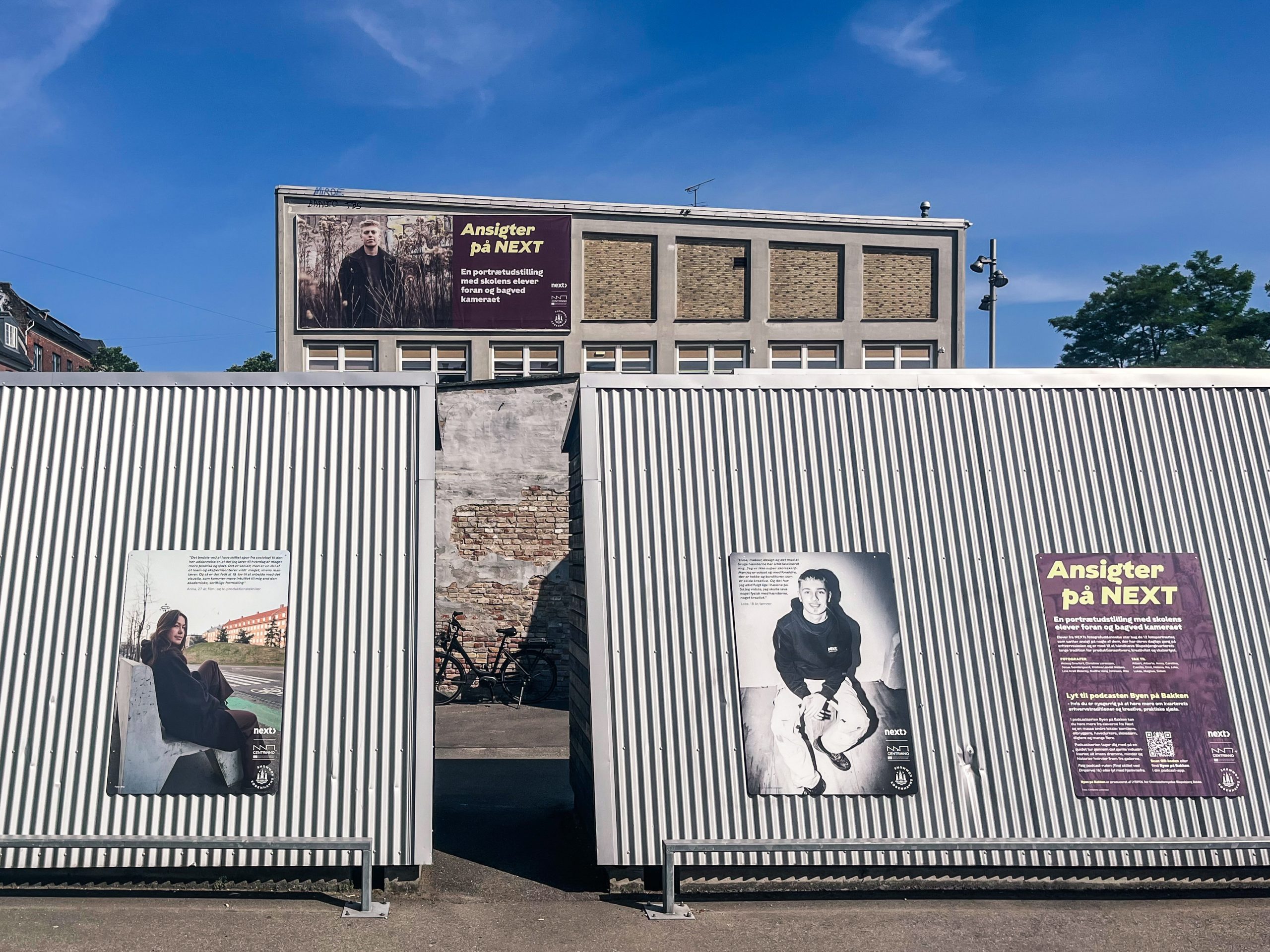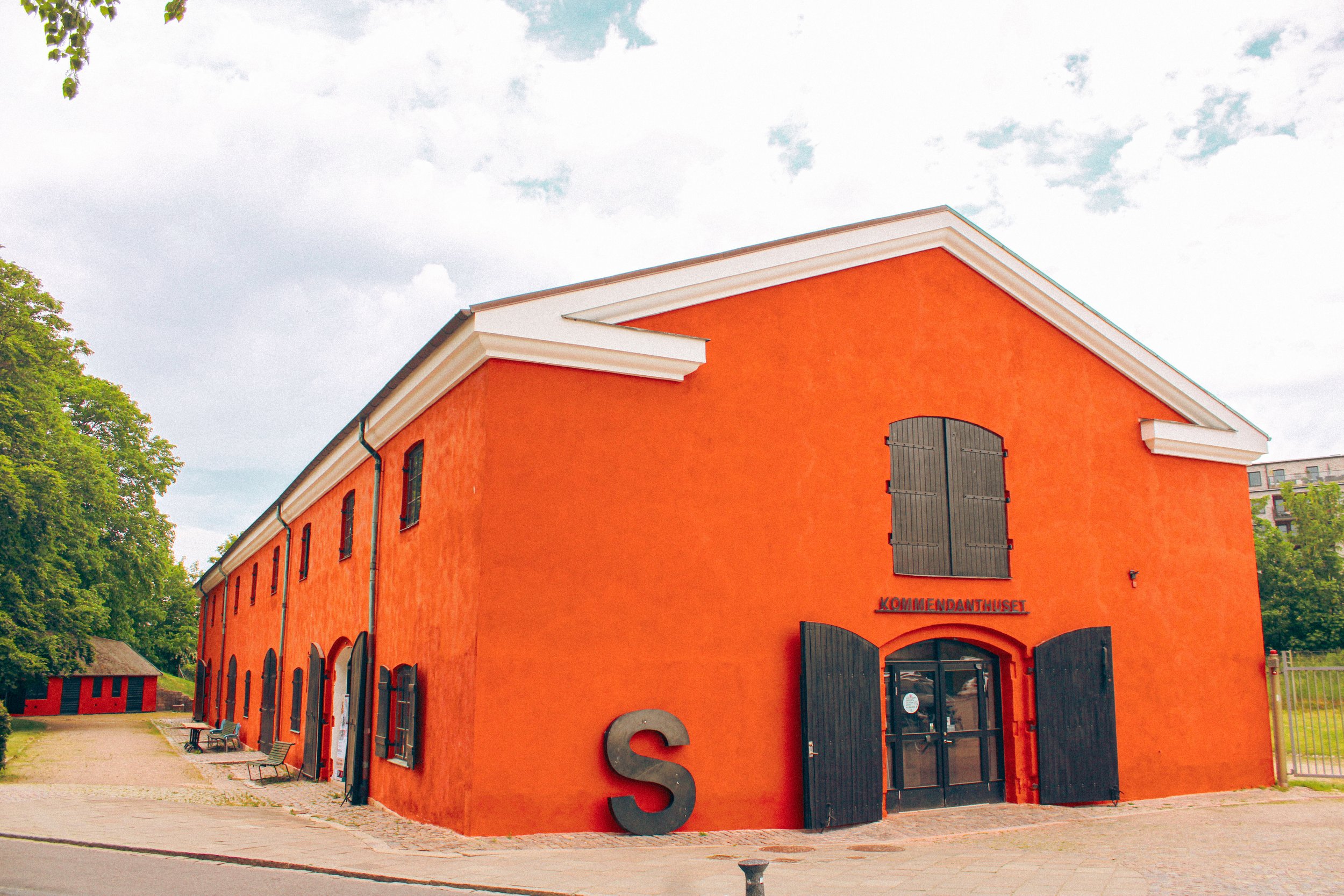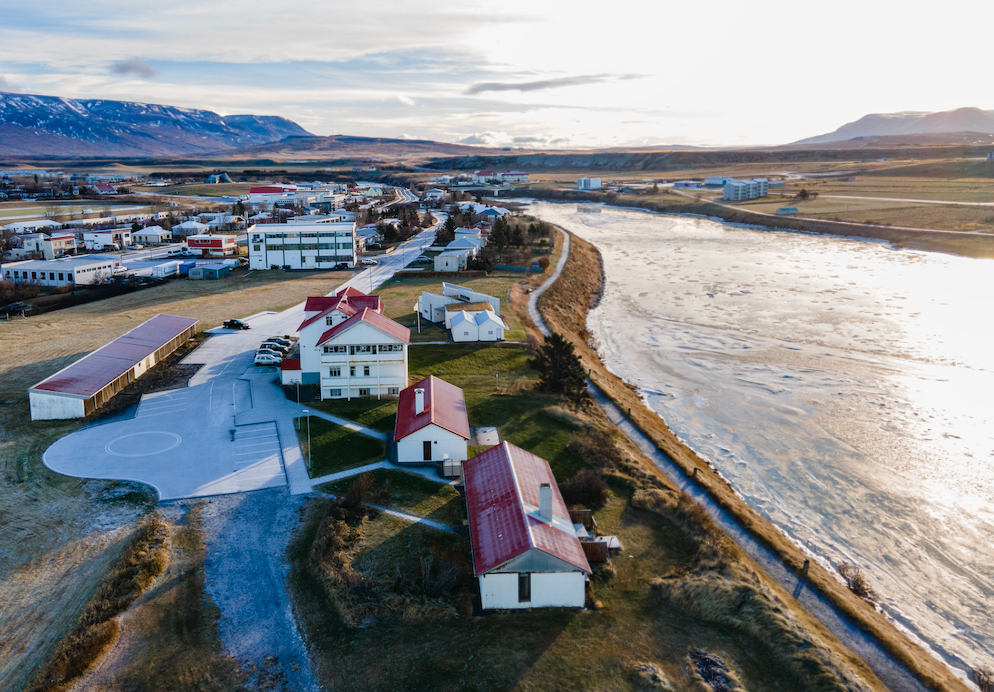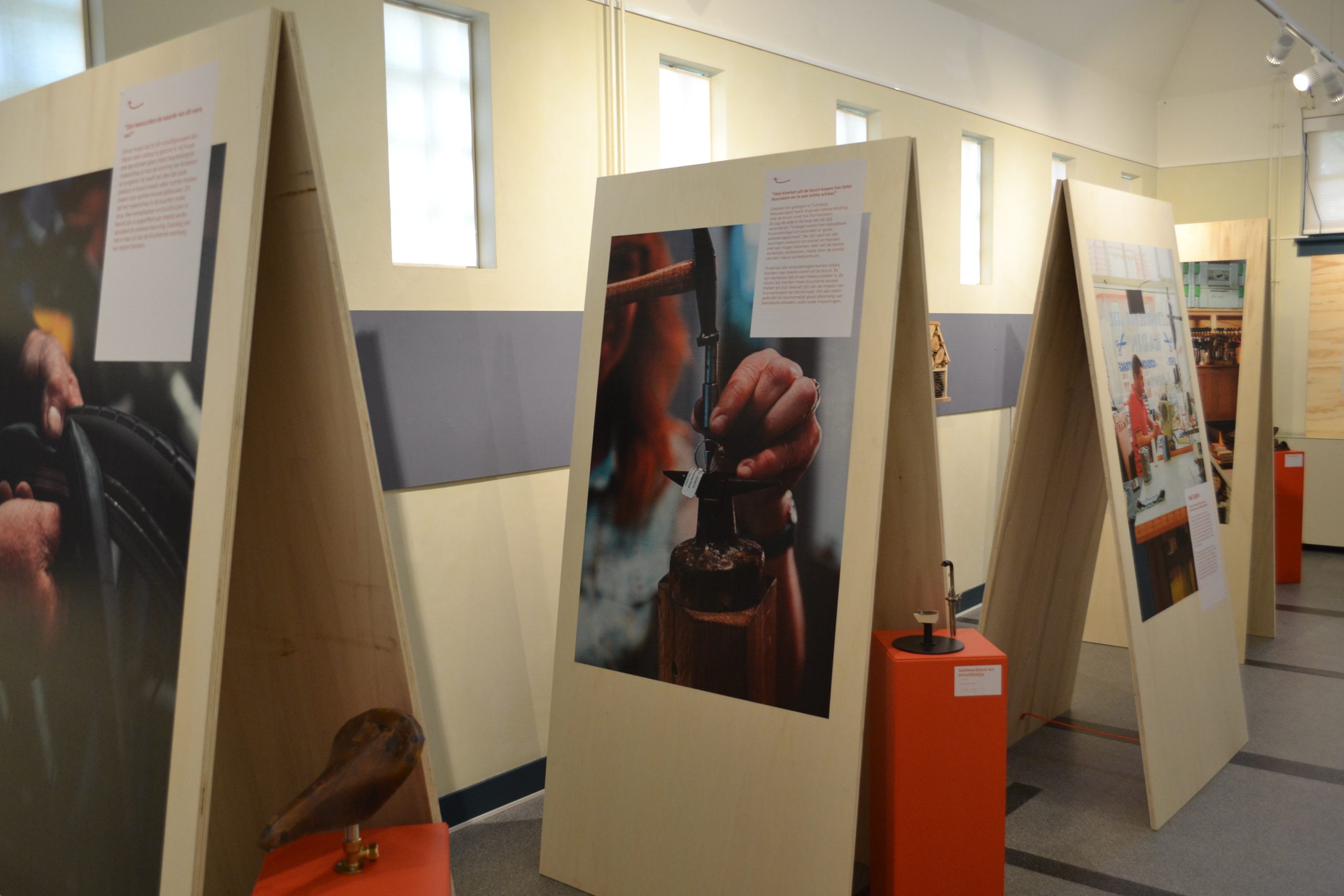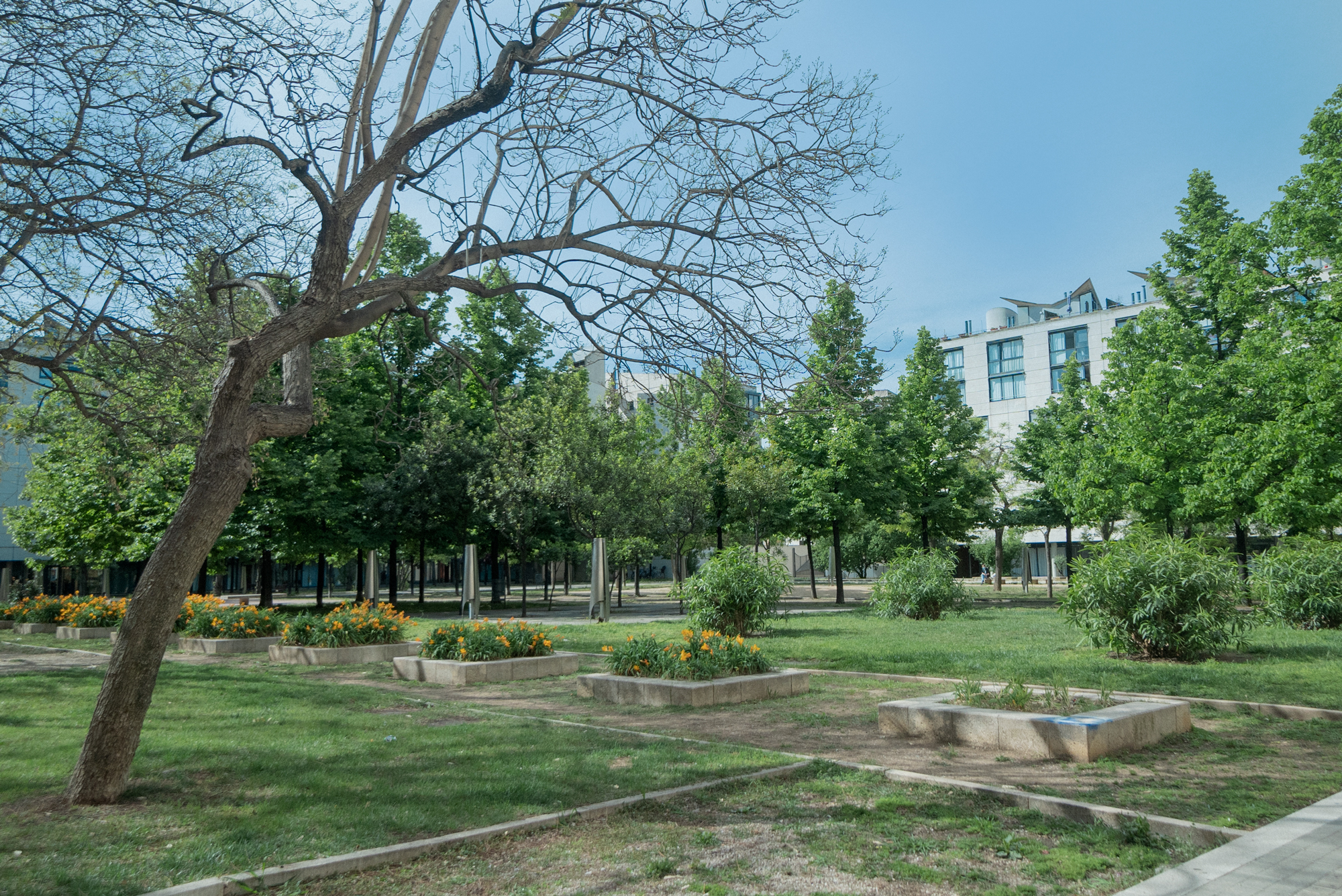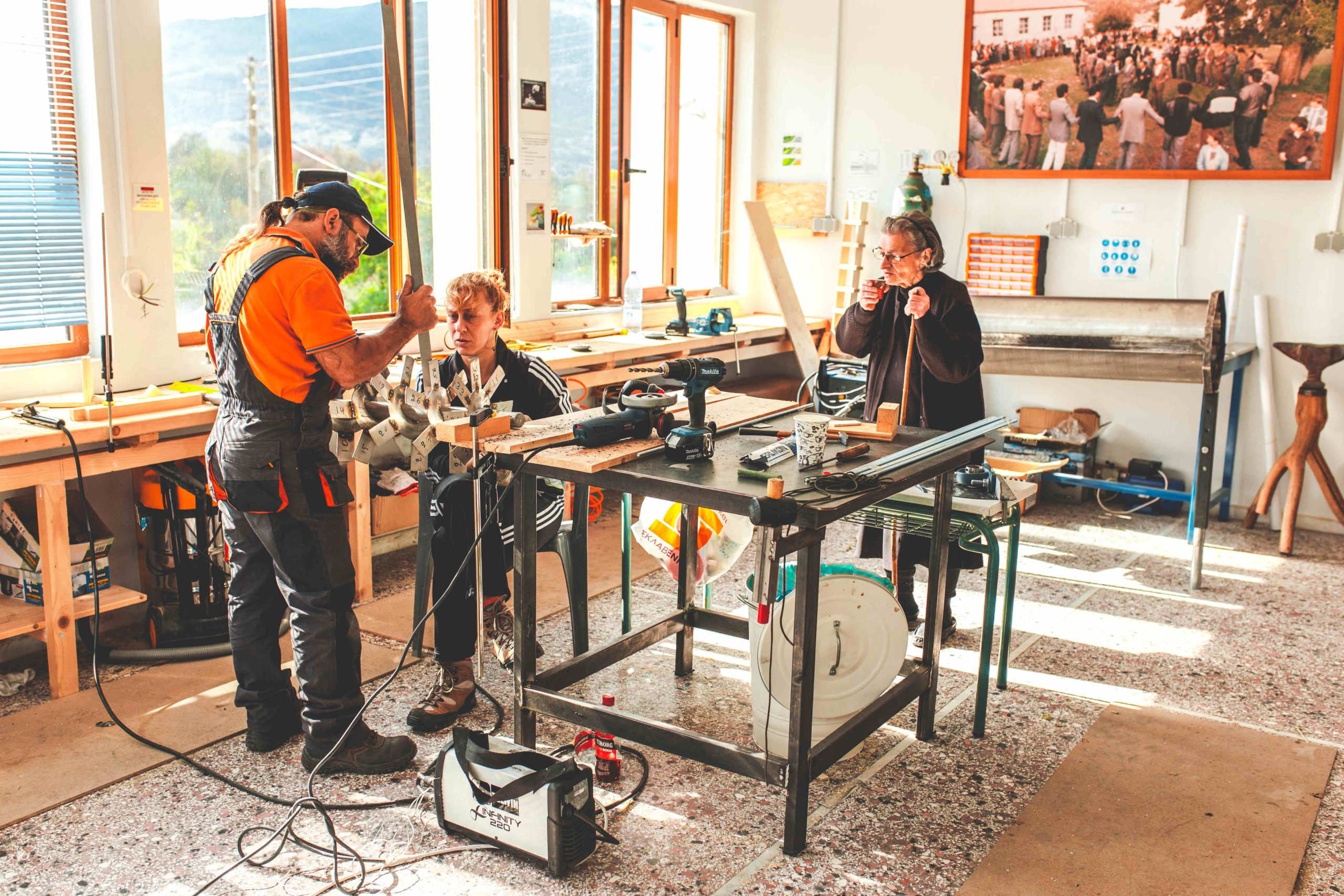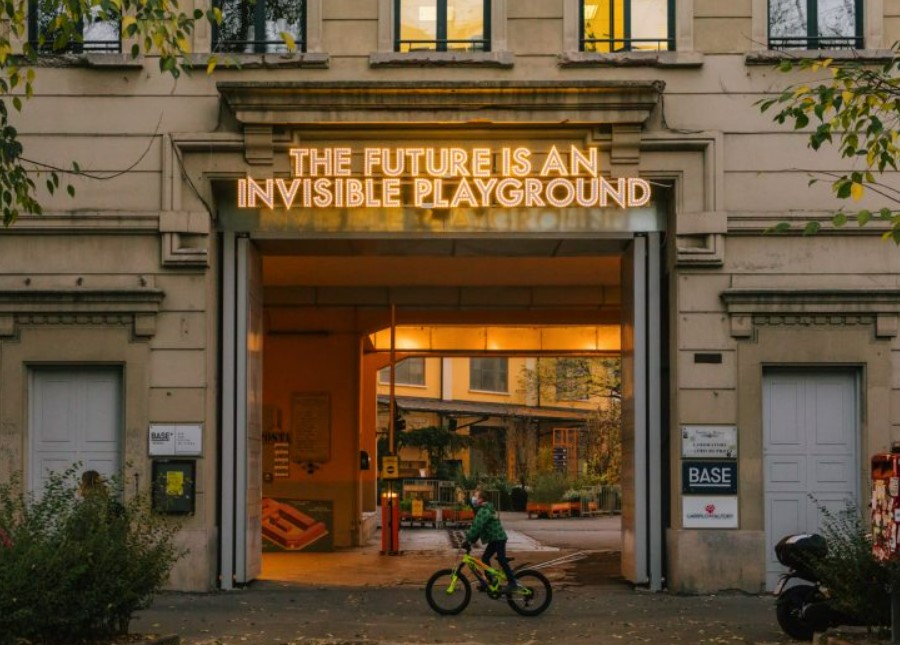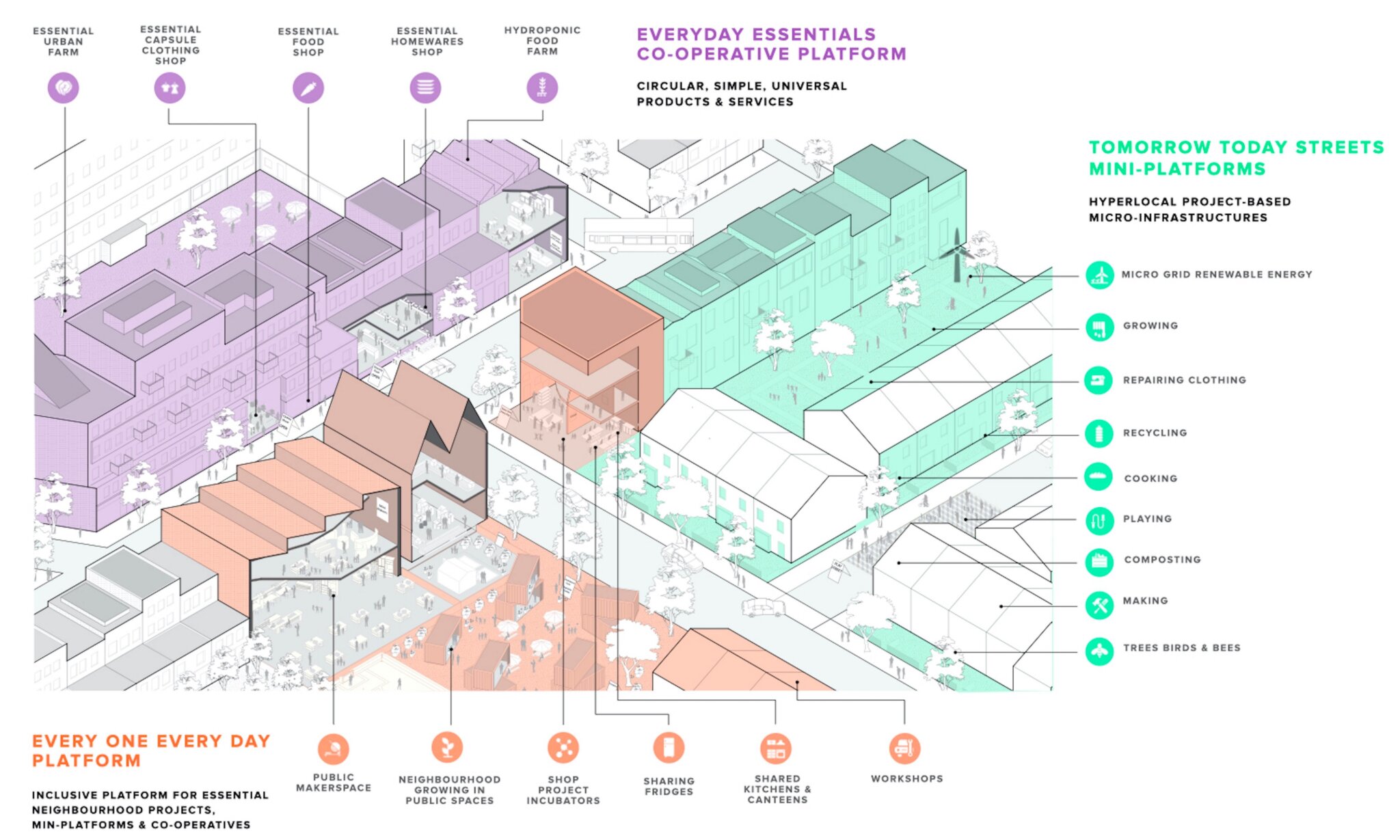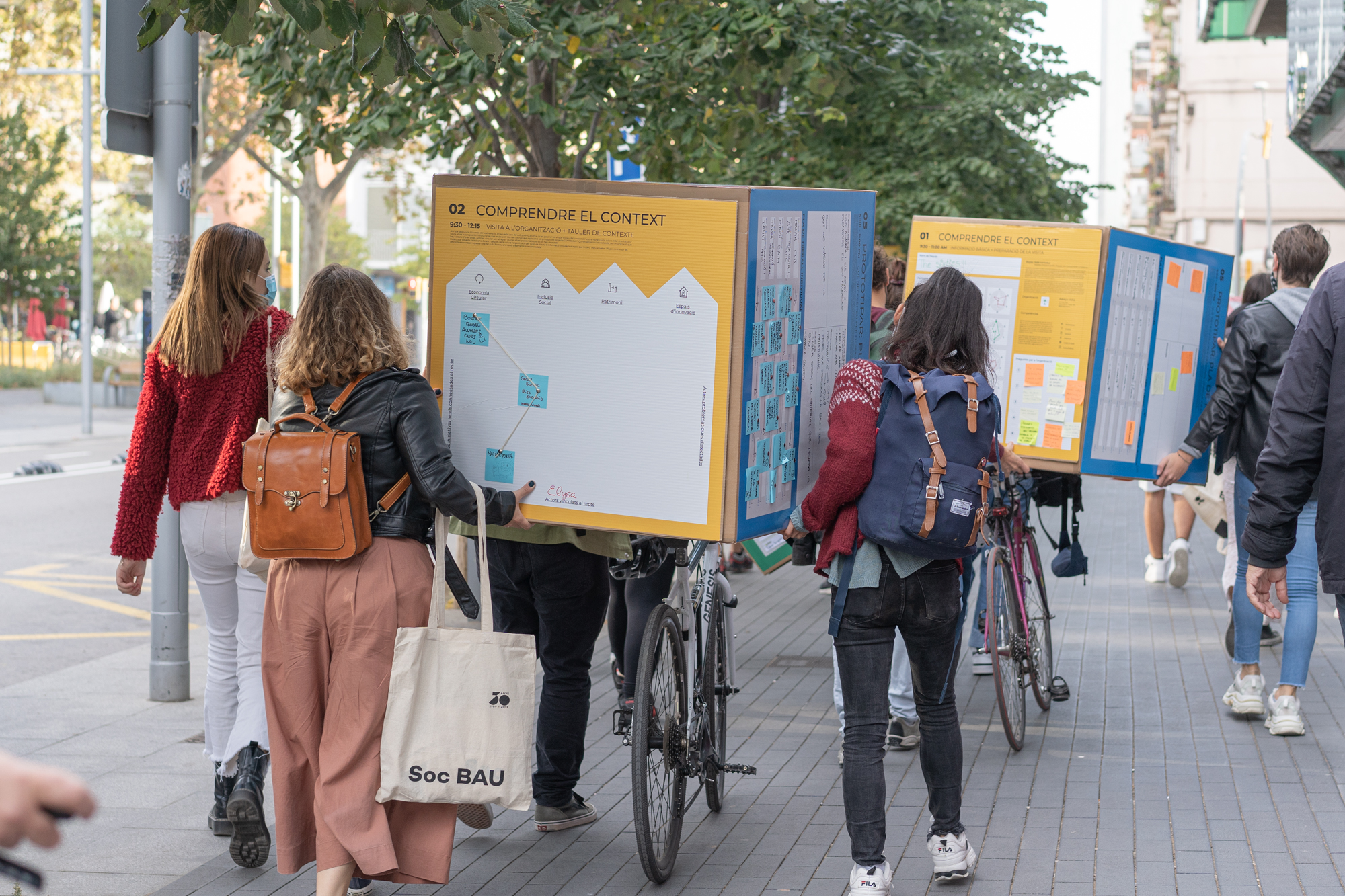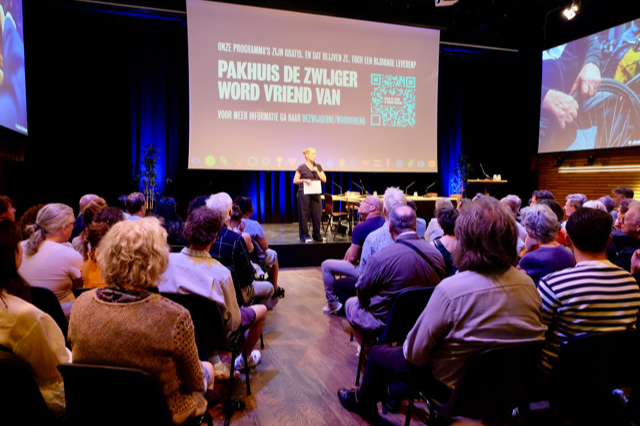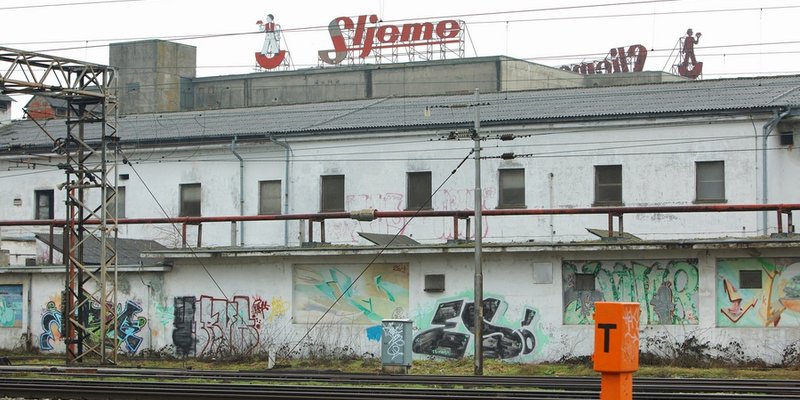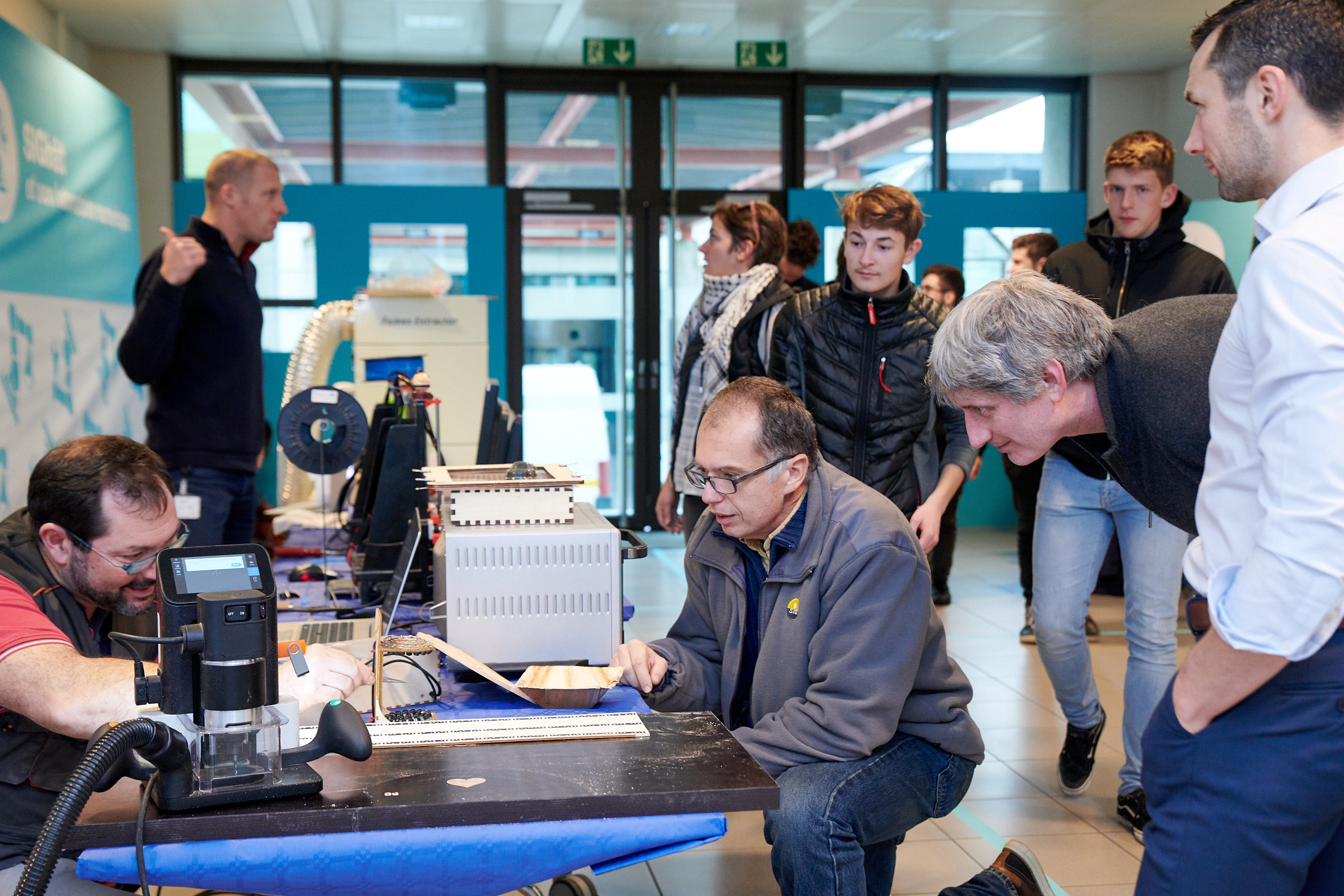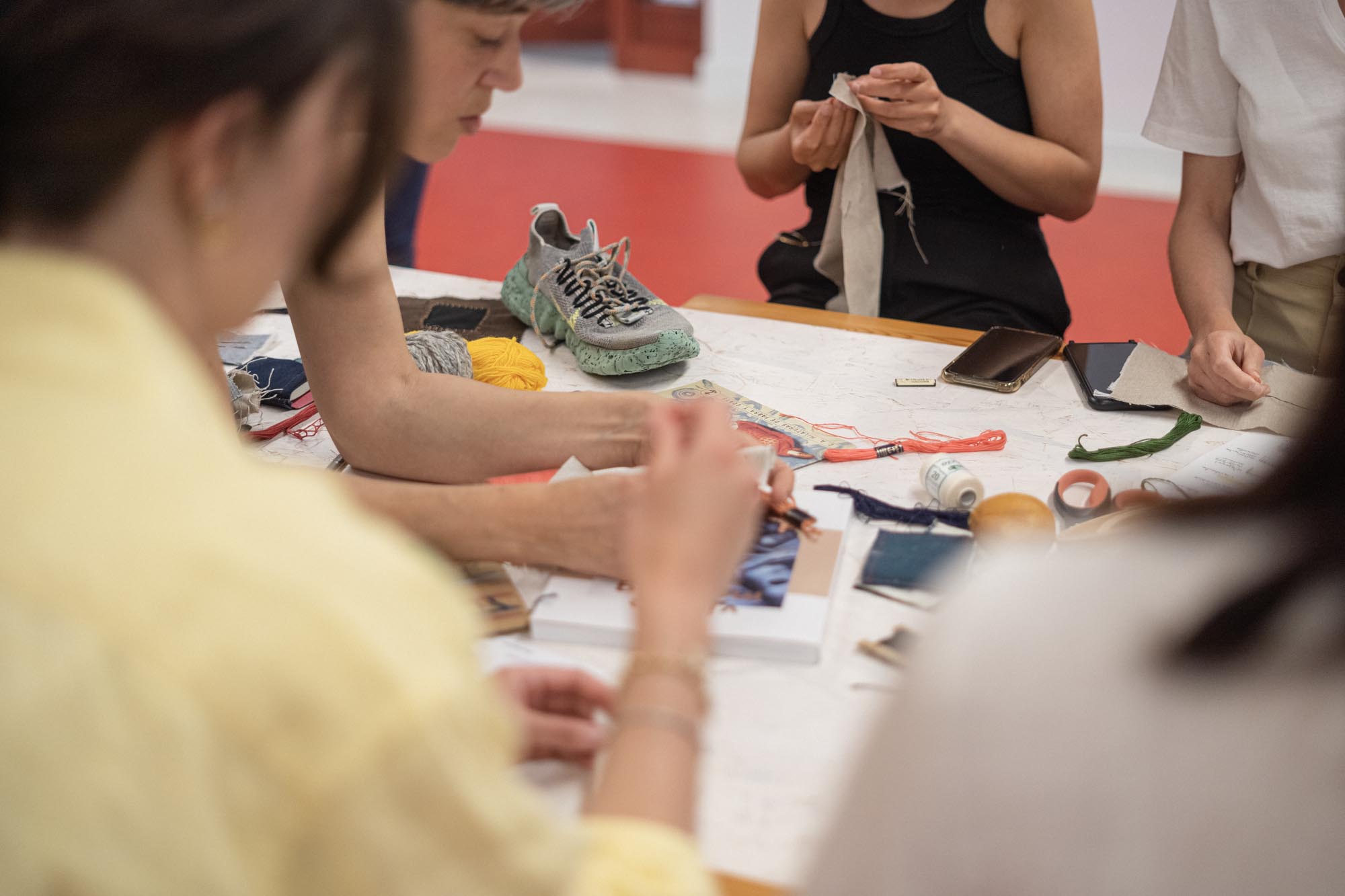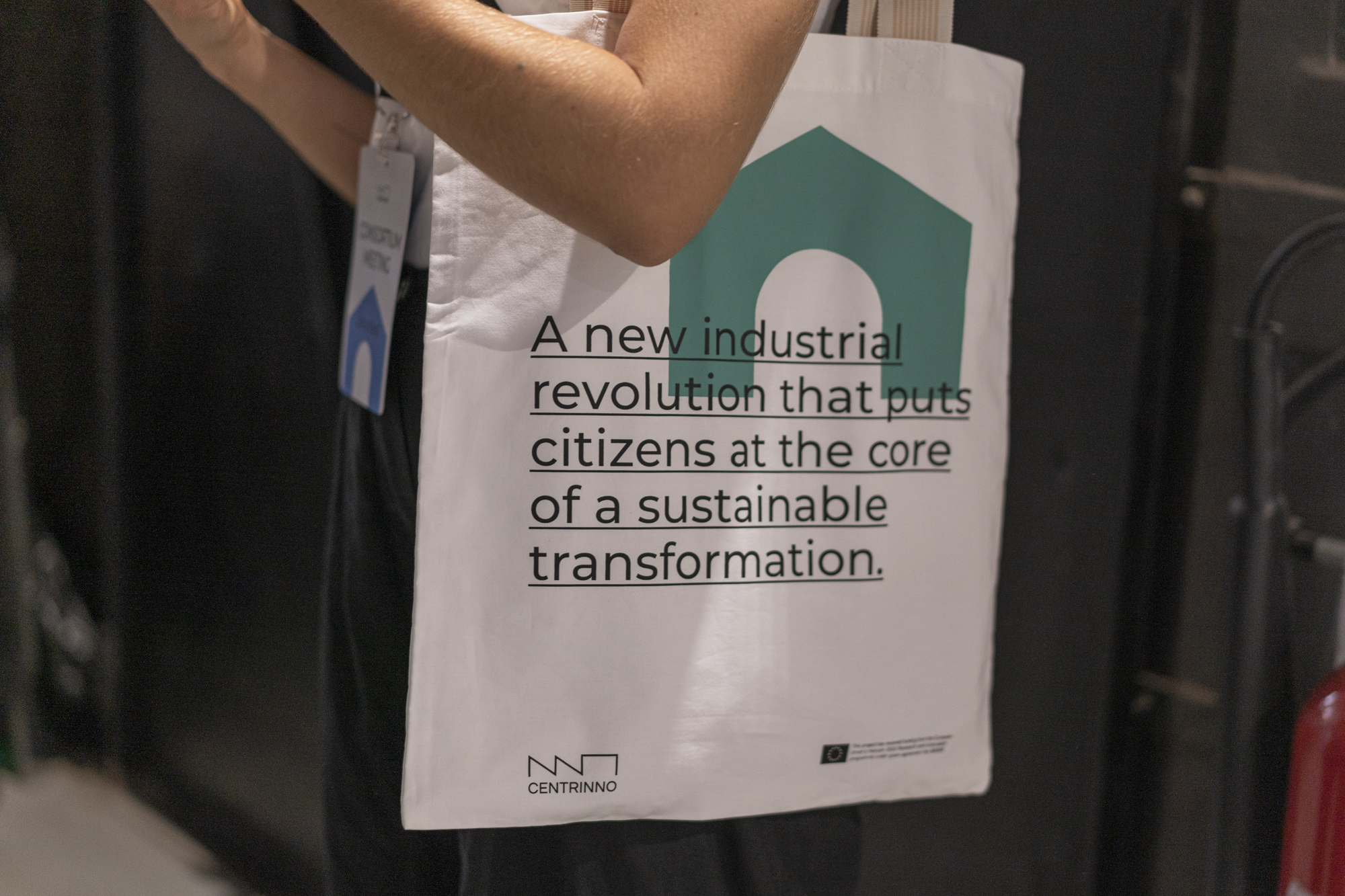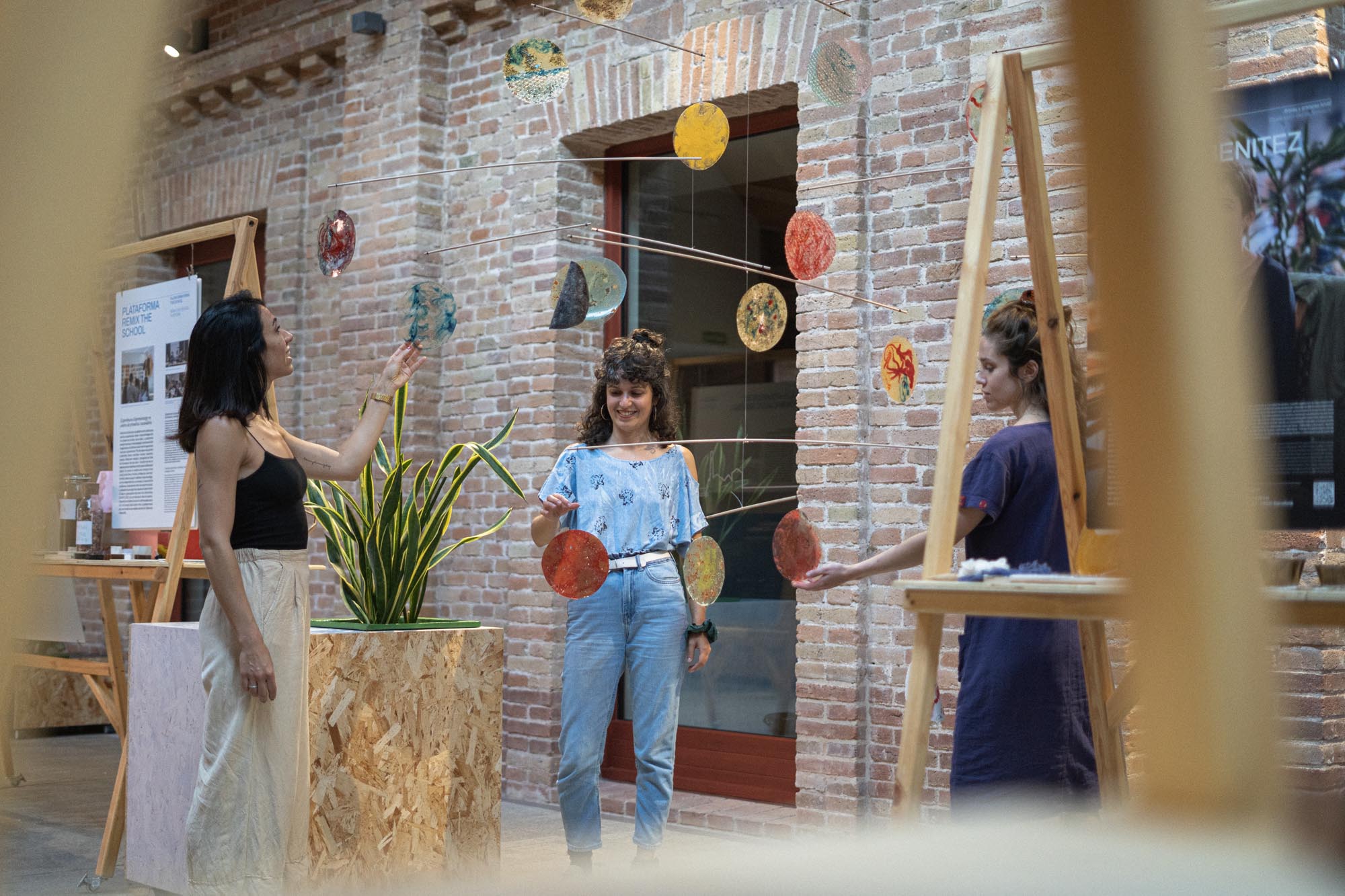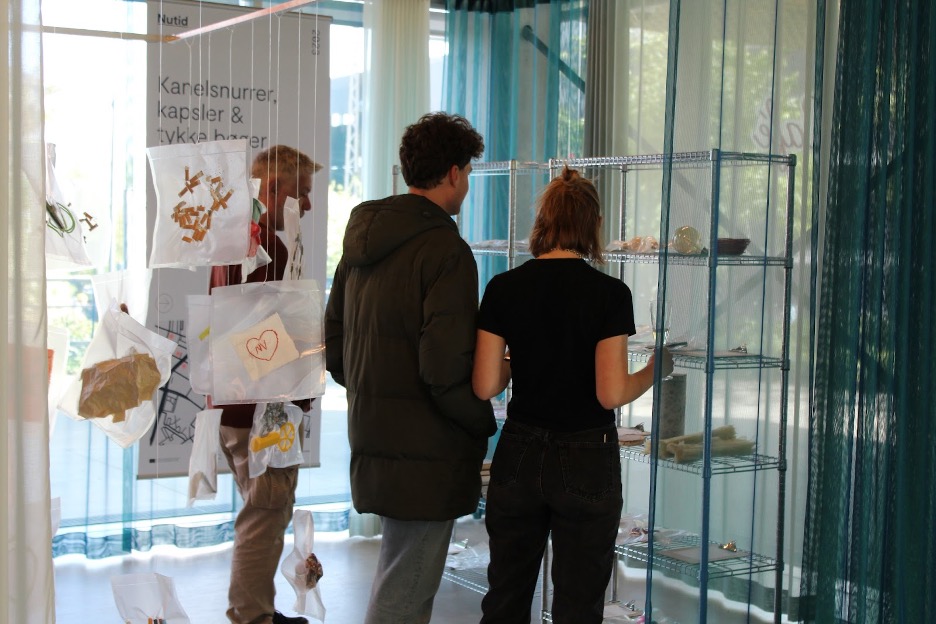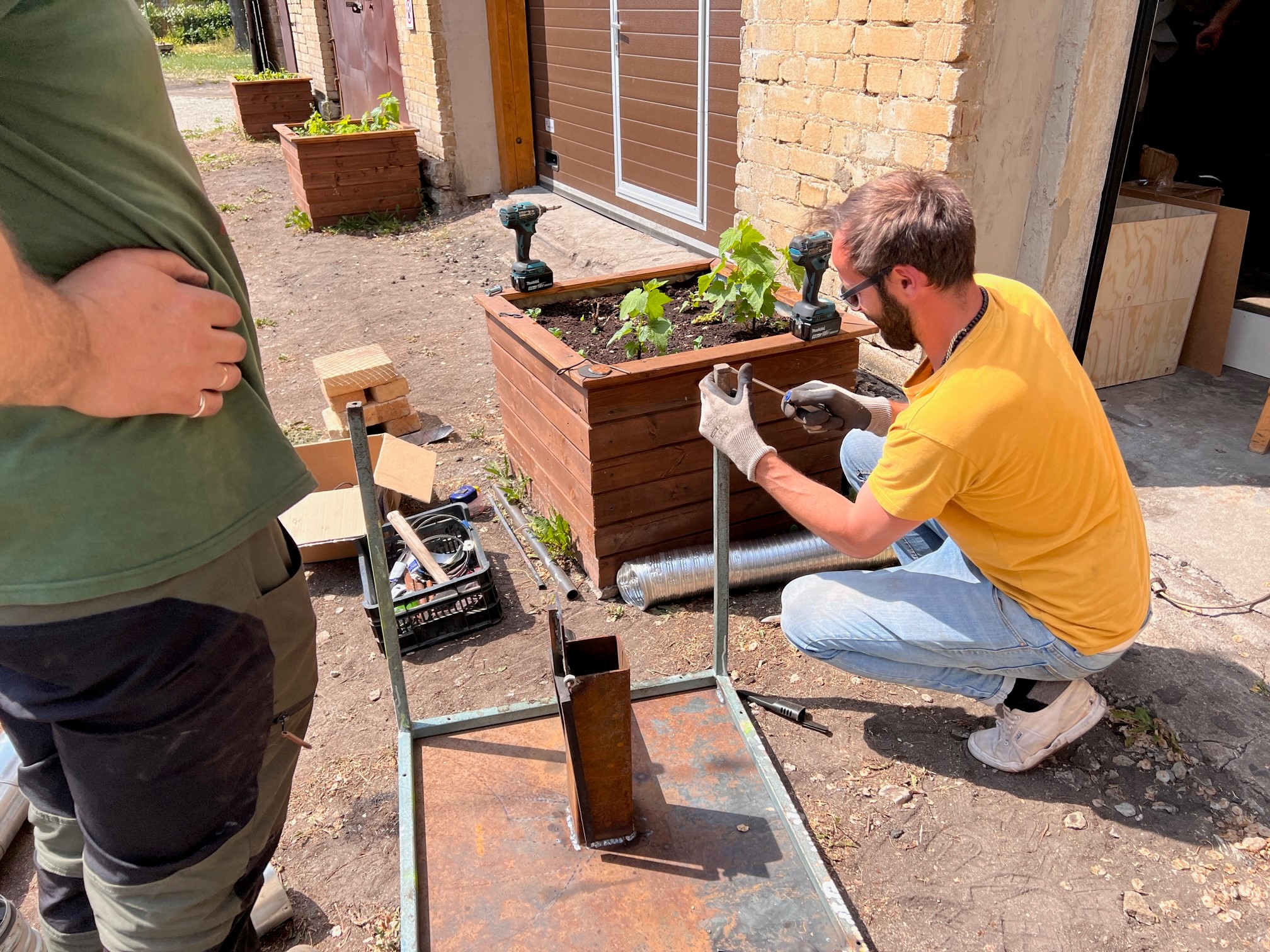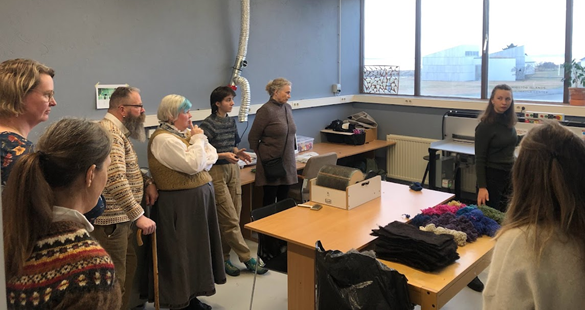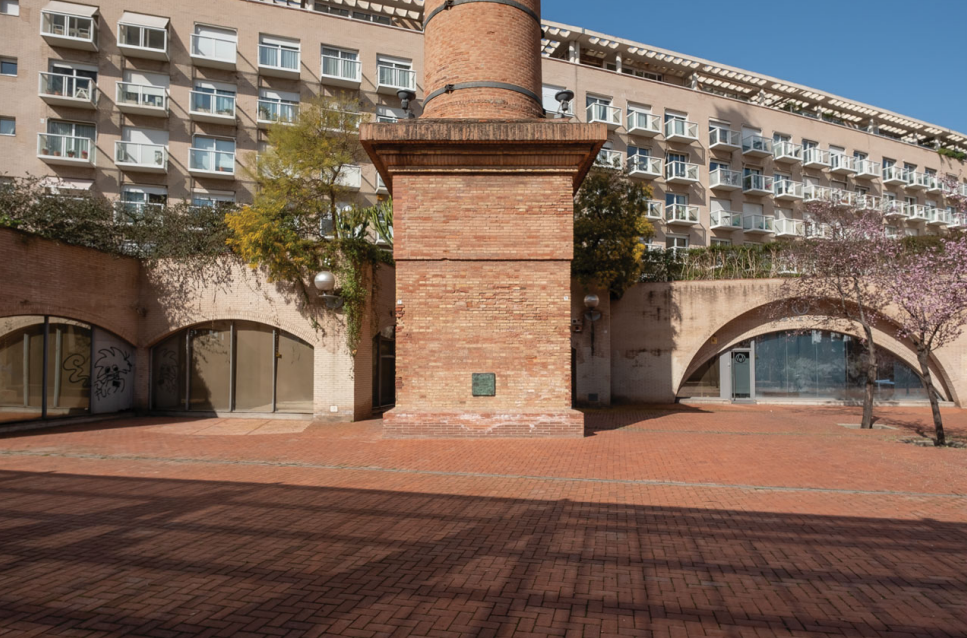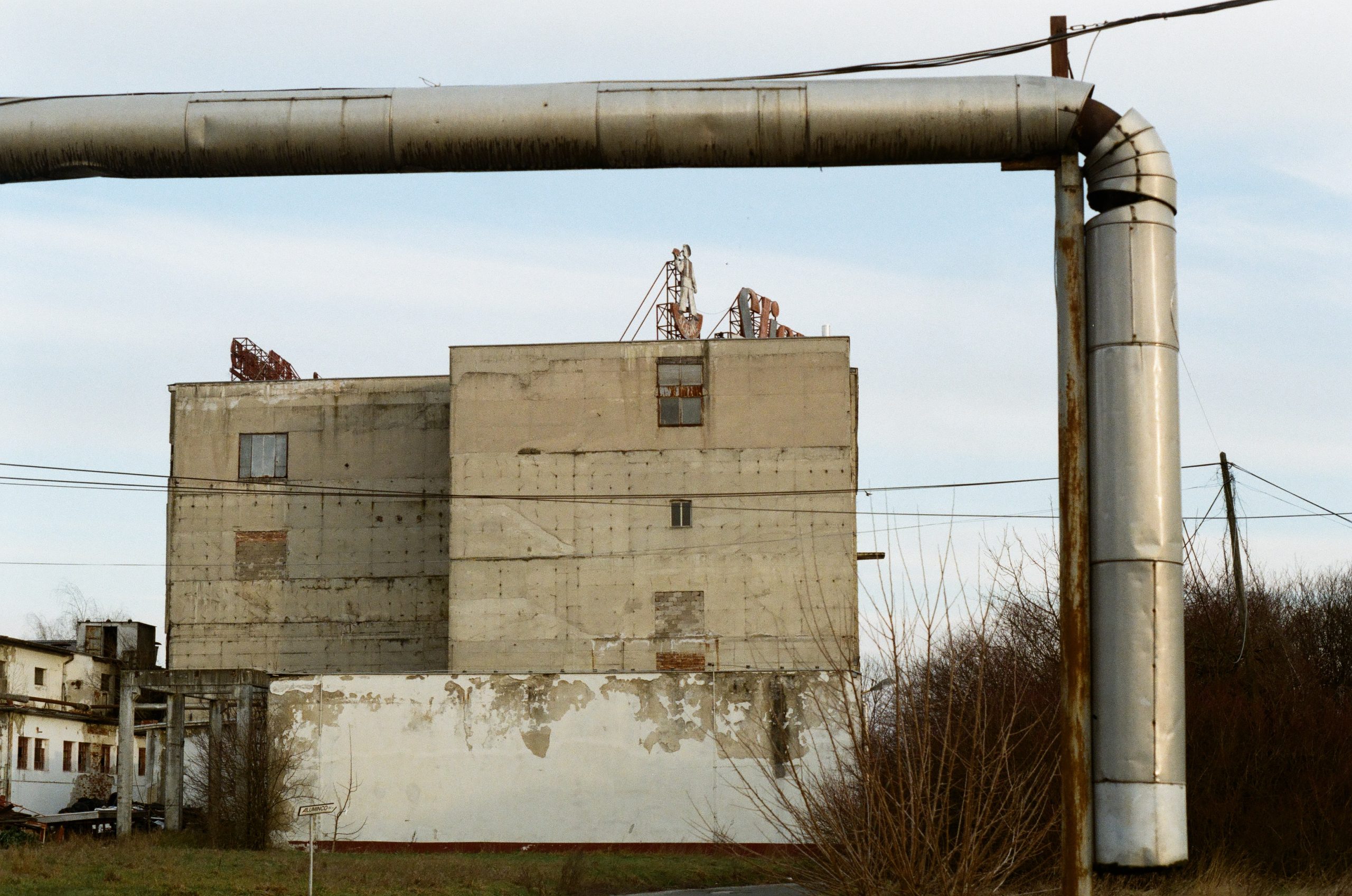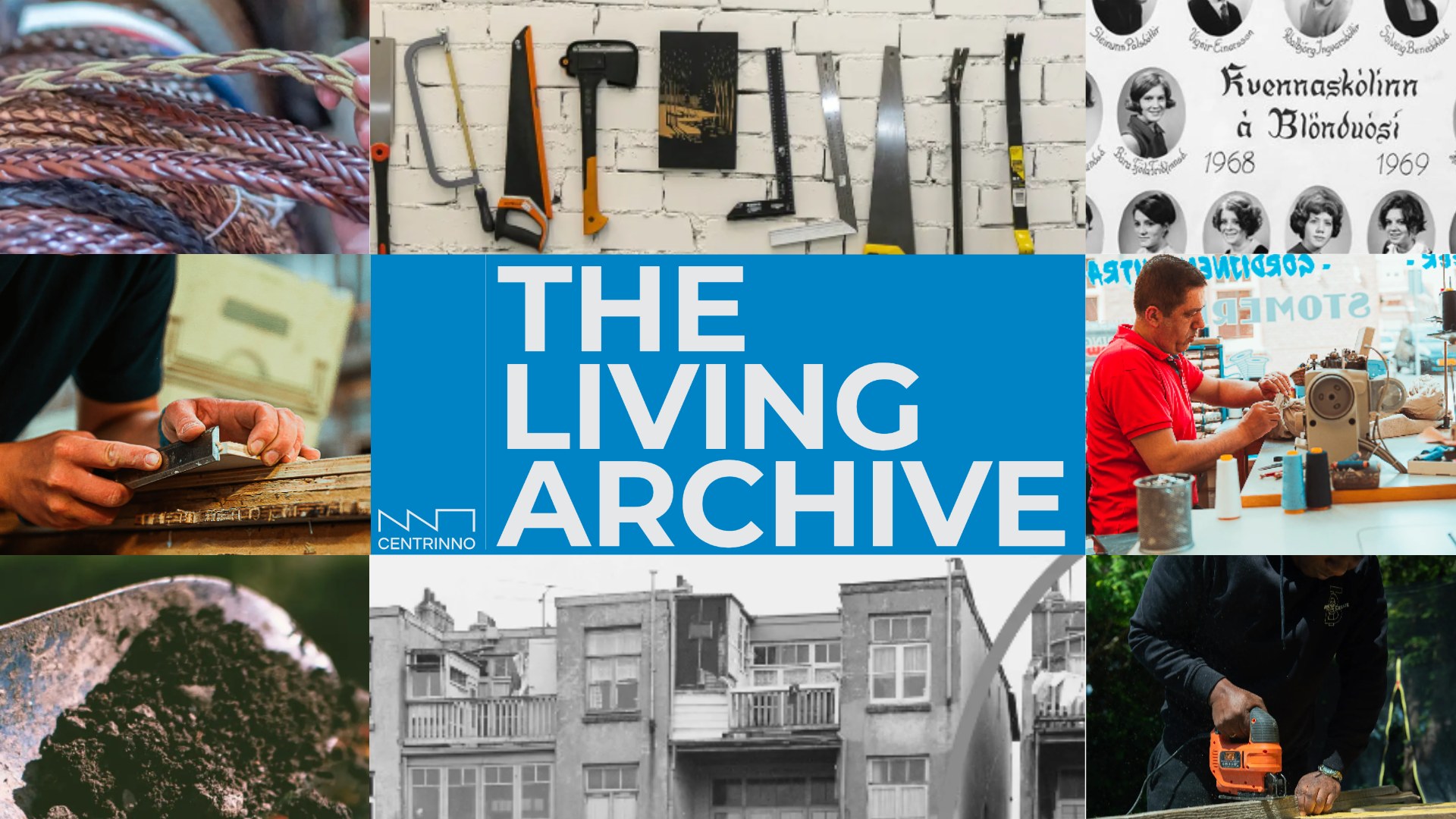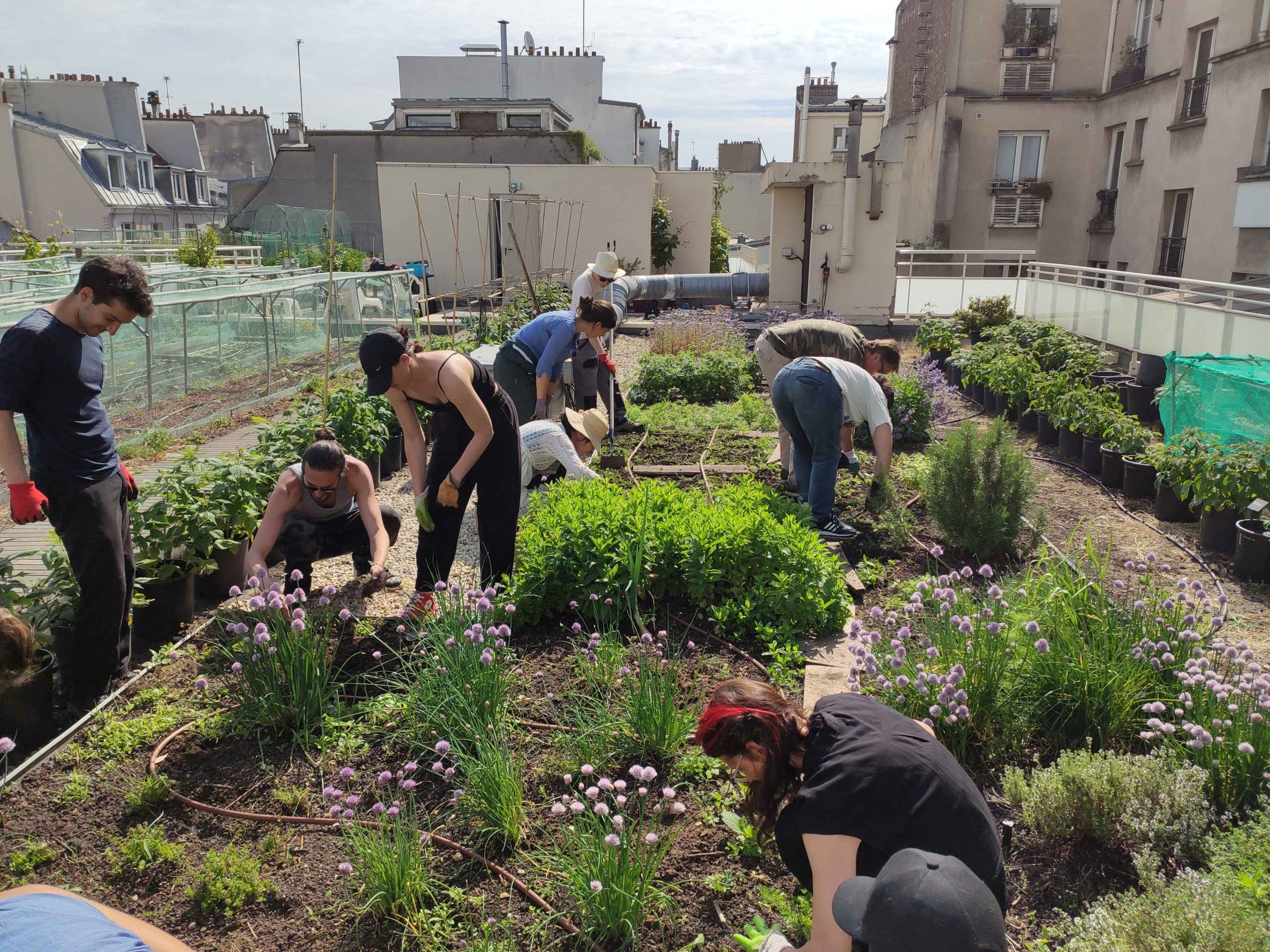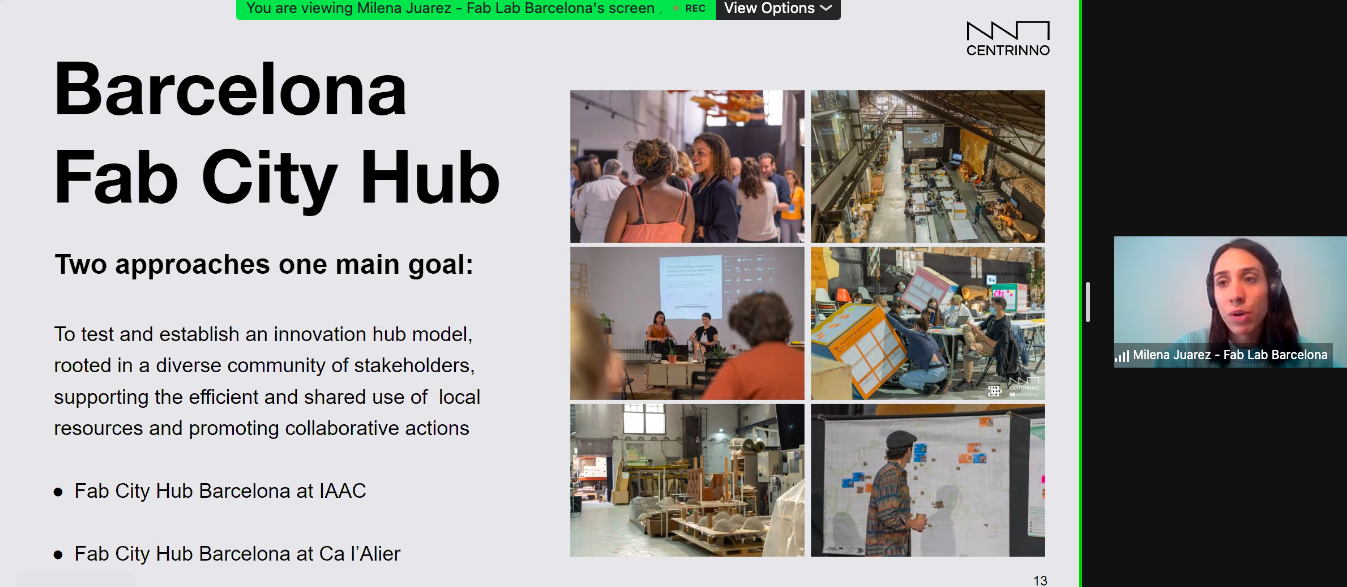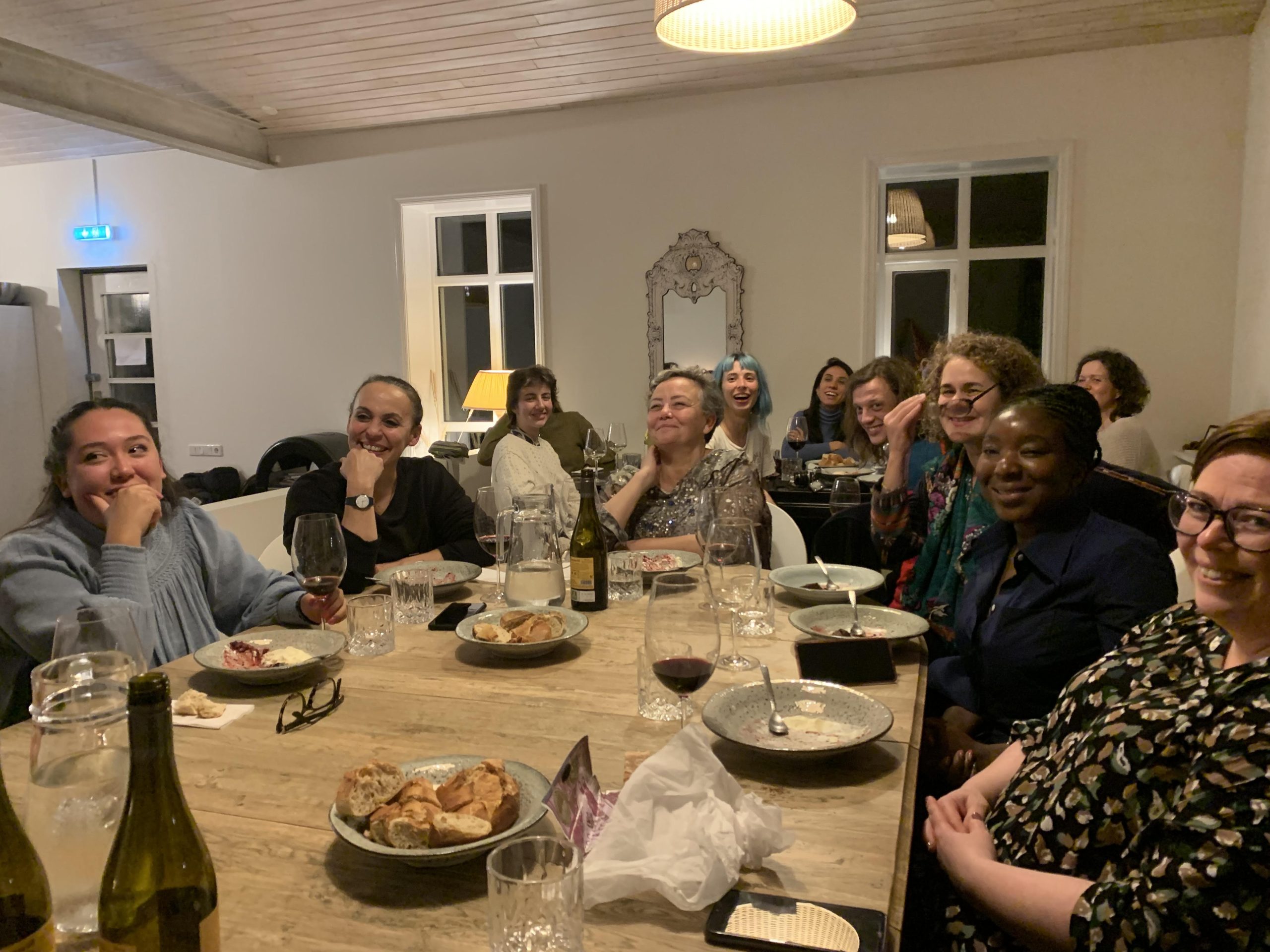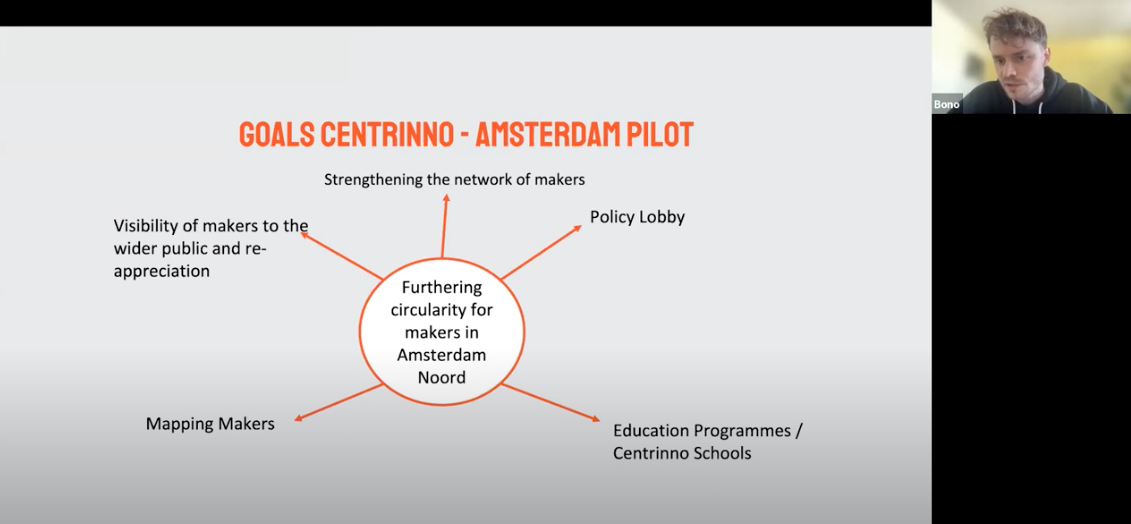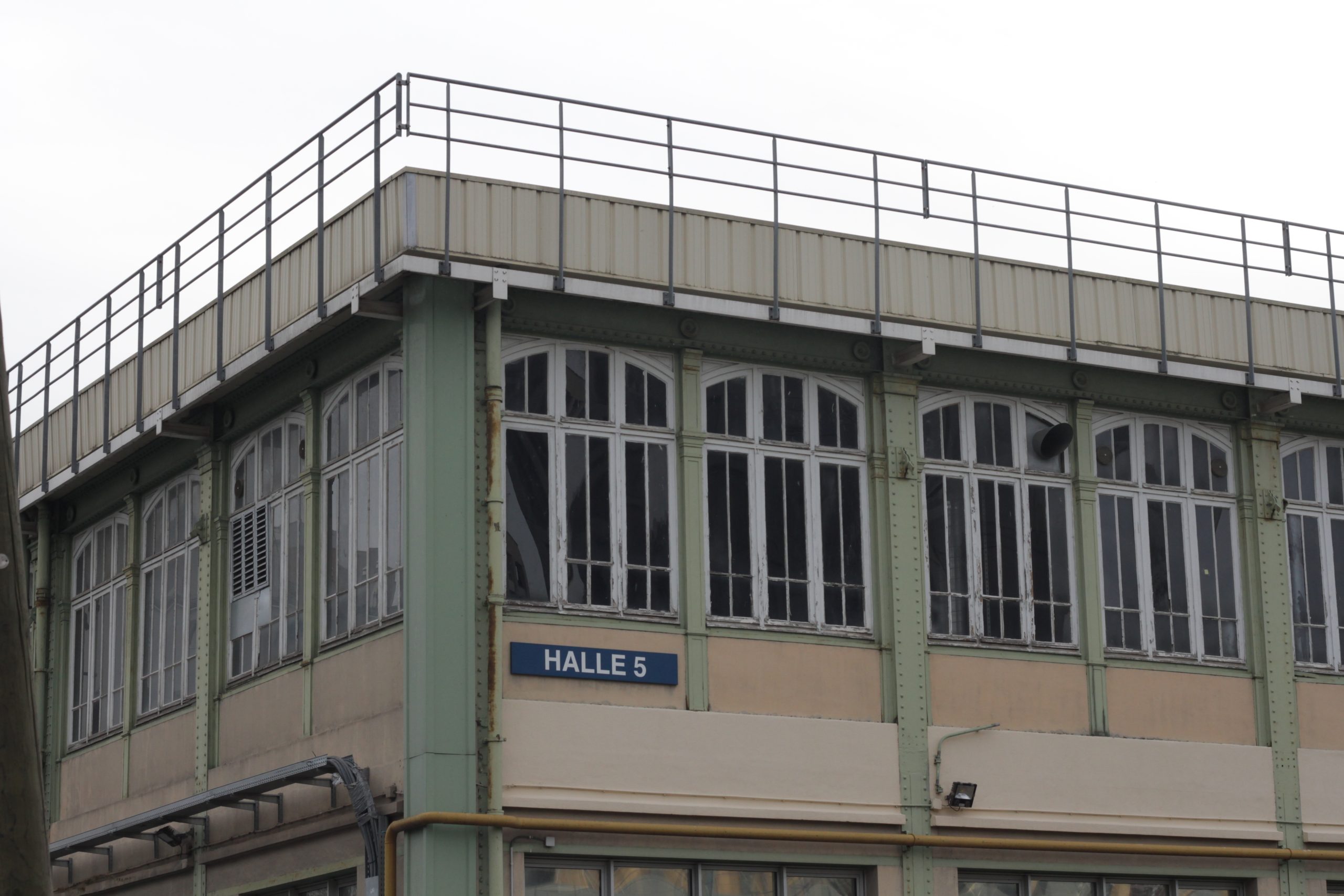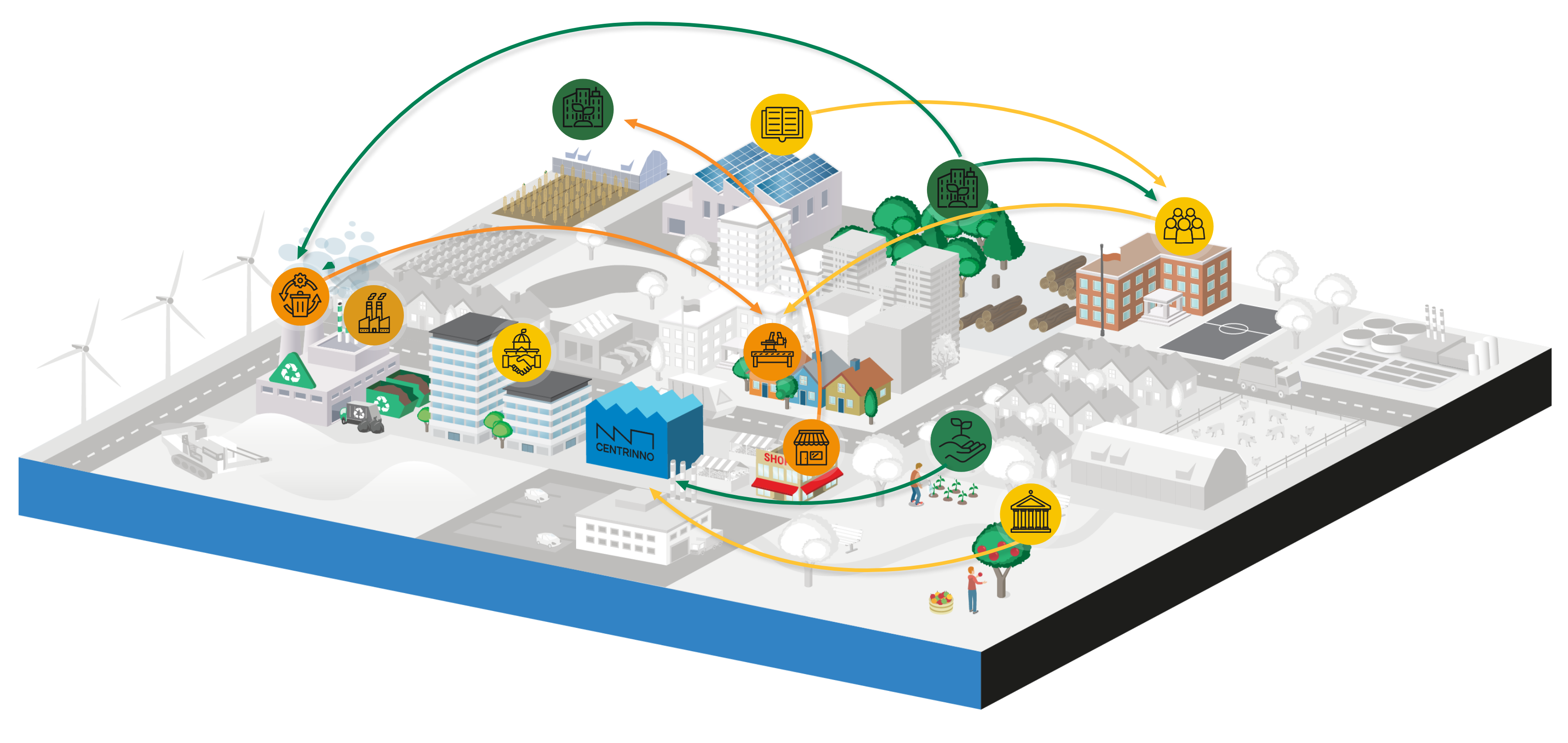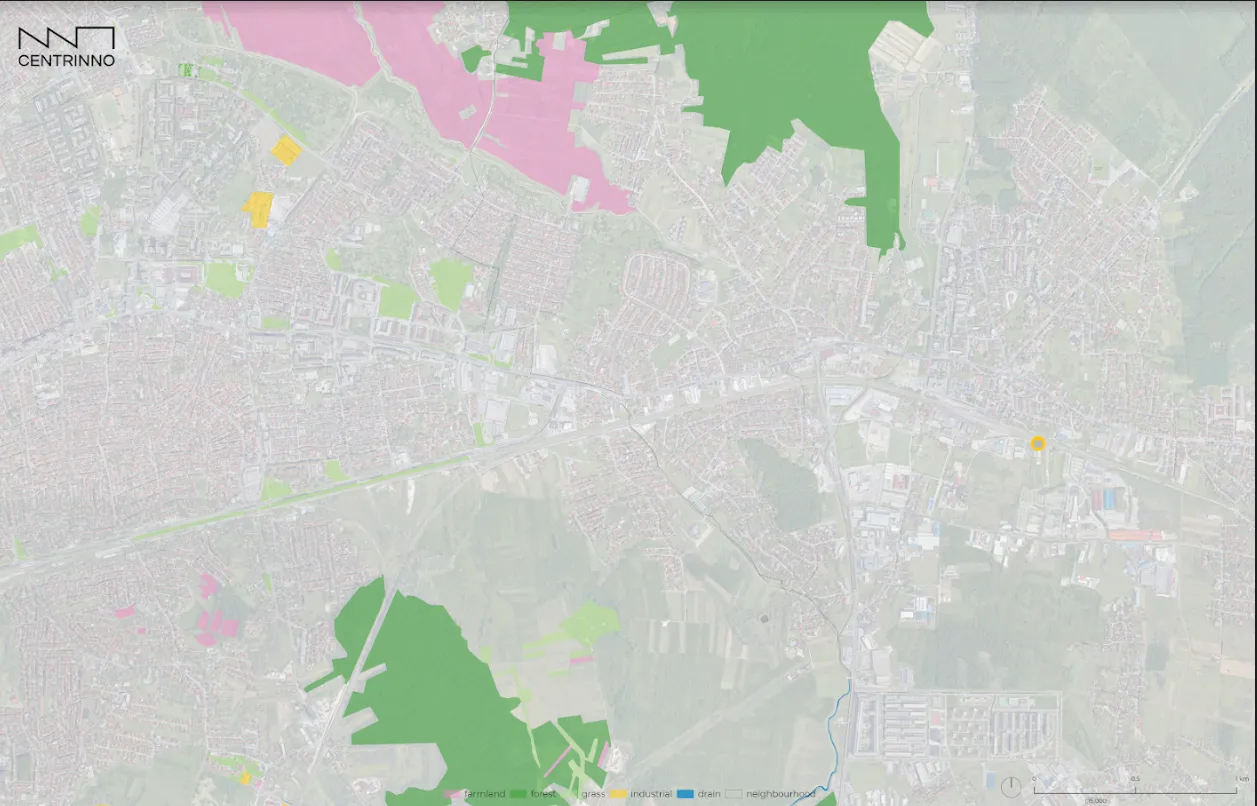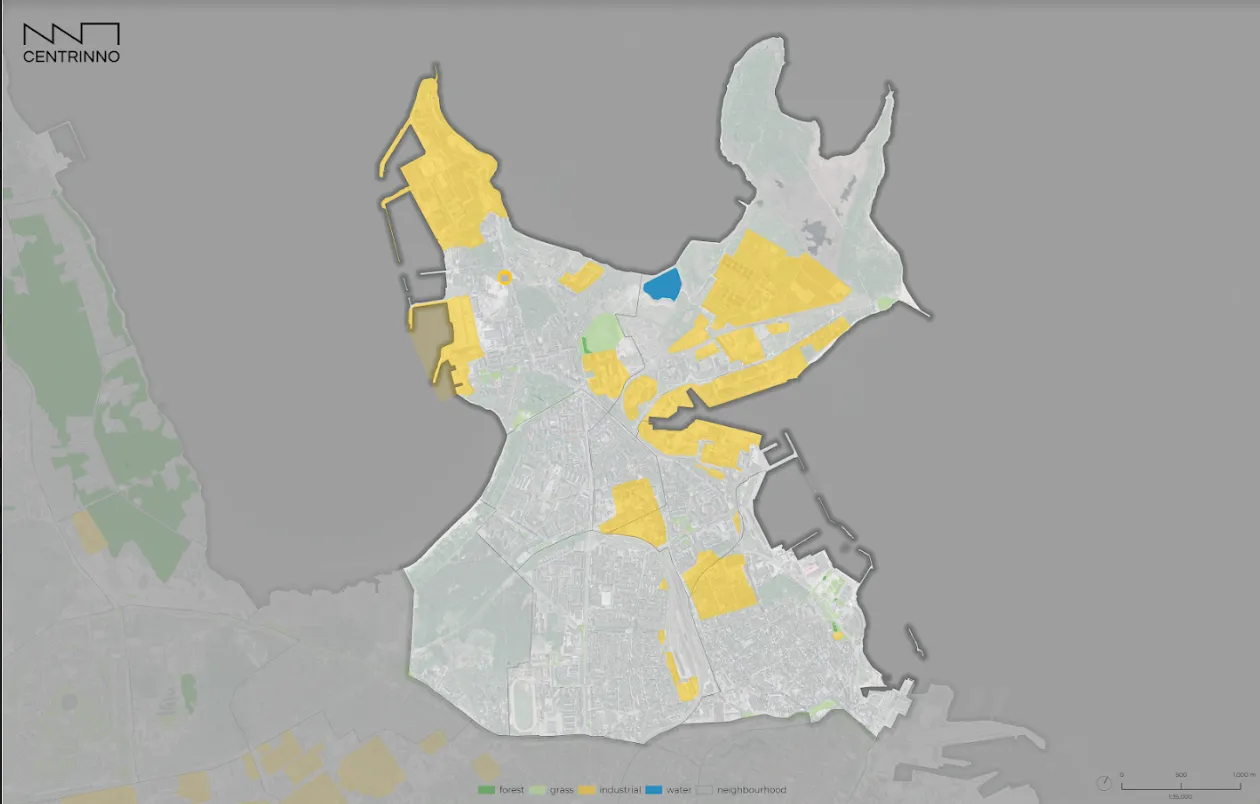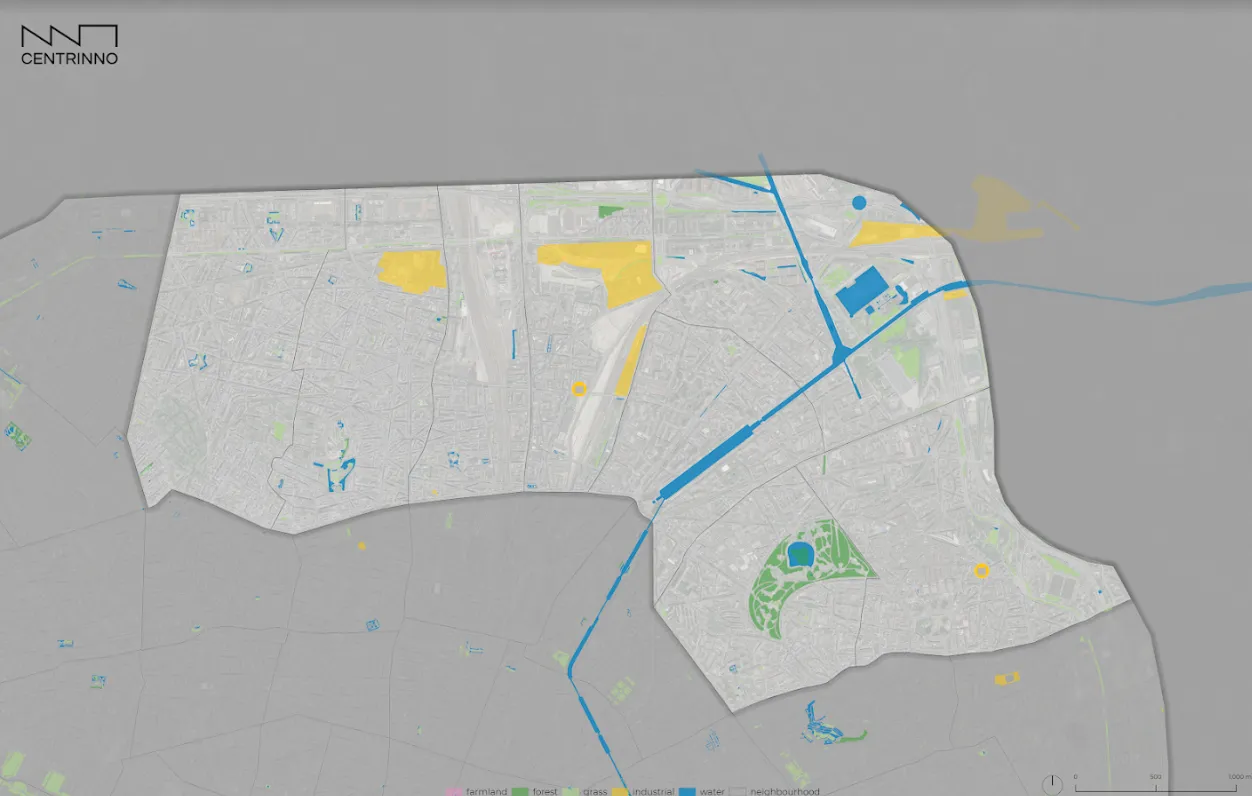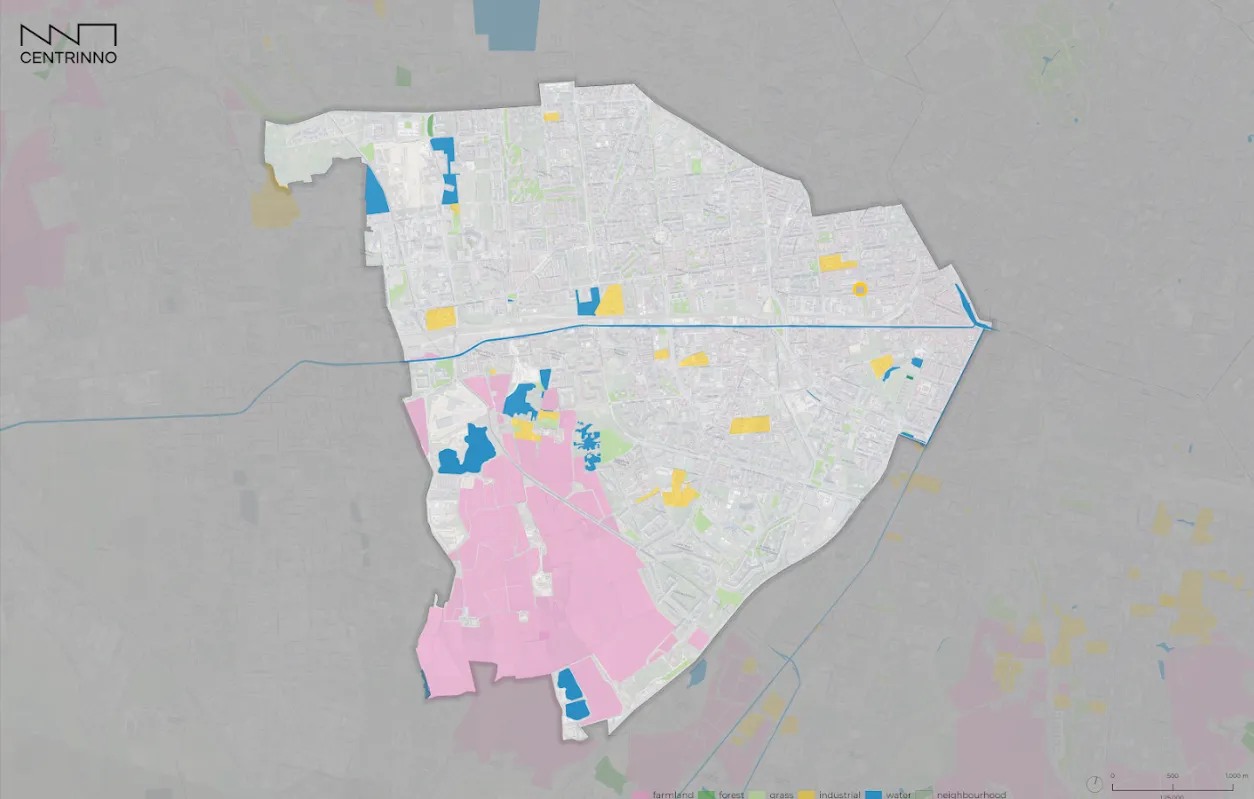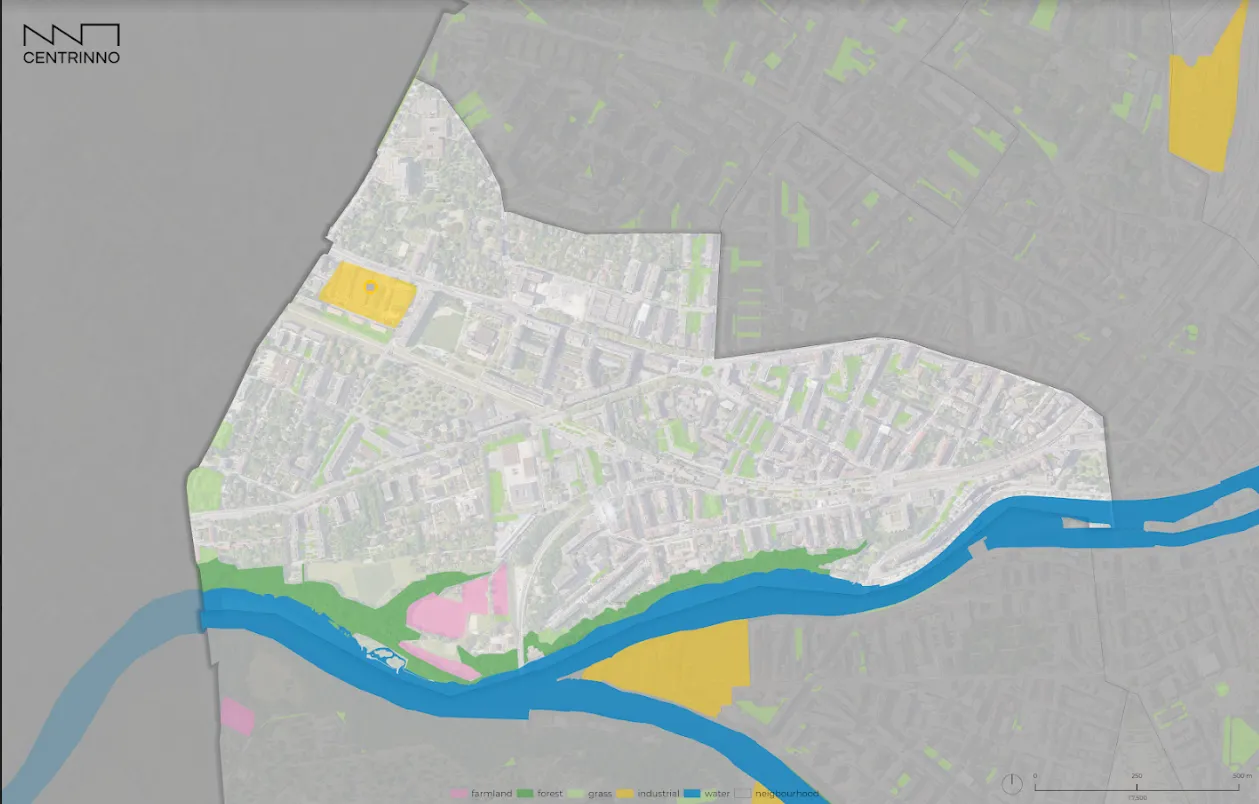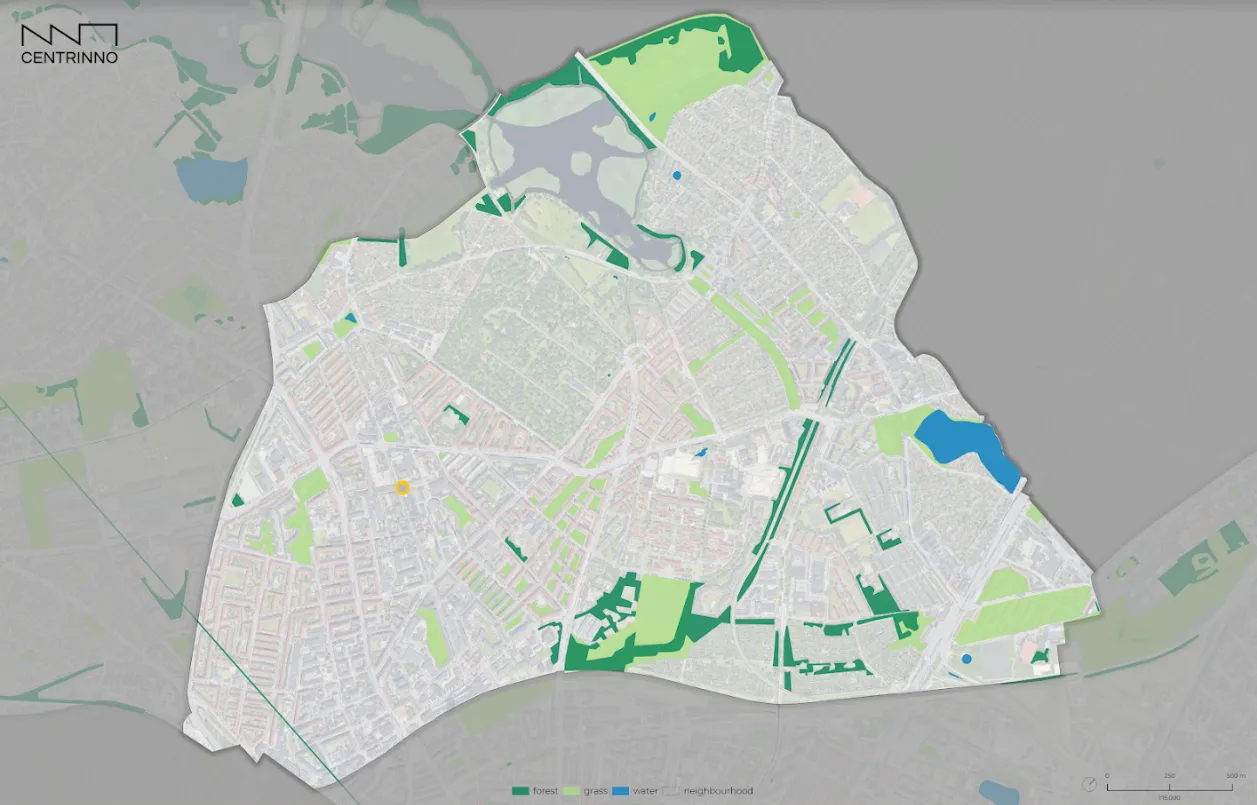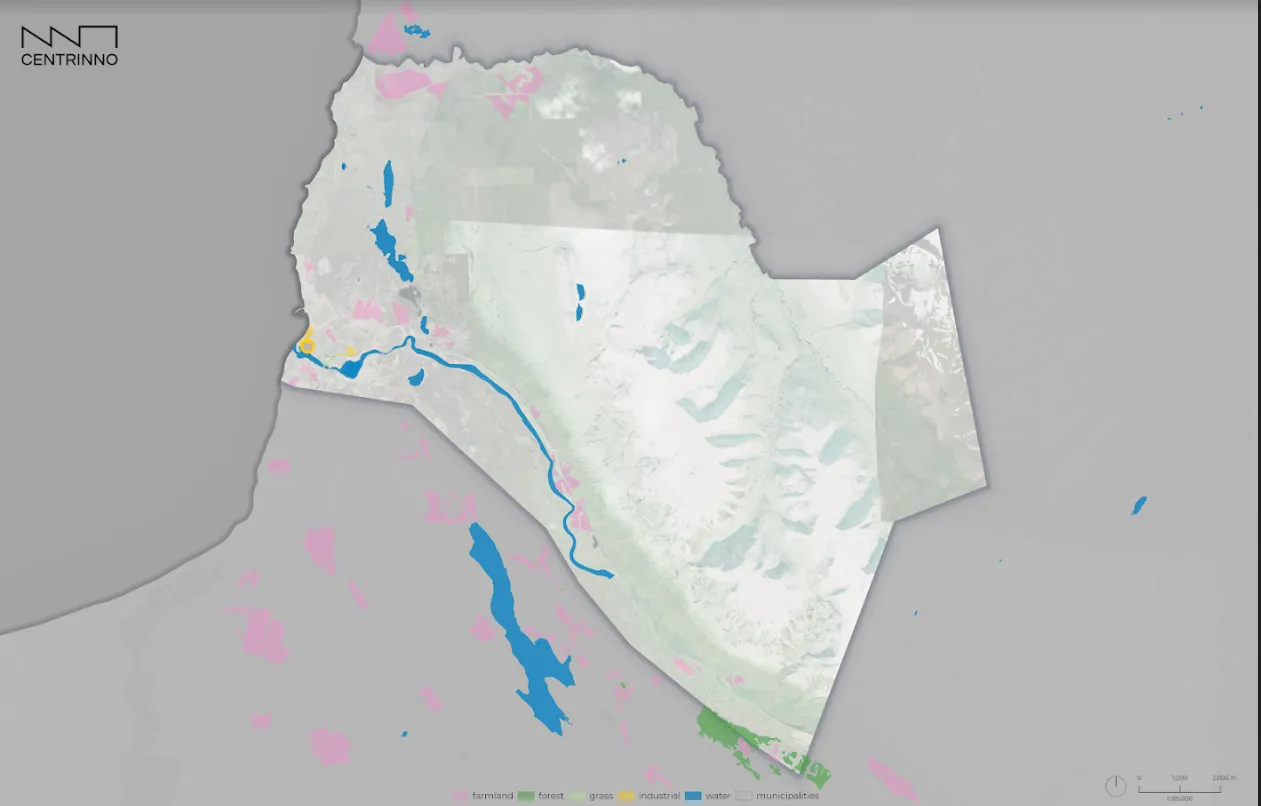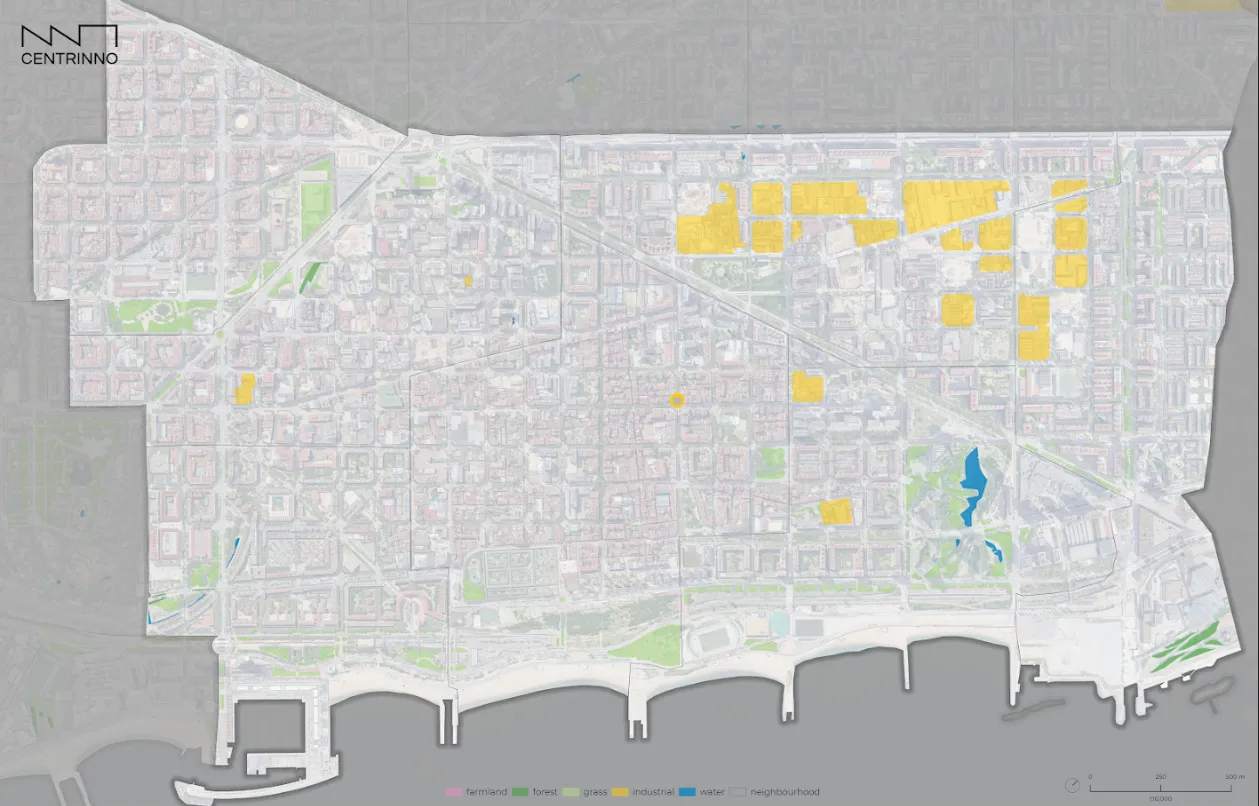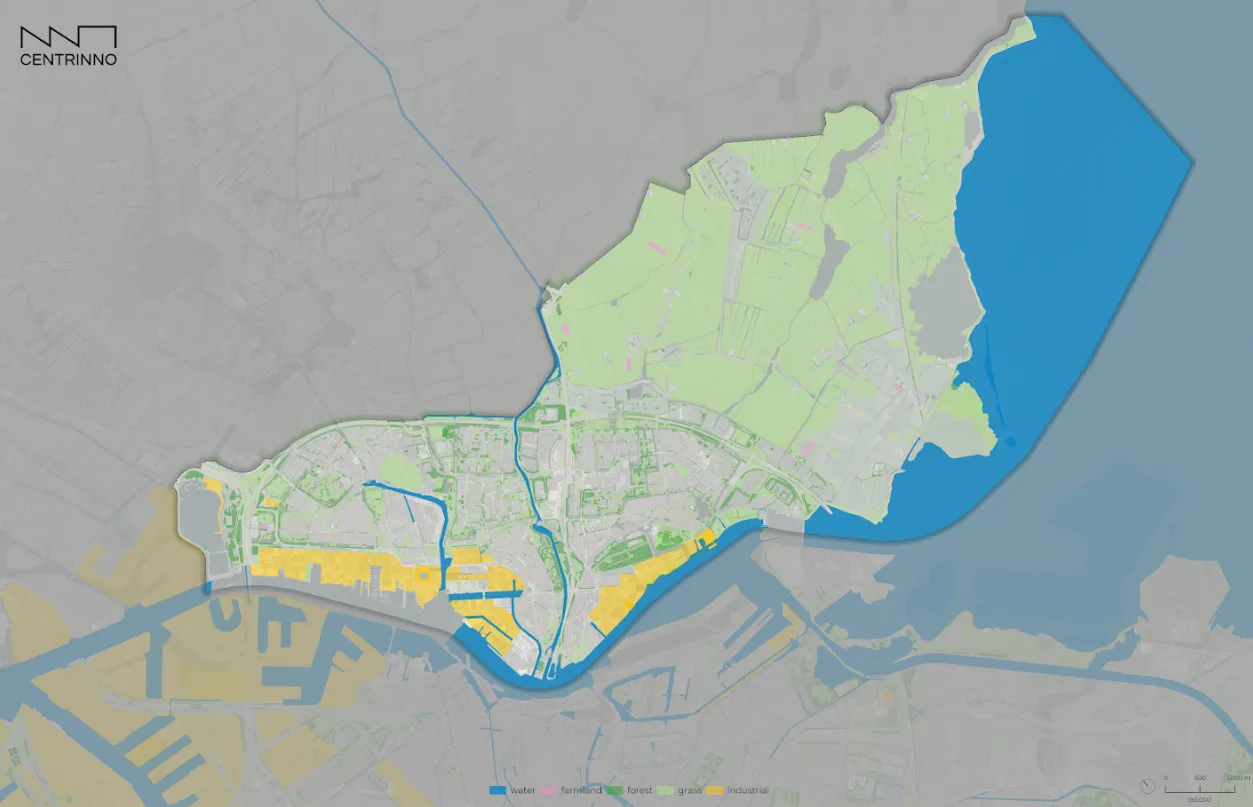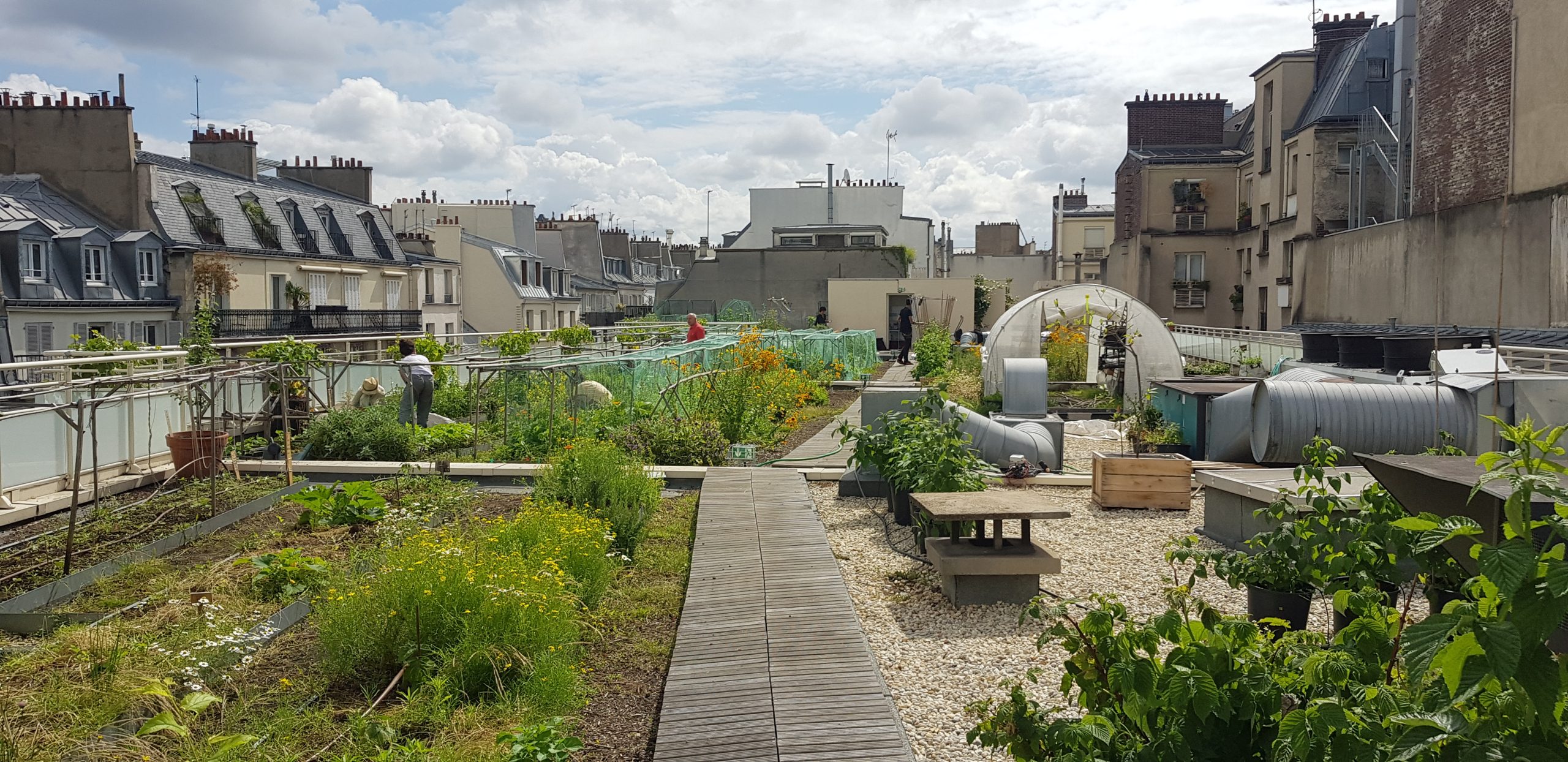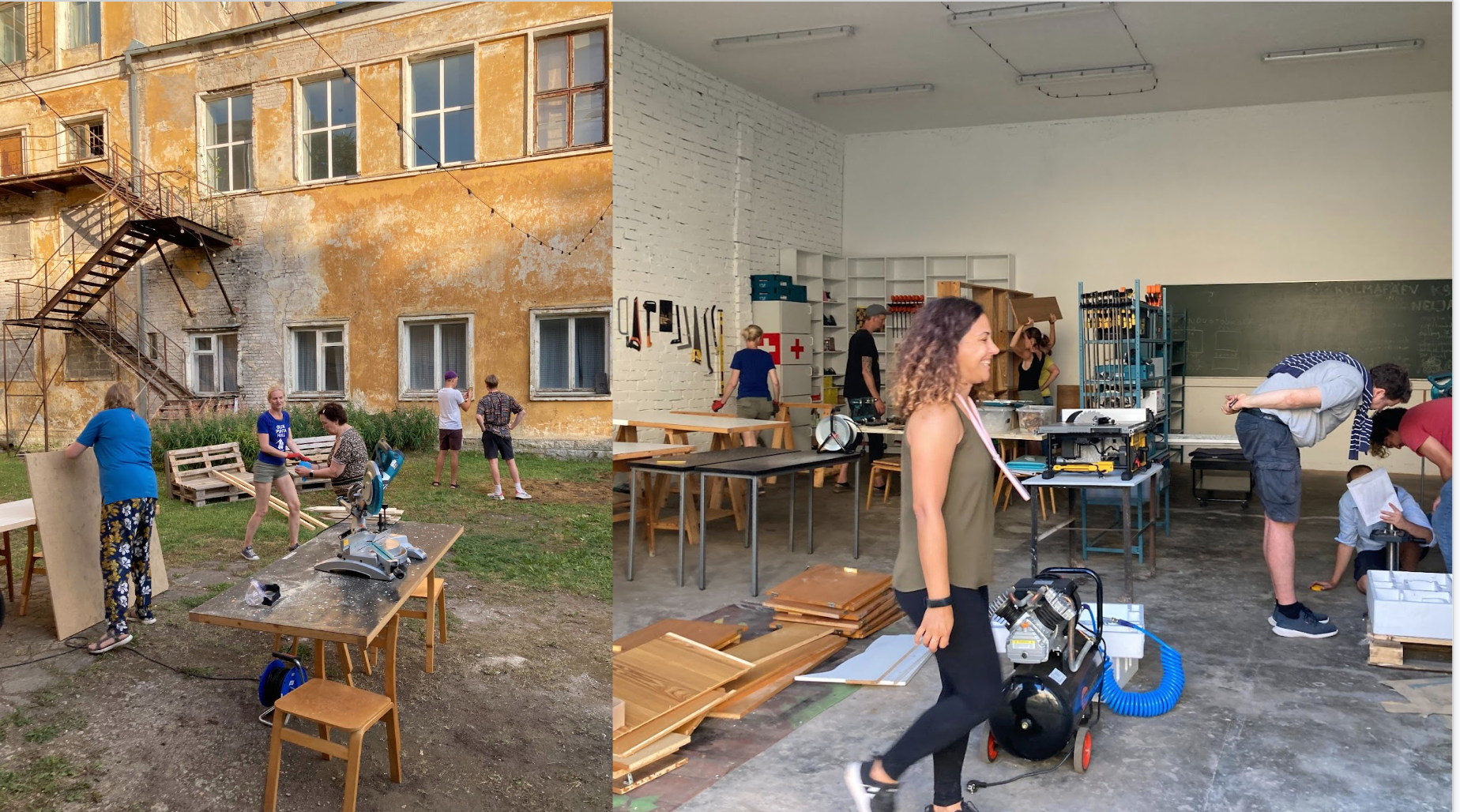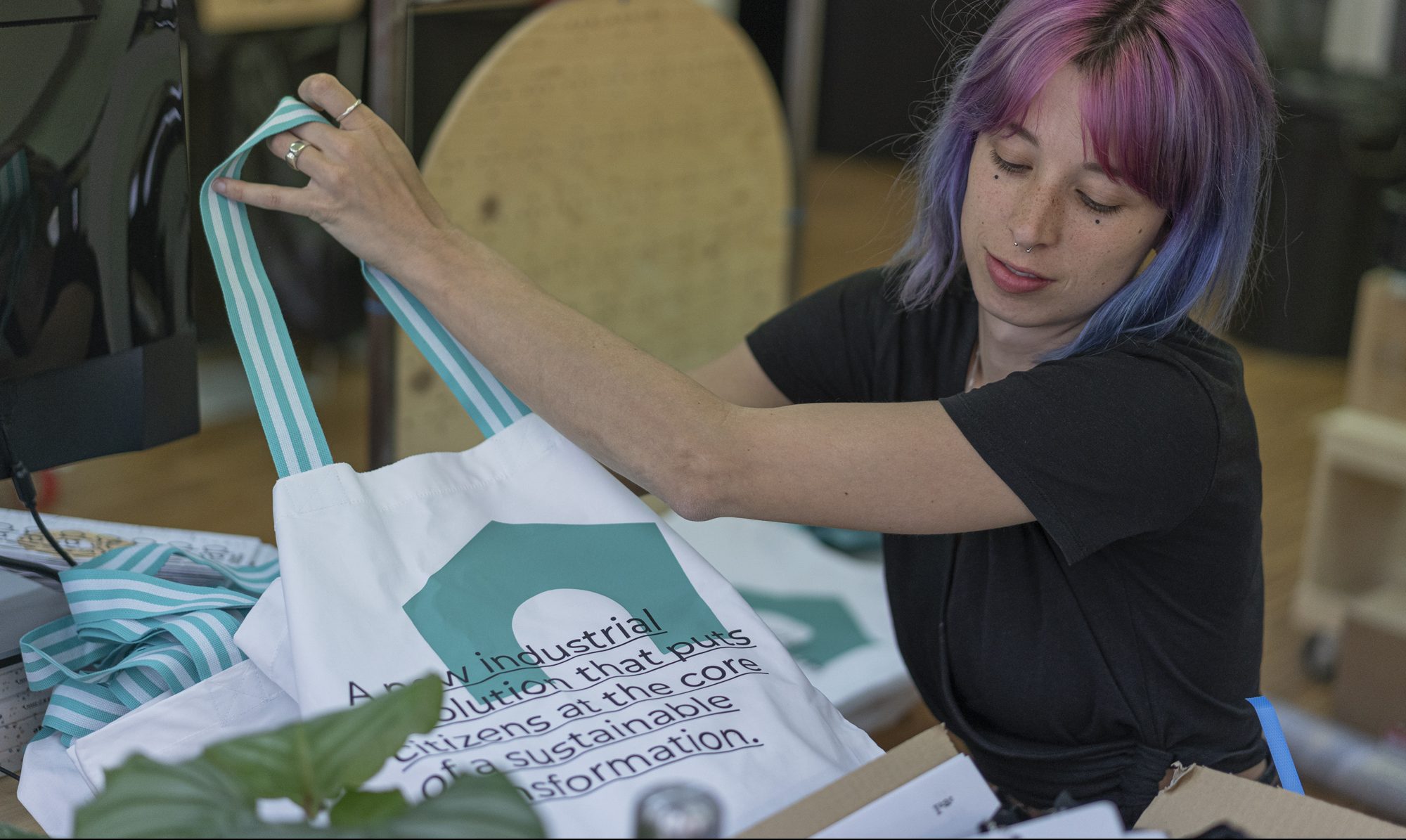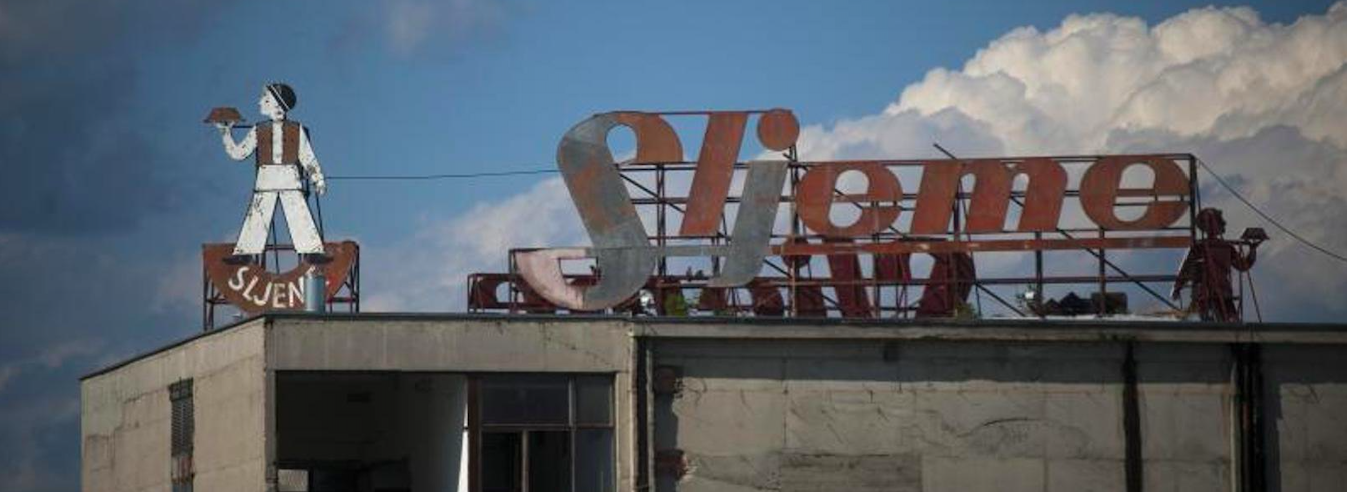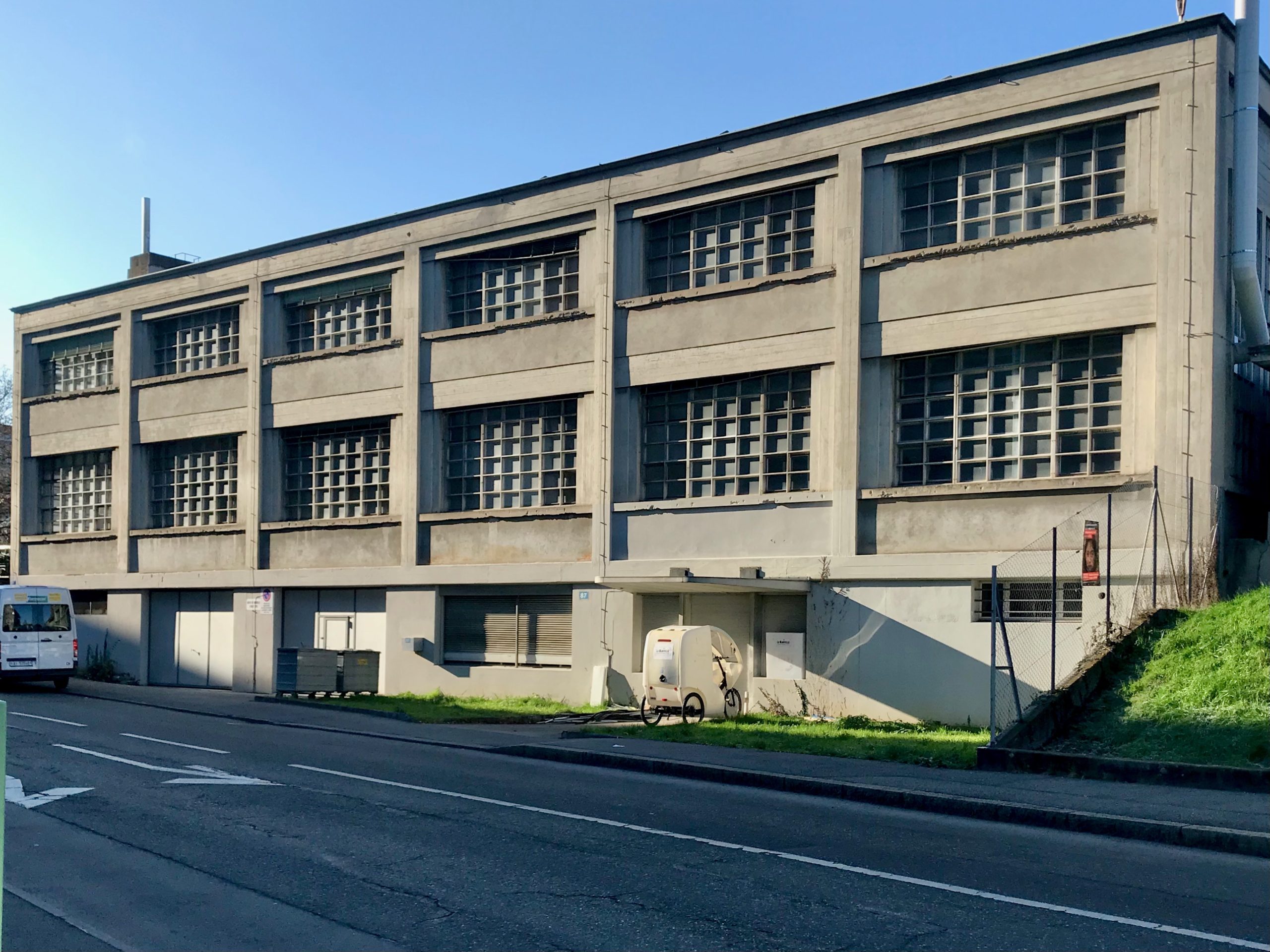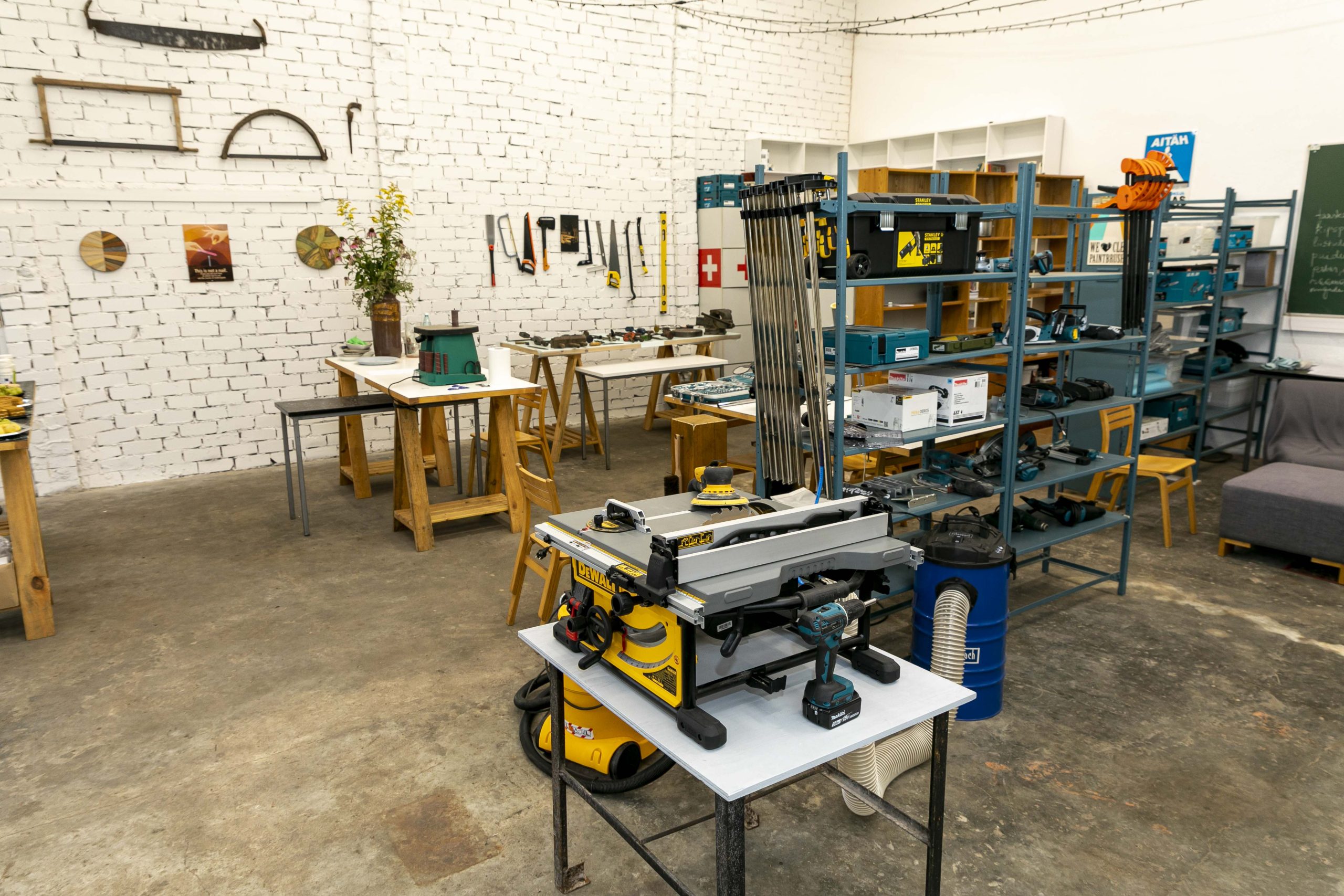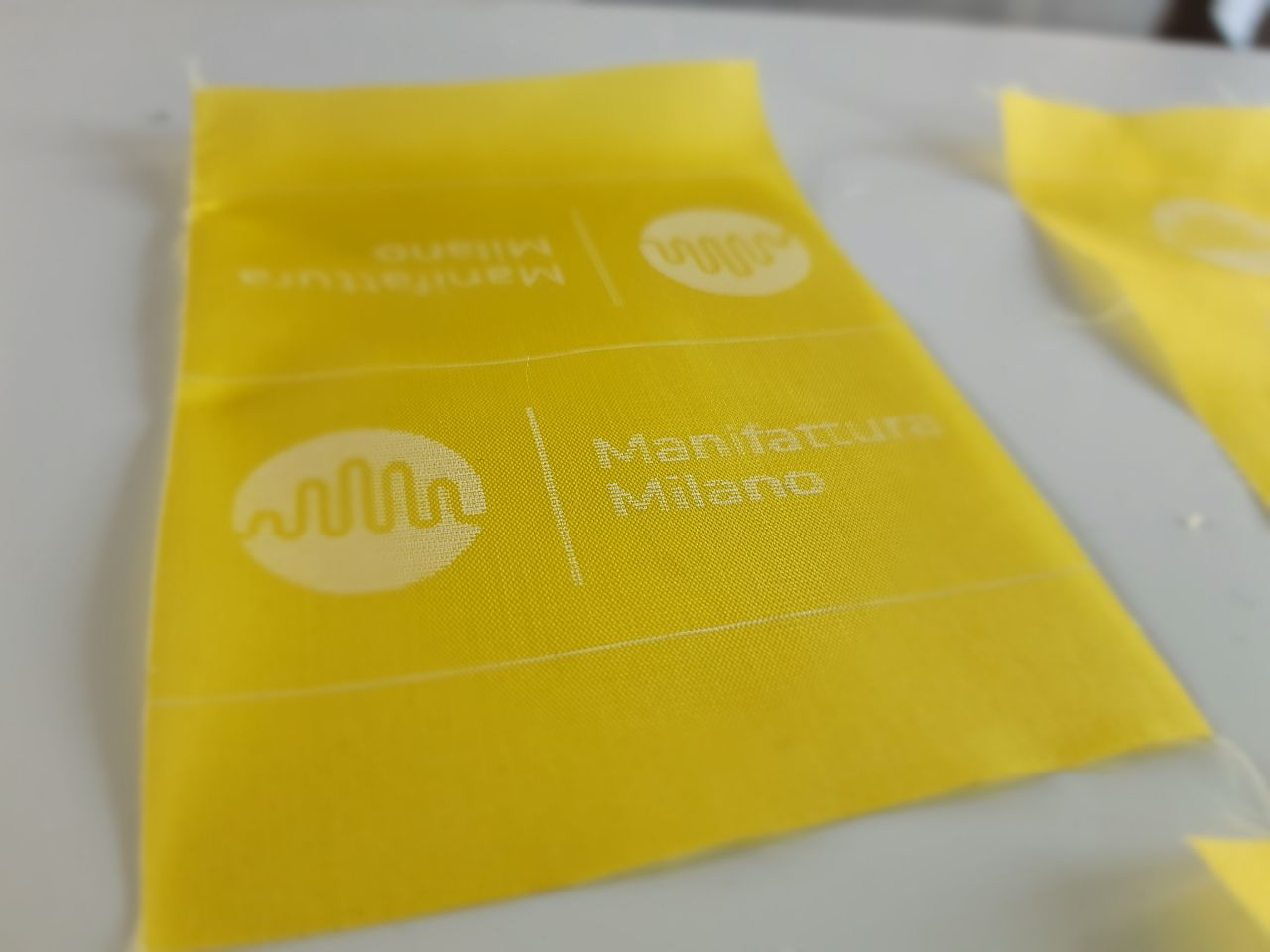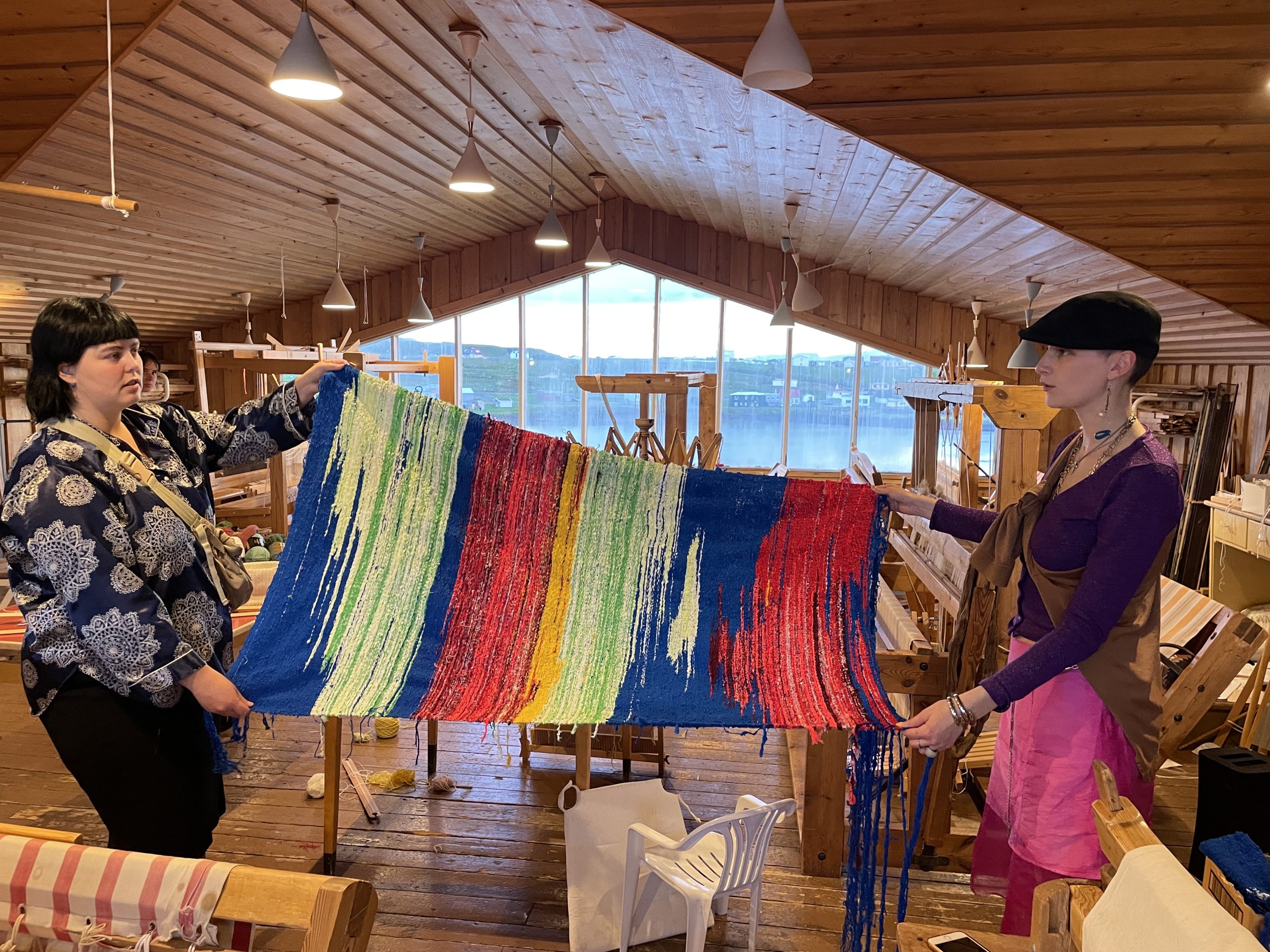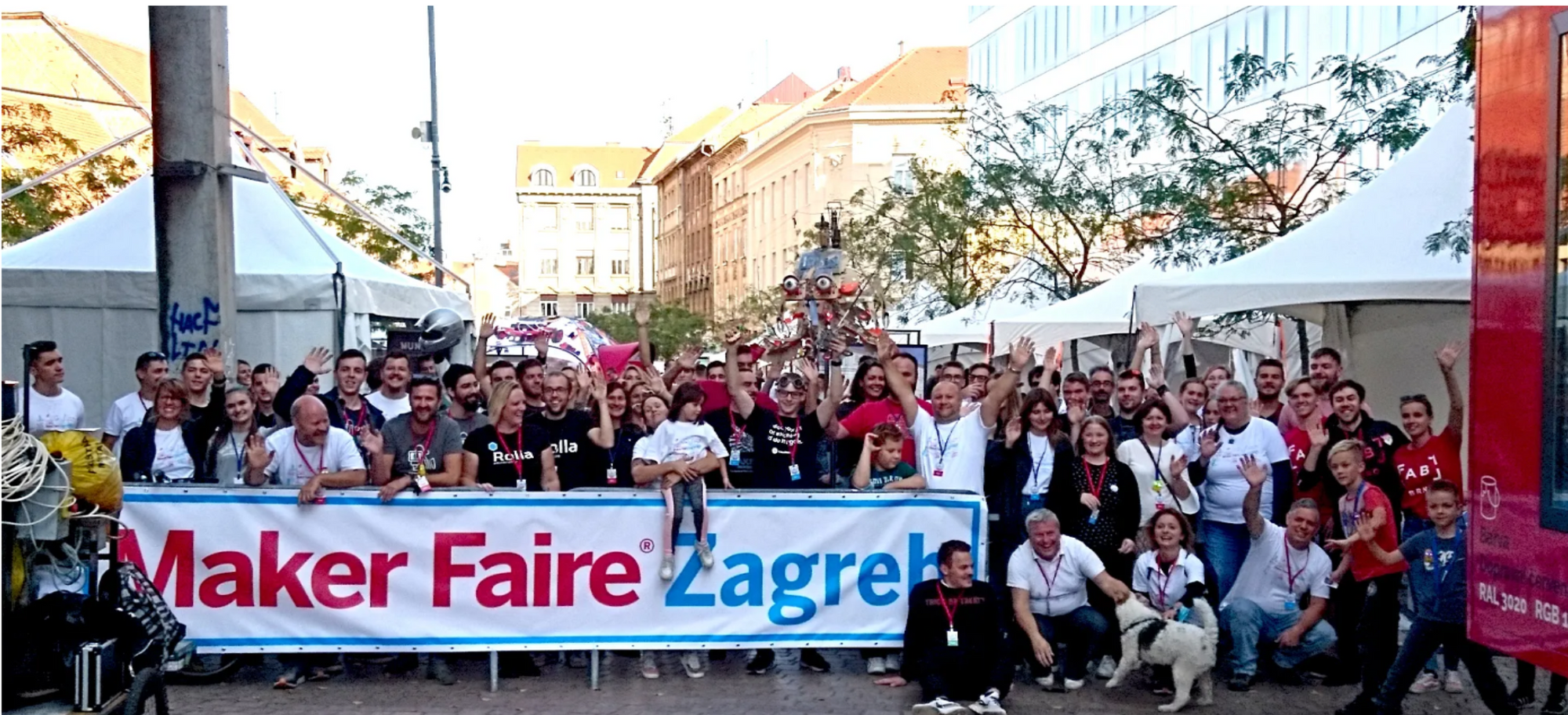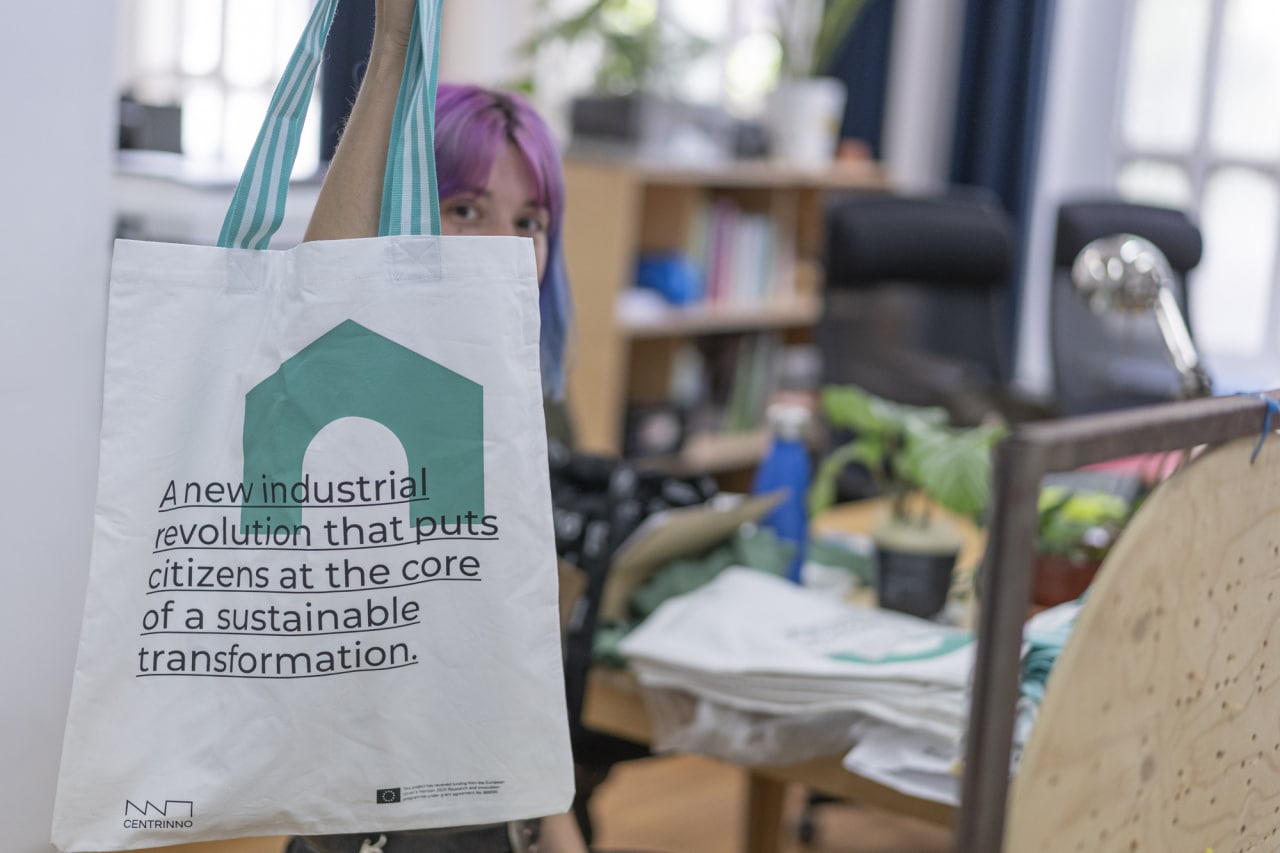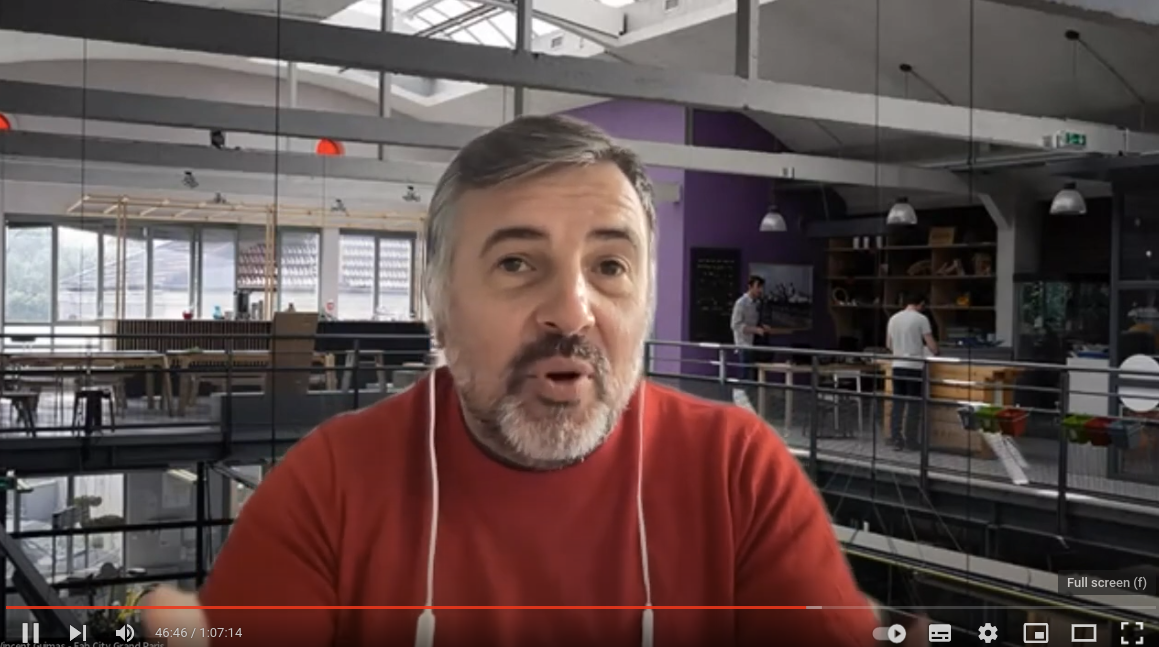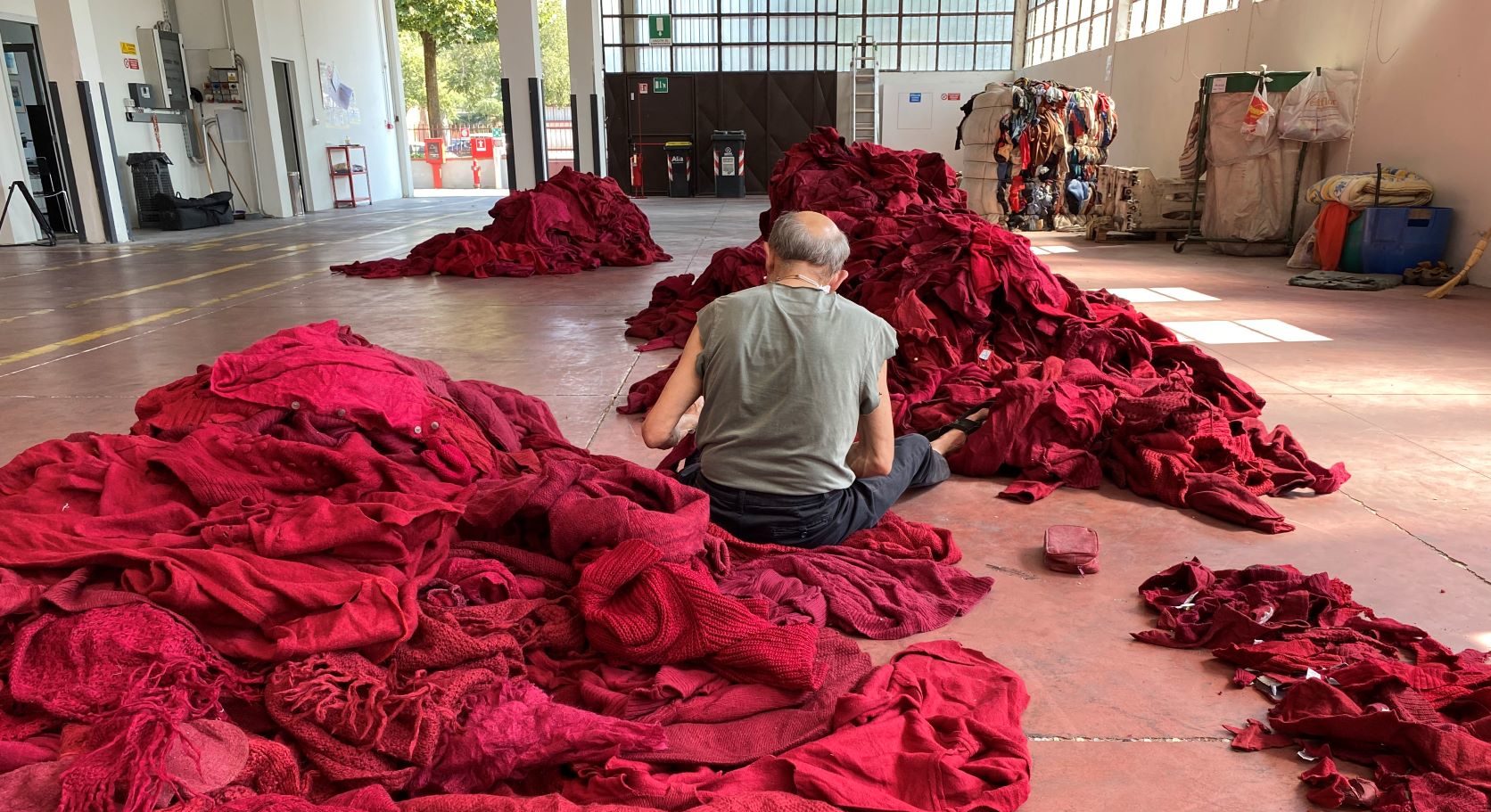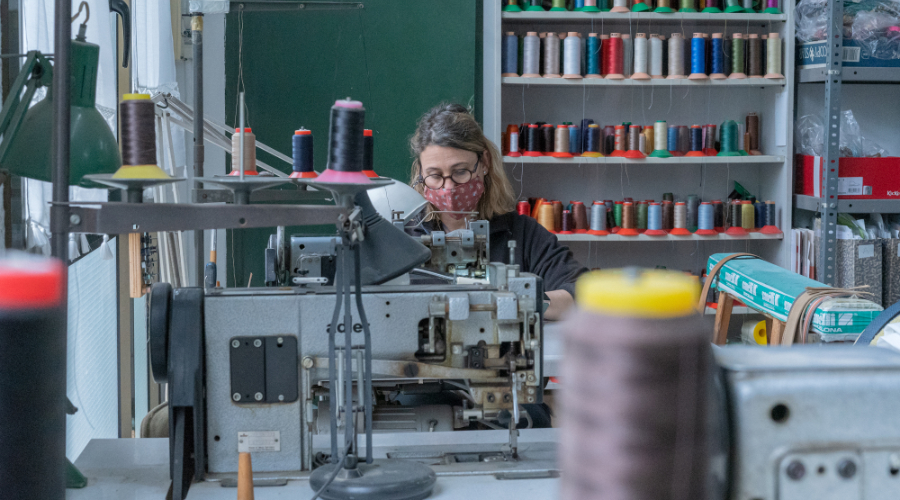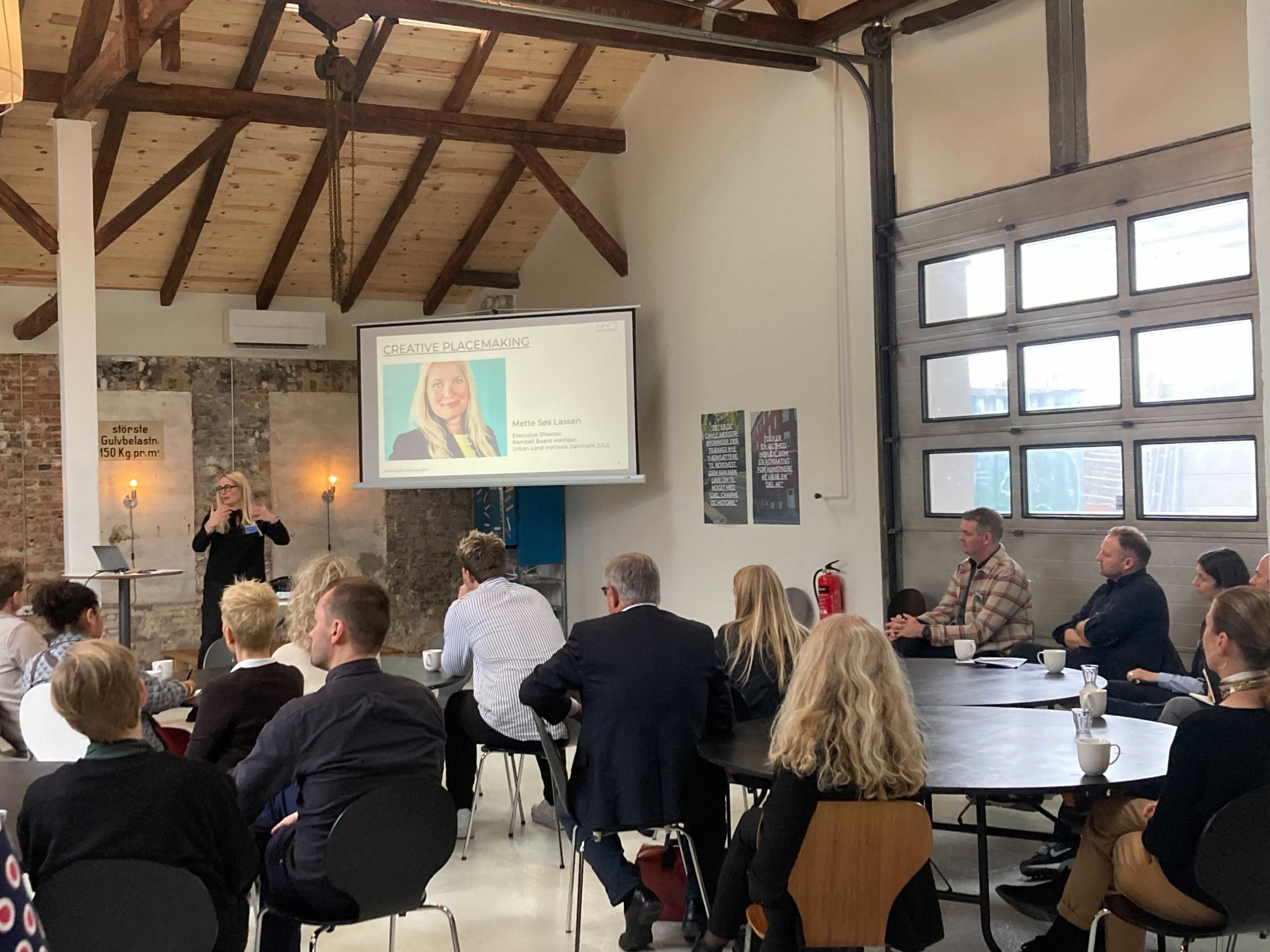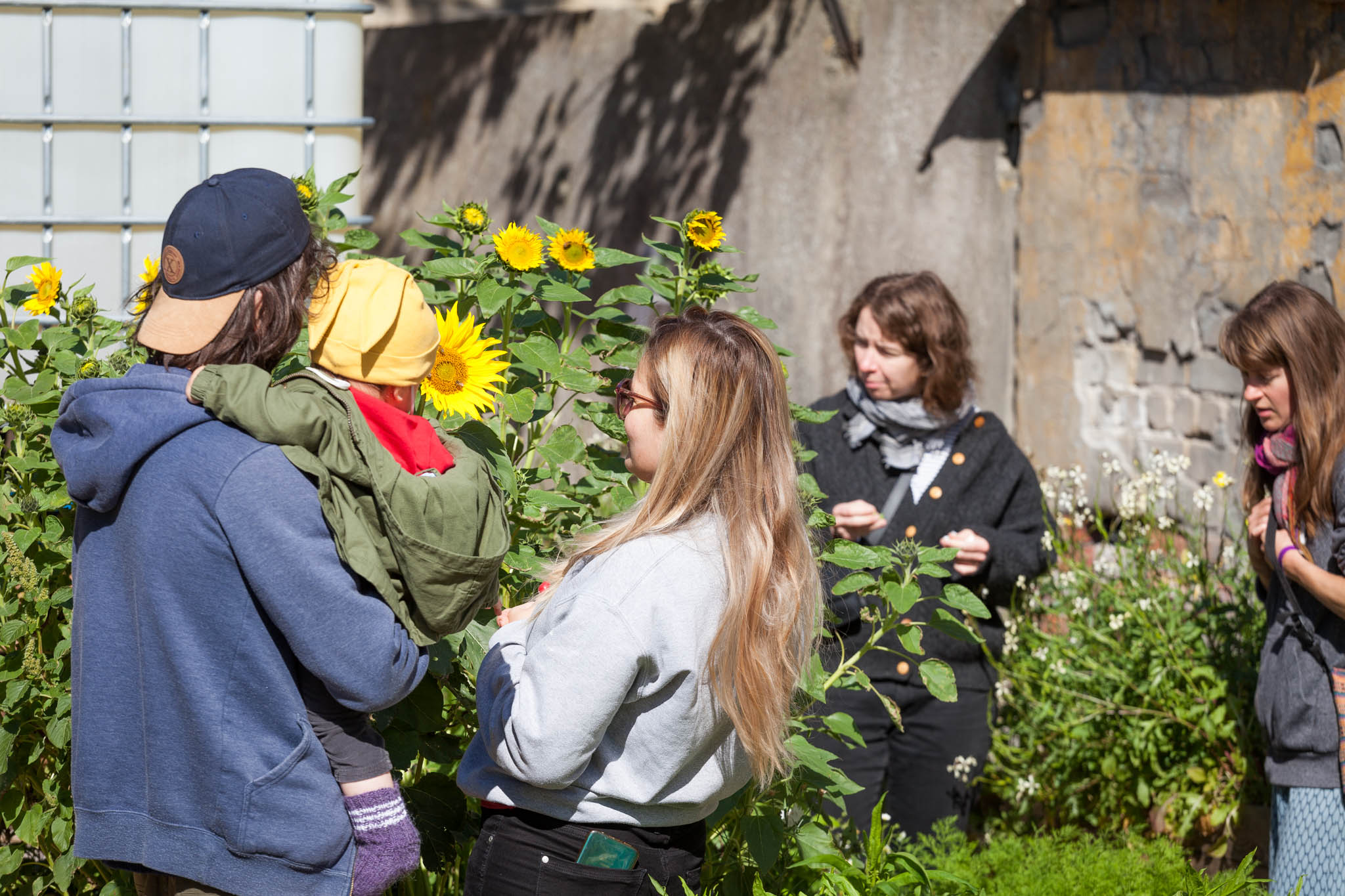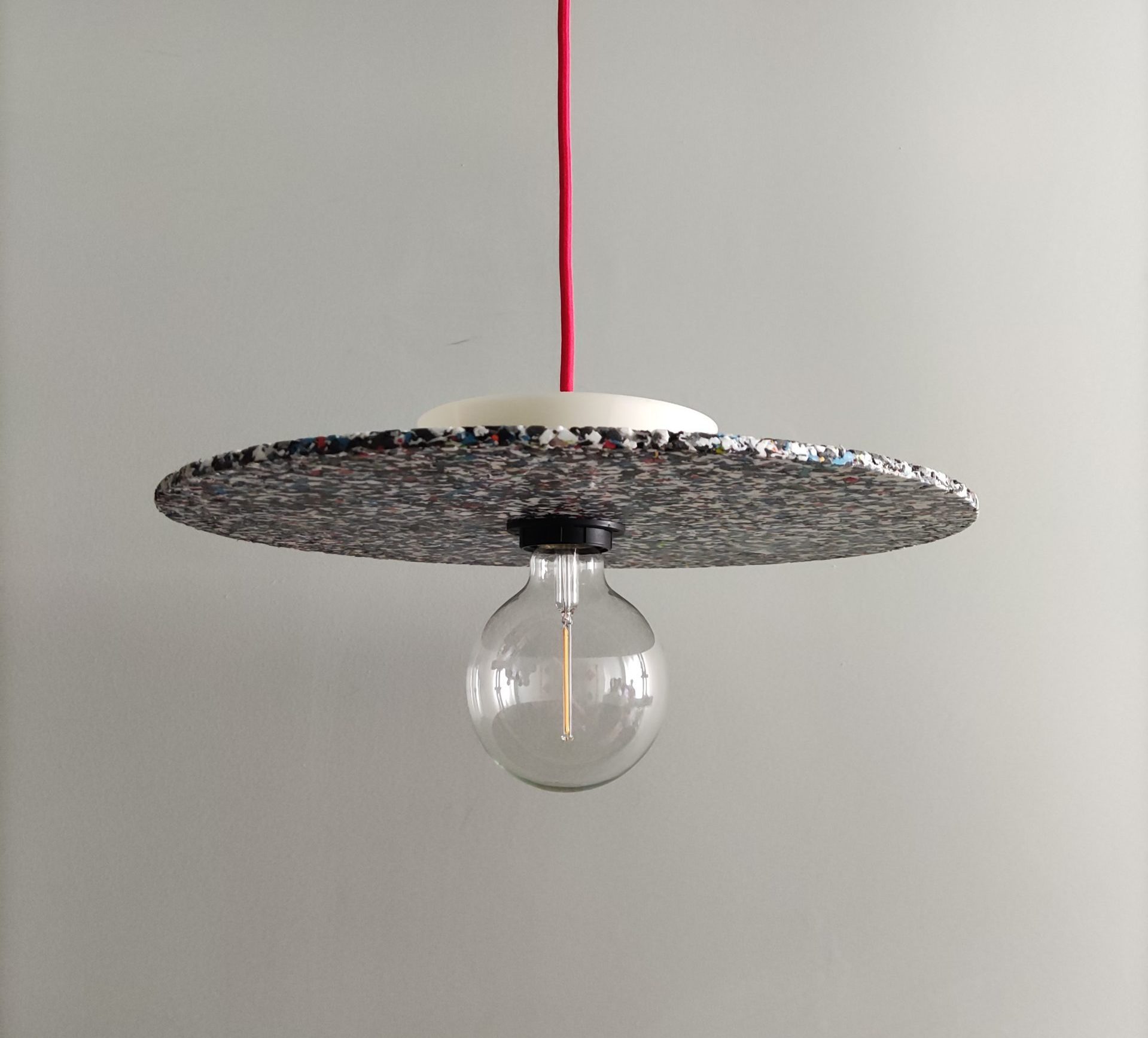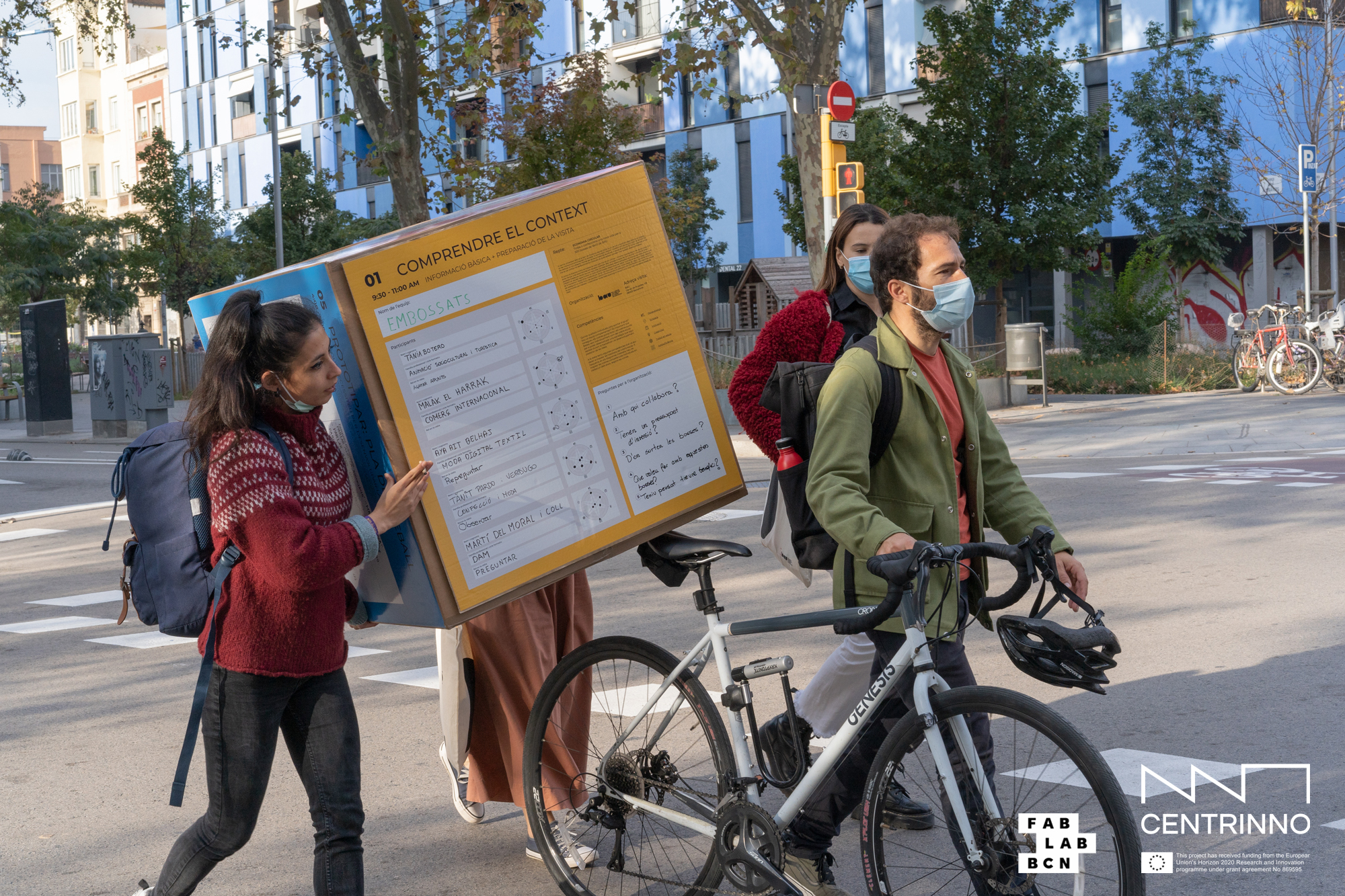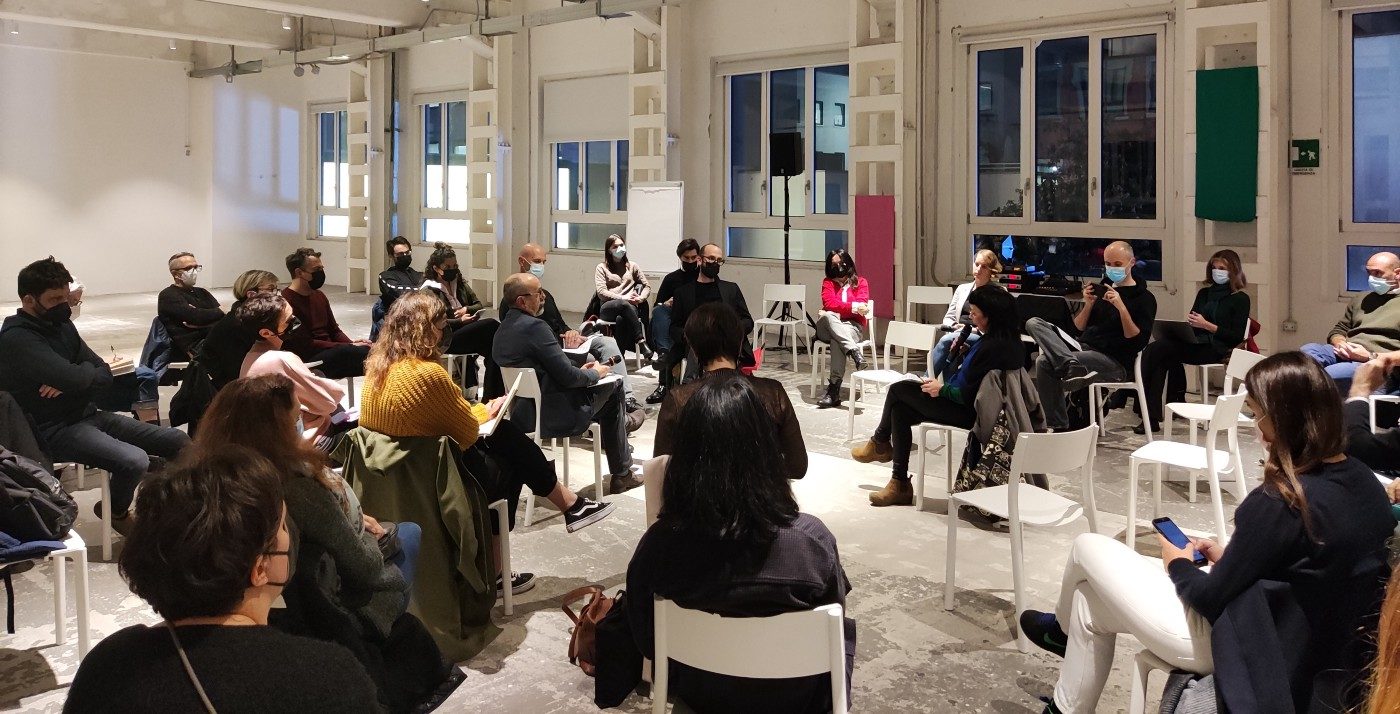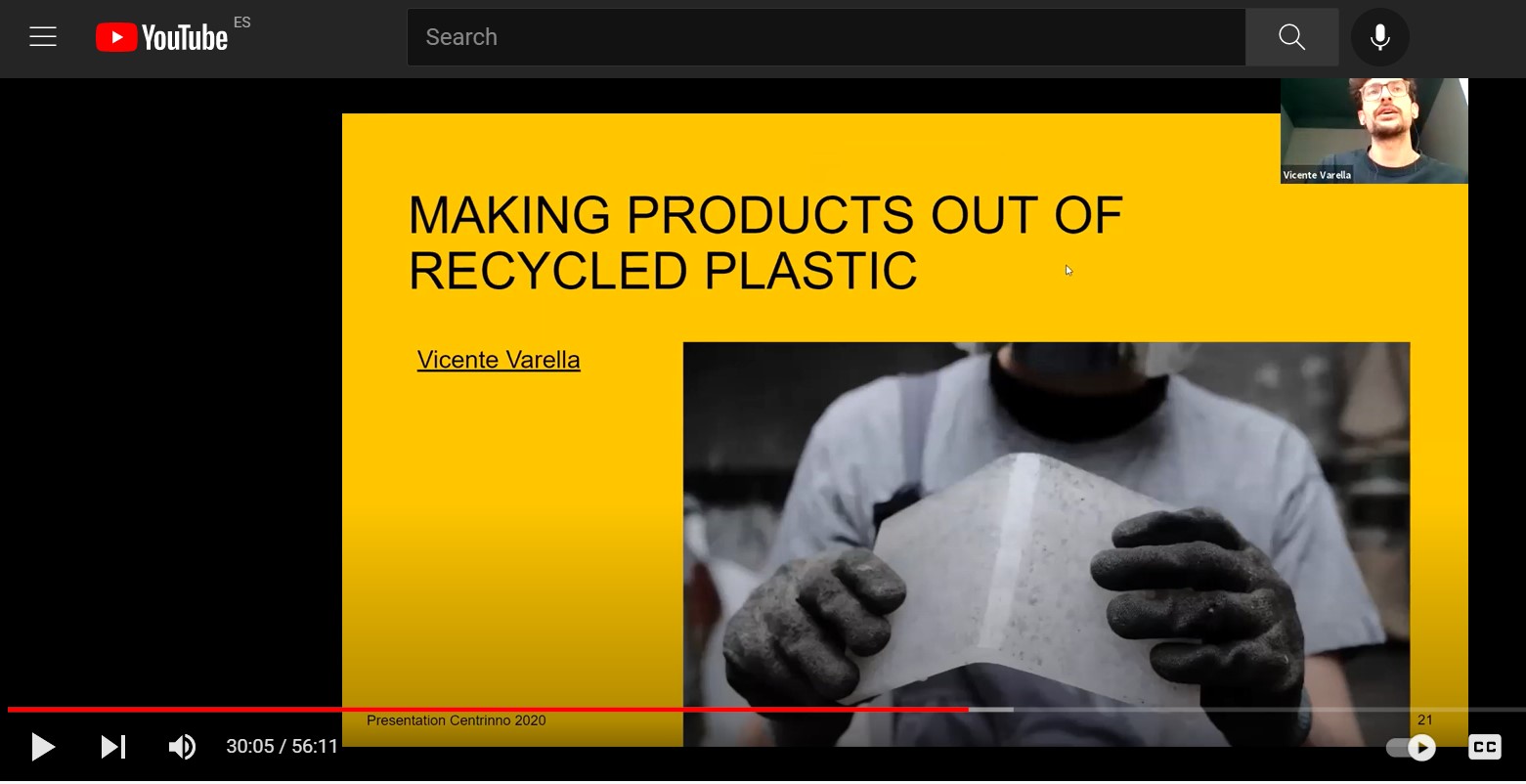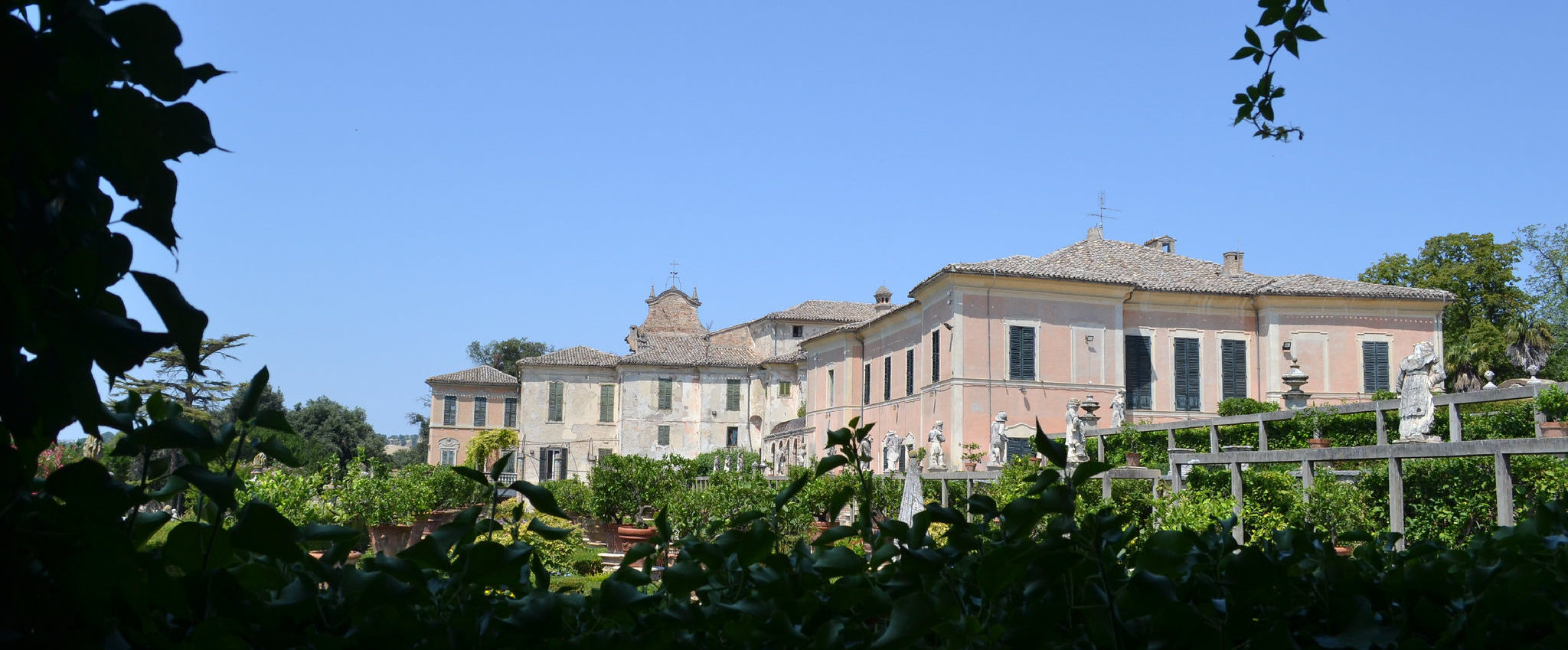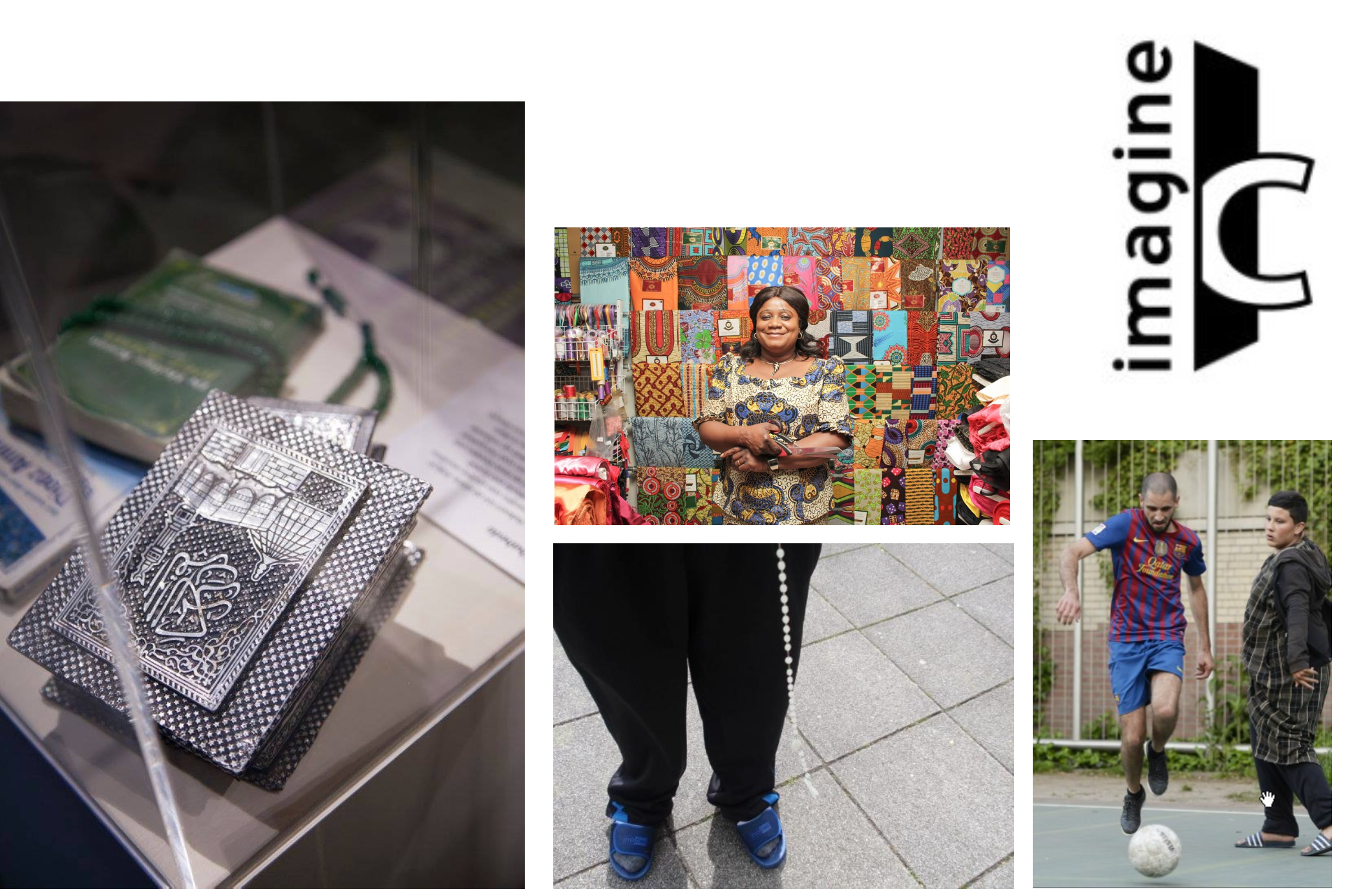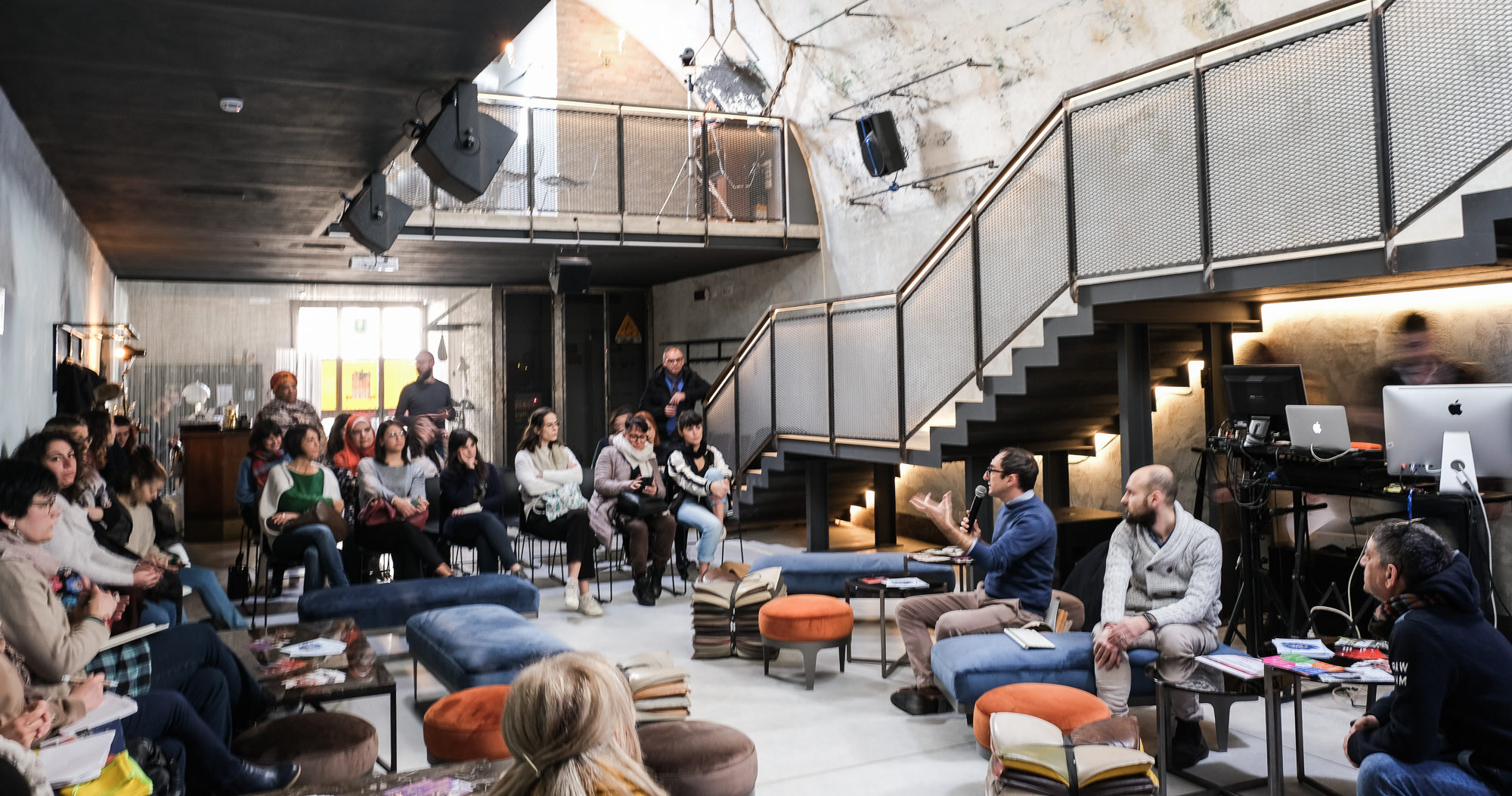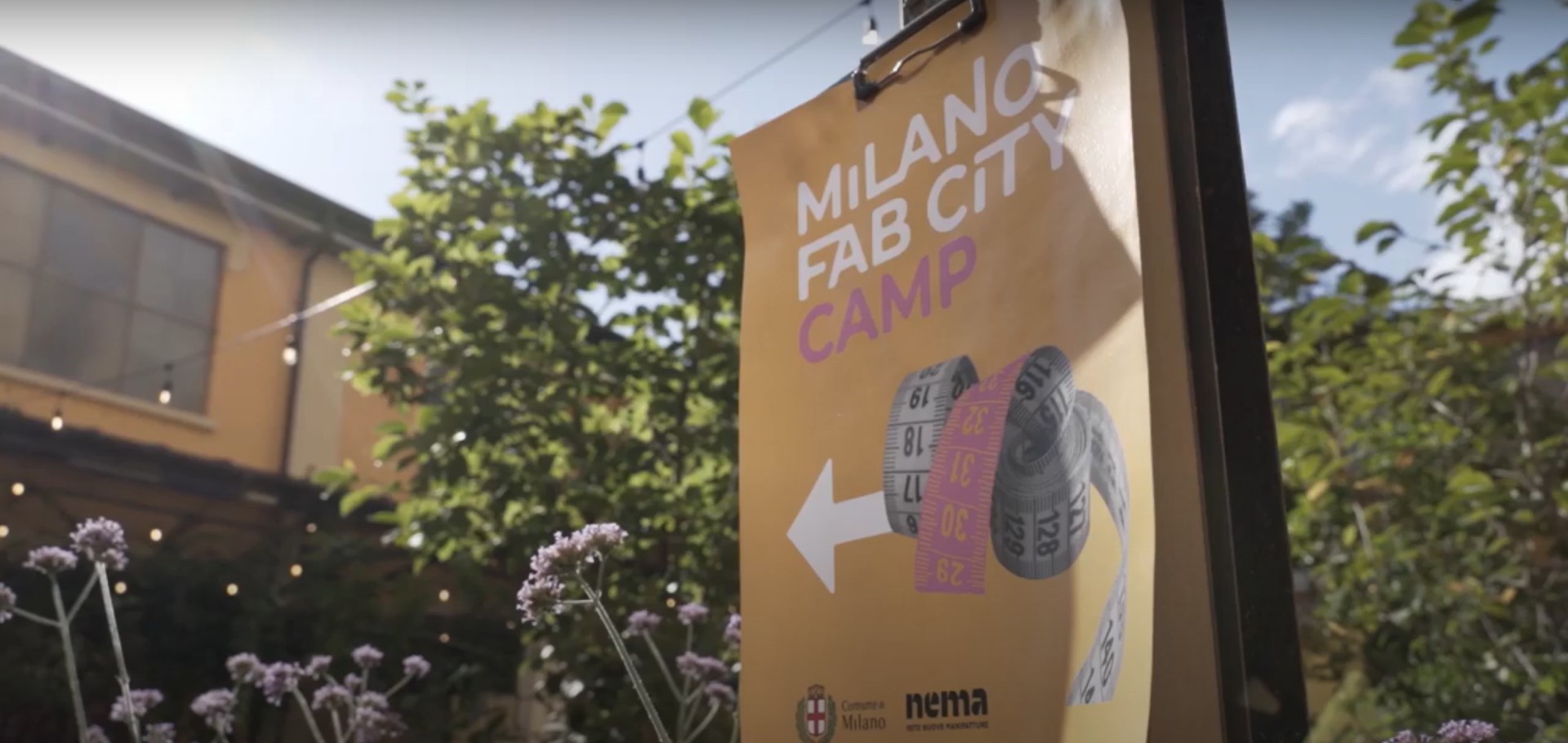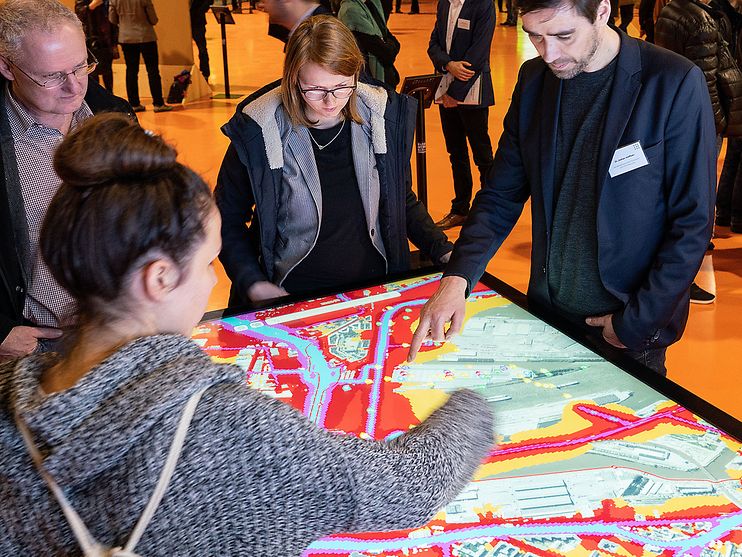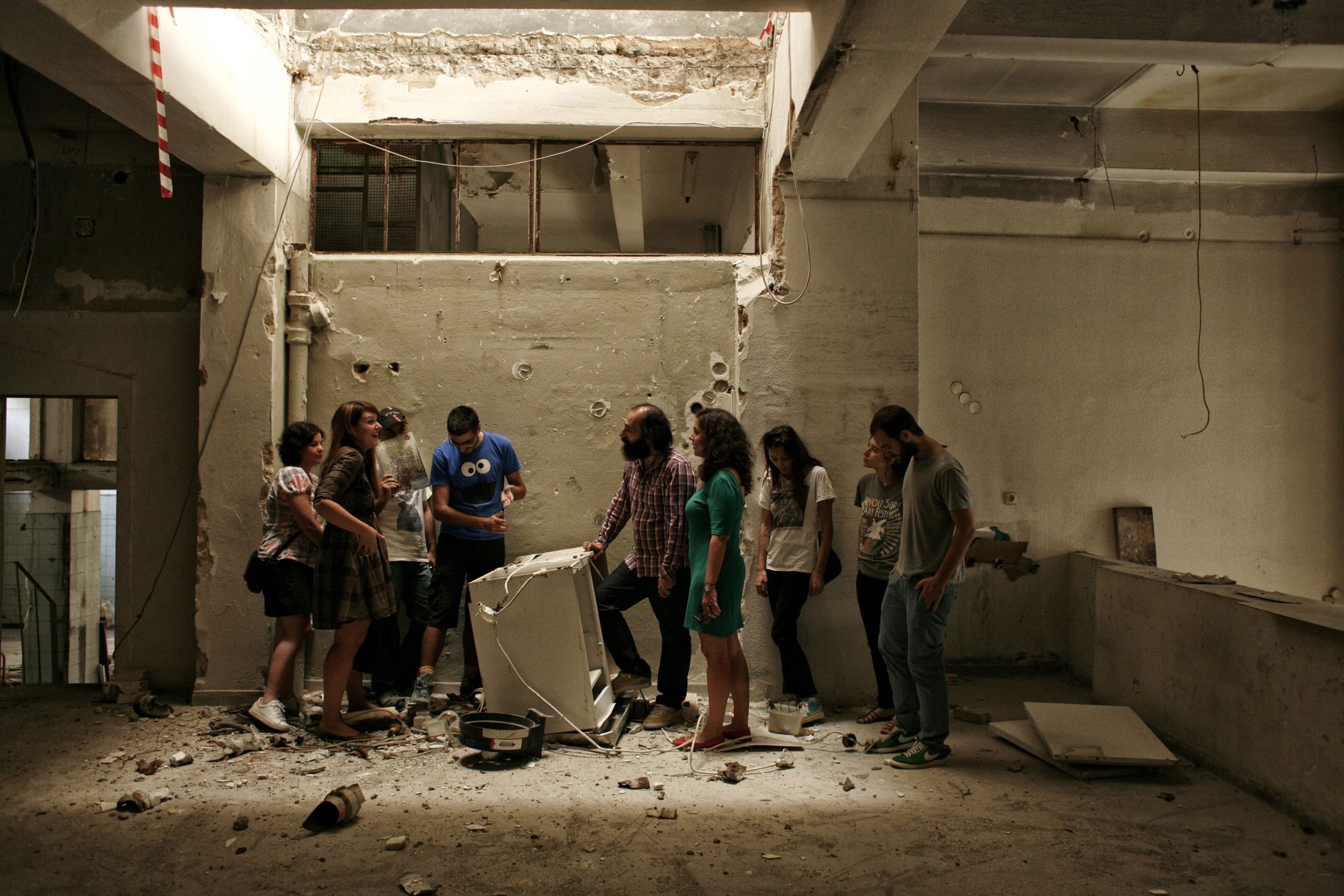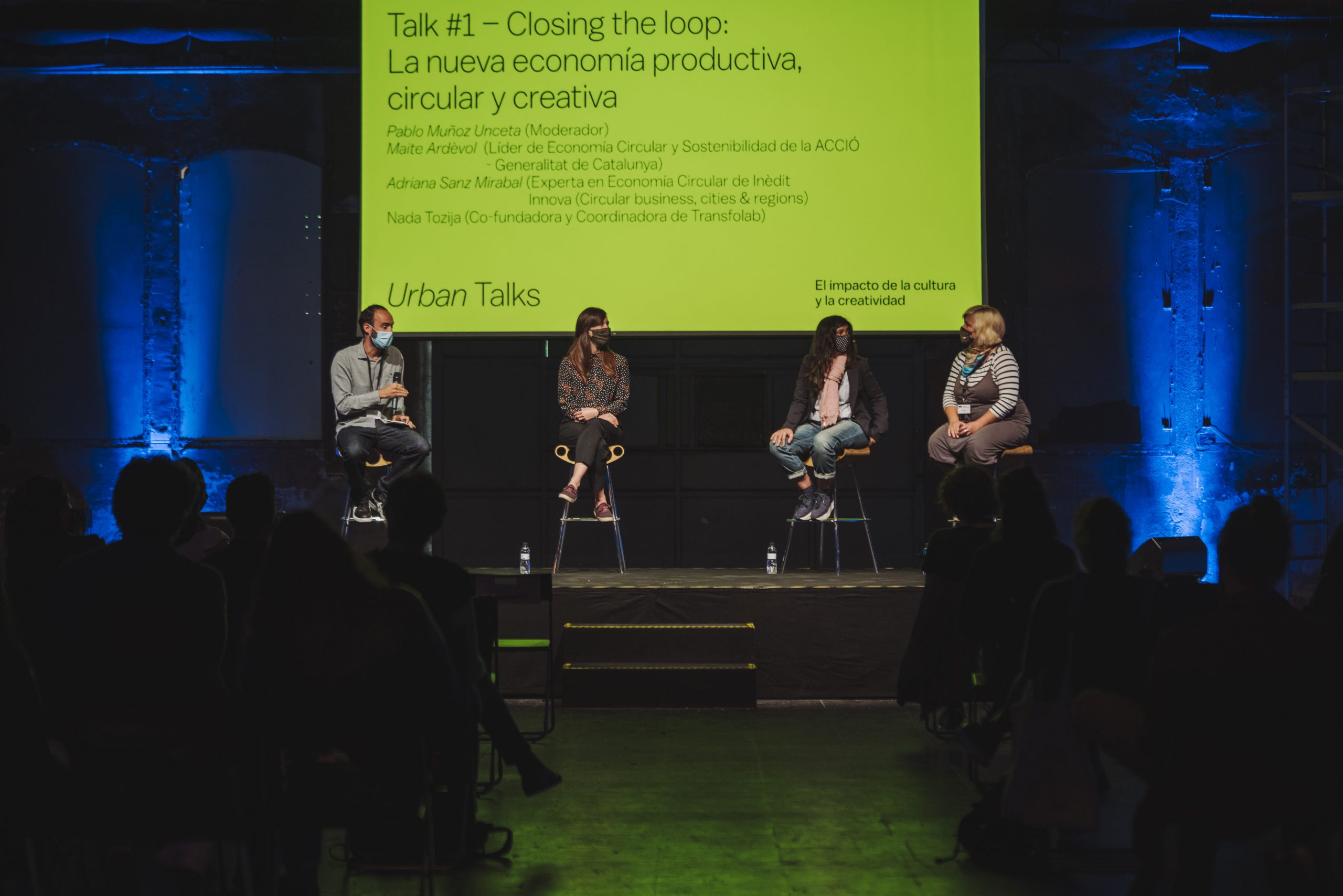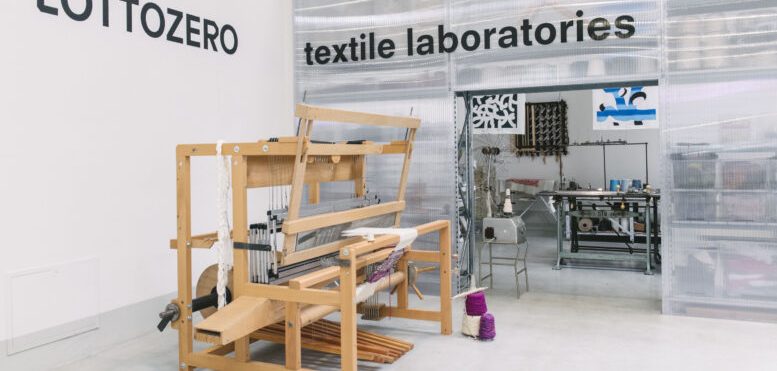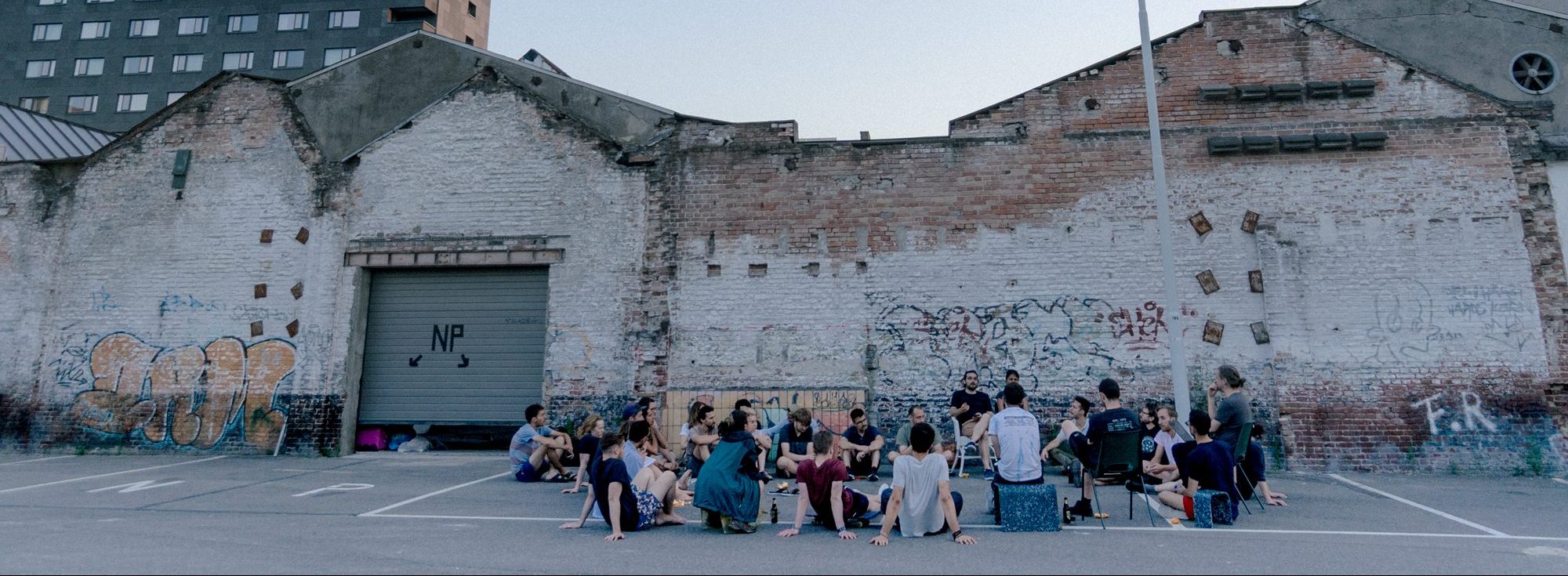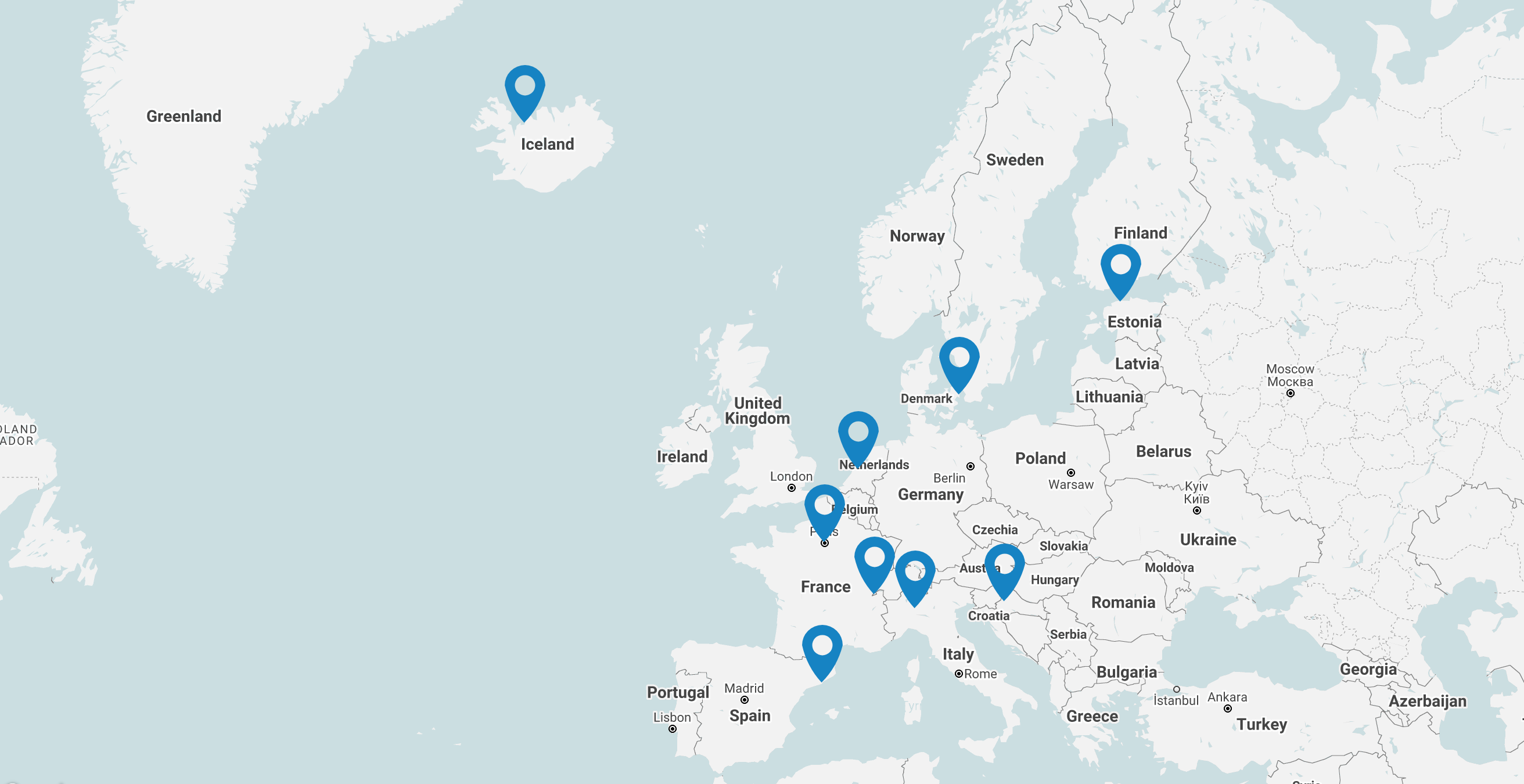BLOG
The final event of the CENTRINNO project accompanied a large audience of external experts, practitioners, researchers and local public authorities across the key project outputs, methods and tools. The journey engaged the public with narratives coming from the unique pilot stories across nine cities in Europe. The Consortium has been working thoroughly in the past months to prepare for the long term exploitation of local experiences, project approaches and tools. This final event has represented the first mile of what we believe it can become a long lasting legacy for CENTRINNO.
Each of the sections below reproduces the presentation of the key outputs of the project as narrated during the event. The presentations are complemented by the key messages provided by the external experts invited to comment on the CENTRINNO journey.
CENTRINNO Handbook
Check out the presentation here.
Expert Feedback – Francesca Rosso – European Training Foundation
The expert focused on the pivotal role of learning ecosystems in fostering innovation, economic inclusion, and community empowerment. To do so, the following key action points should be considered:
- Work on an actionable strategy to develop and leverage learning ecosystems, with a focus on personalized support and lifelong learning.
- Prioritise the development of skills that are critical for the future workforce and those that reflect he latest industry trends and emerging occupations.
- Foster collaboration among stakeholders, pushing for a holistic and collaborative approach to education and skills development.
CENTRINNO Cartography
Check out the presentation here.
CENTRINNO Living Archive
Check out the presentation here.
Fab City Hubs Toolkit
Check out the presentation here.
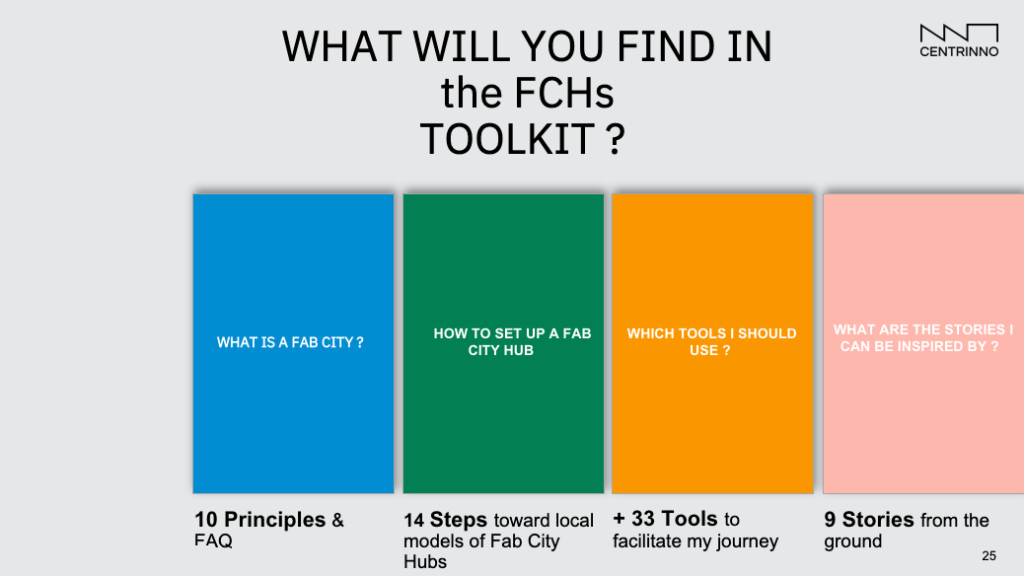
Expert Feedback – Daniela Patti – Eutropian
The expert focused on some of the key learnings that should be promoted and carried
forward beyond the CENTRINNO boundaries in the future:
- Mapping should not limit to the physical and spatial dimensions of places. In order to fuel sustainable regenerations it is key to capture the local ecosystem by mapping the flows of resources, the relationships within the community and the dynamics between the community and the decision making actors.
- It is important to foster a clearer understanding of the different governance models, administrative features and organisational practices of the local ecosystems. Being able to provide more certainty at EU level on the regulation that applies to social enterprises, cooperatives, formal or informal networks can make a difference in their engagement to
urban development. - Converging into a unified voice for positive lobbying (e.g. for policy tools, instruments, funding and platforms) at EU level is a strategic opportunity today as we are approaching a potential window for policy change with the EU elections.
- Sharing knowledge through the publication of articles, the organization of public events and conferences is essential for a long term legacy. In the same direction of settling and upscaling knowledge, it is key to facilitate peer to peer capacity building frameworks across European cities.
CENTRINNO Pilot Stories
Check out the presentation here.
Expert Feedback – Peter Ramsden – LDnet
The expert highlighted some of the key ingredients for success that emerge from the local
pilot stories of CENTRINNO. These elements make a difference during experiences of
implementation on the ground:
- Mobilising the policy arena, aligning to city-wide objectives (or viceversa through advocacy) and engaging local decision-making actors in pilot projects is a key success factor for ensuring a fertile ground (and regulatory provisions) for experimentation.
- Finding, establishing or creating synergies within the objectives of different thematic policy fields in order to fuel systemic change and engage a wider mass of citizens and stakeholders.
- Demonstrating the results and the added value through impact assessment frameworks and indicators should be a milestone for local development (across several social, cultural, economic and environmental dimensions) so to avoid the dead weight effect
with respect to a baseline scenario. - The challenge of mainstreaming the results of the pilot experimentation shall be pursued through the spread of knowledge, expertise and concrete experiences so to promote their upscale.
CENTRINNO Impact Assessment
Check out the presentation here.
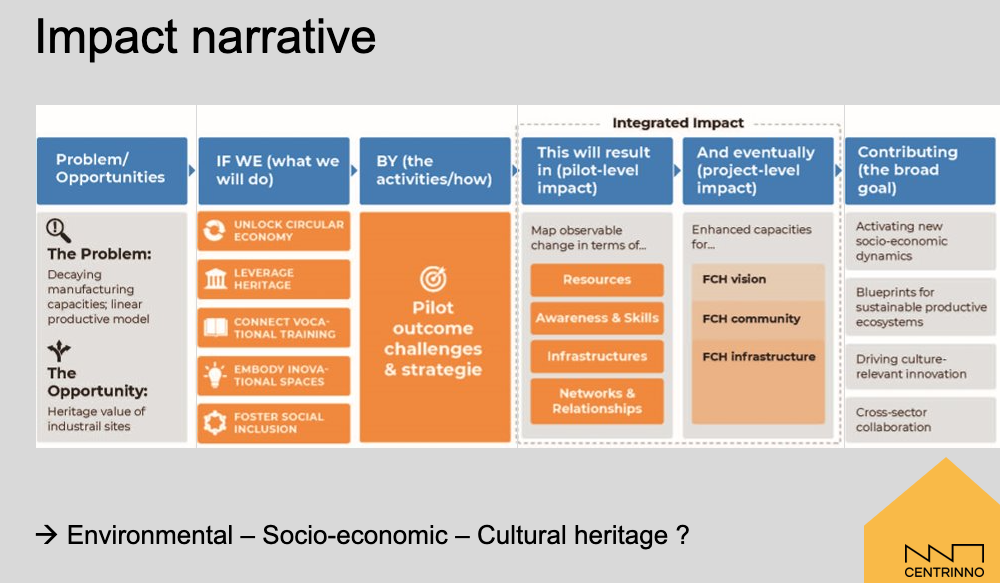
CENTRINNO Blueprints and Policy Guidelines
Check out the presentation here.
CENTRINNO Legacy – Closing Words
The CENTRINNO experiences contributed to shape a common vision for local development across the five thematic principles (Heritage, Social Inclusion, Circularity, Vocational Training and Innovation Spaces) and their local declination throughout the nine European cities. This common vision is itself a core element of the legacy of the project and it will continue to be applied by people and institutions in the continuation of their professional life and in the implementation of urban development activities.
Beyond the intrinsic legacy that belongs to CENTRINNO actors, the dissemination of project results in European frameworks for knowledge sharing holds a key role for the wider legacy of the project. To foster the upscale and wider uptake of the projects tools and methods it is essential to continue dissemination the CENTRINNO approach in formal and informal networks for exchange of practice. This work, already initiated by the Fab City Foundation within its network, can make a decisive contribution to secure a longer life to the CENTRINNO legacy.
A big round of applause to all the partners, and especially to their people, that made CENTRINNO such an enriching and fulfilling journey!
Future opportunities to continue building synergies
In the vein of fuelling the legacy of CENTRINNO also through concrete scenario of continued collaboration Maria Yeroyanni – Senior Expert at DG RTD, and Emanuela De Menna – Project Adviser at EC REA presented some funding opportunities for future projects. These opportunities are designed for paving the way towards climate neutral and smart cities objectives through urban transitions and partnership for local development.
- The EU Cities Mission under Horizon Europe aims to transform 100 European cities into climate-neutral innovation hubs by 2030, with a broader goal of all European cities achieving climate neutrality by 2050. This initiative involves drafting Climate City Contracts, enhancing citizen engagement, and fosters collaboration across various sectors.
- In order to facilitate the cities' transition towards climate neutrality, the EU Cities Mission received significant investment within the Horizon Europe program, amounting to EUR 359.29 million between 2021-2023, and additional financial support exceeding EUR 100 million from building synergies with other EU programs.
- The Global Urban Transitions Mission (UTM), co-launched with the Global Covenant of Mayors for Climate and Energy and other institutional supporters at COP26, extends the EU Cities Mission's objectives internationally, aiming to mobilize 300 cities worldwide by 2030 to advance their climate and energy action plans towards net-zero targets.
- The Driving Urban Transitions Partnership (DUT) also supports the EU Cities Mission and the UTM by focusing on urban sustainability through initiatives like the CapaCITIES project, aiming to establish national city networks that commit to the objectives of the EU Cities Missions’.
- DUT has launched calls resulting in 48 projects that address urban sustainability pillars such as the 15-minute city, energy-positive districts, and circular cities, with a total top-up budget of EUR 37 million for the first phase covering calls in 2022 and 2023.
